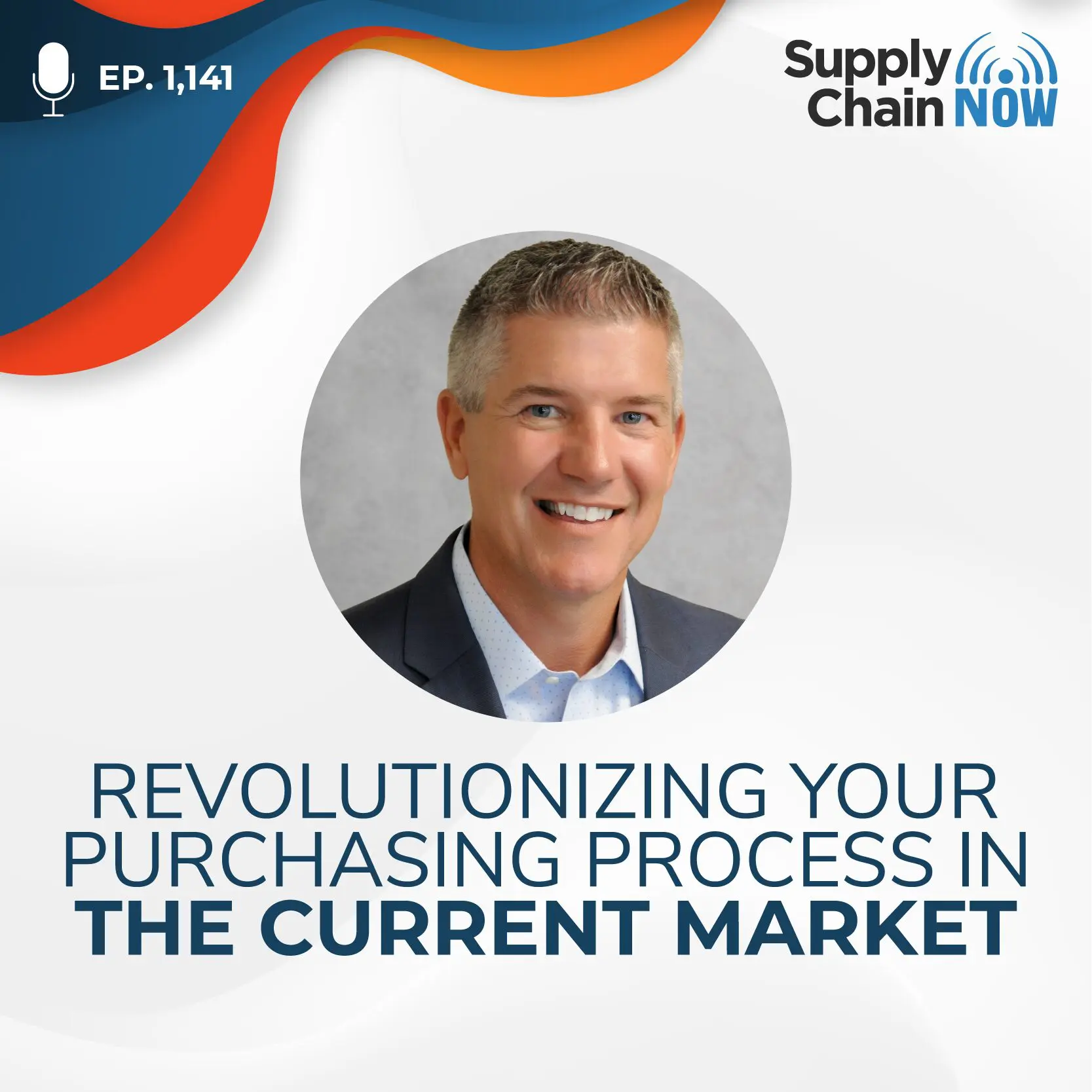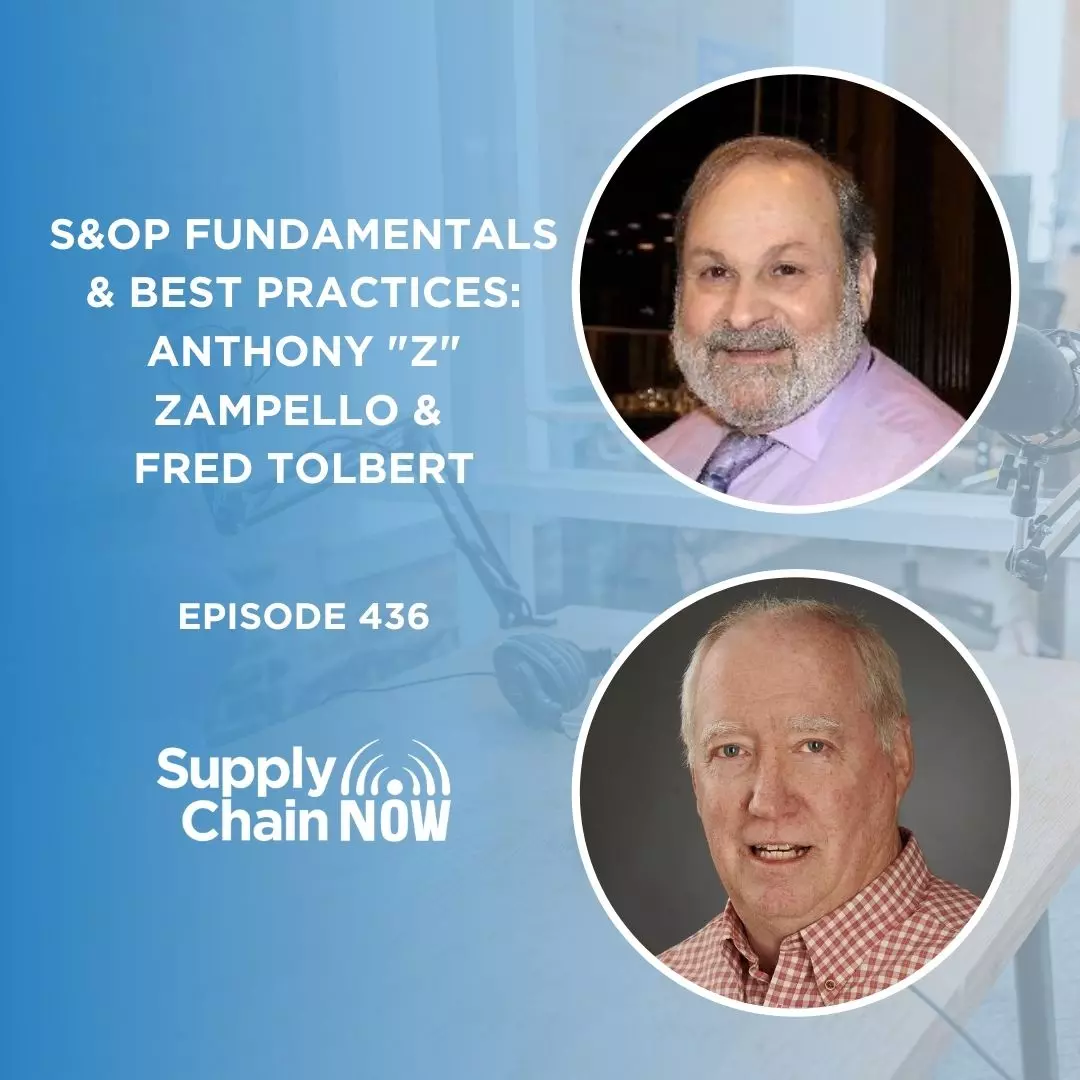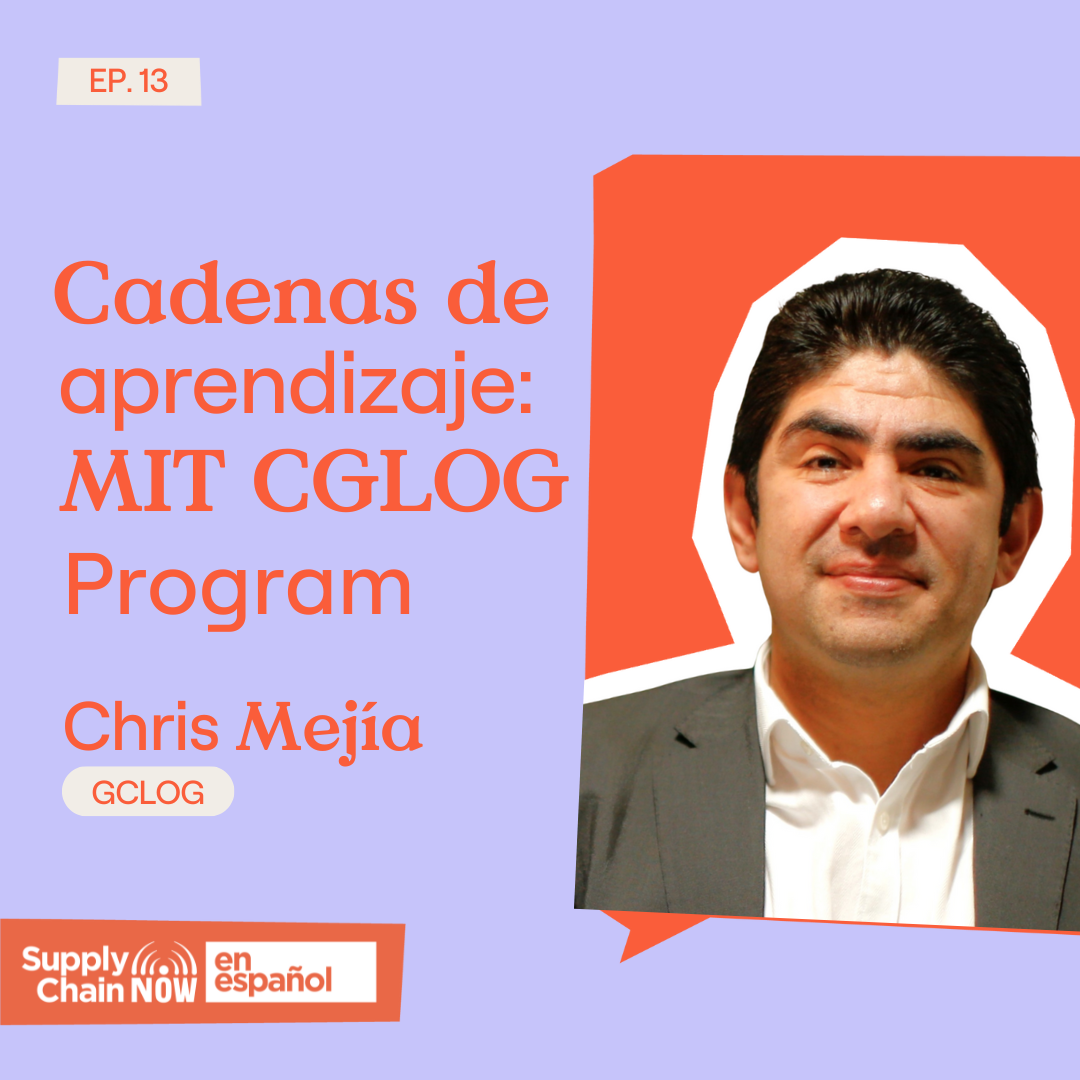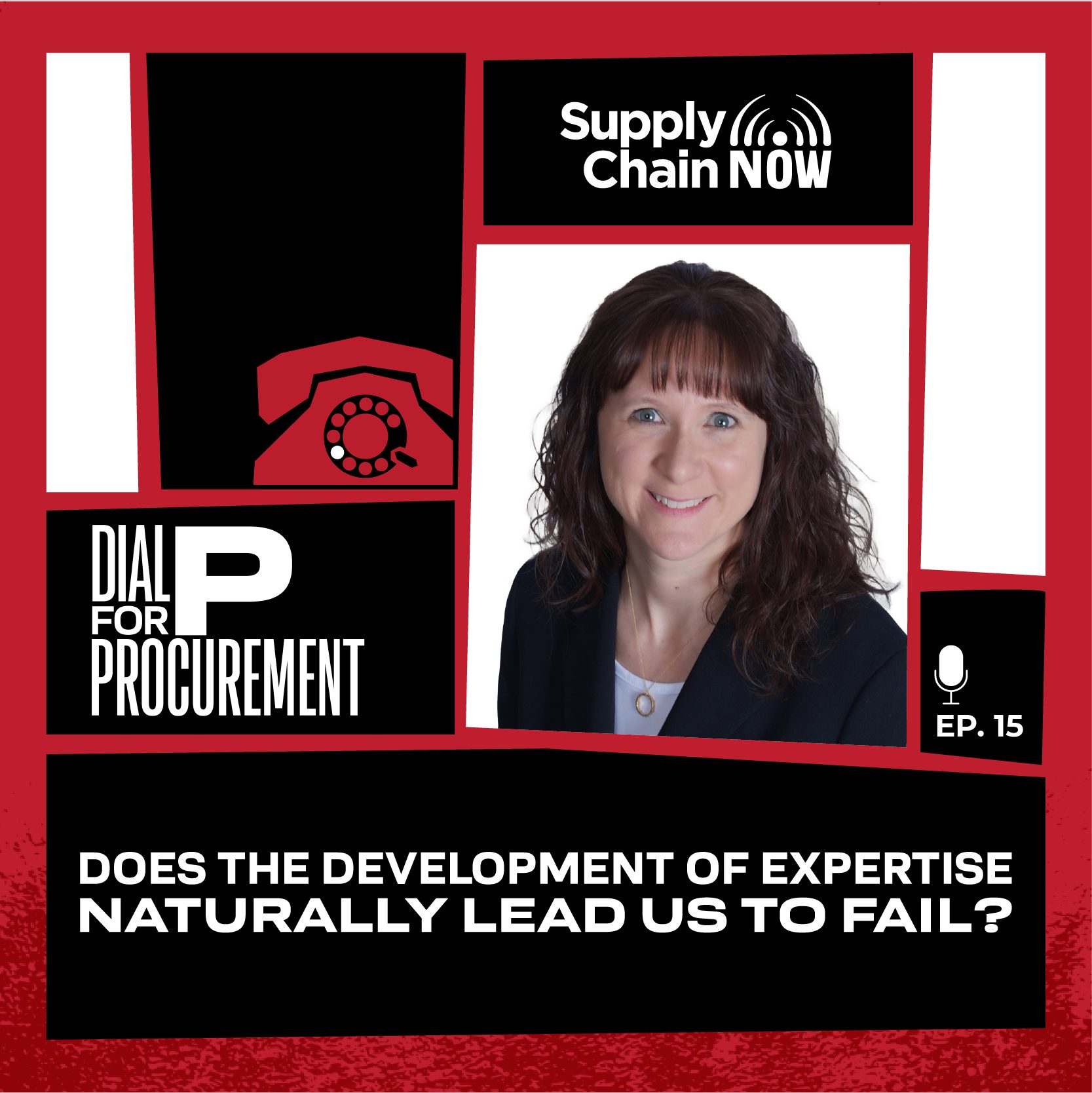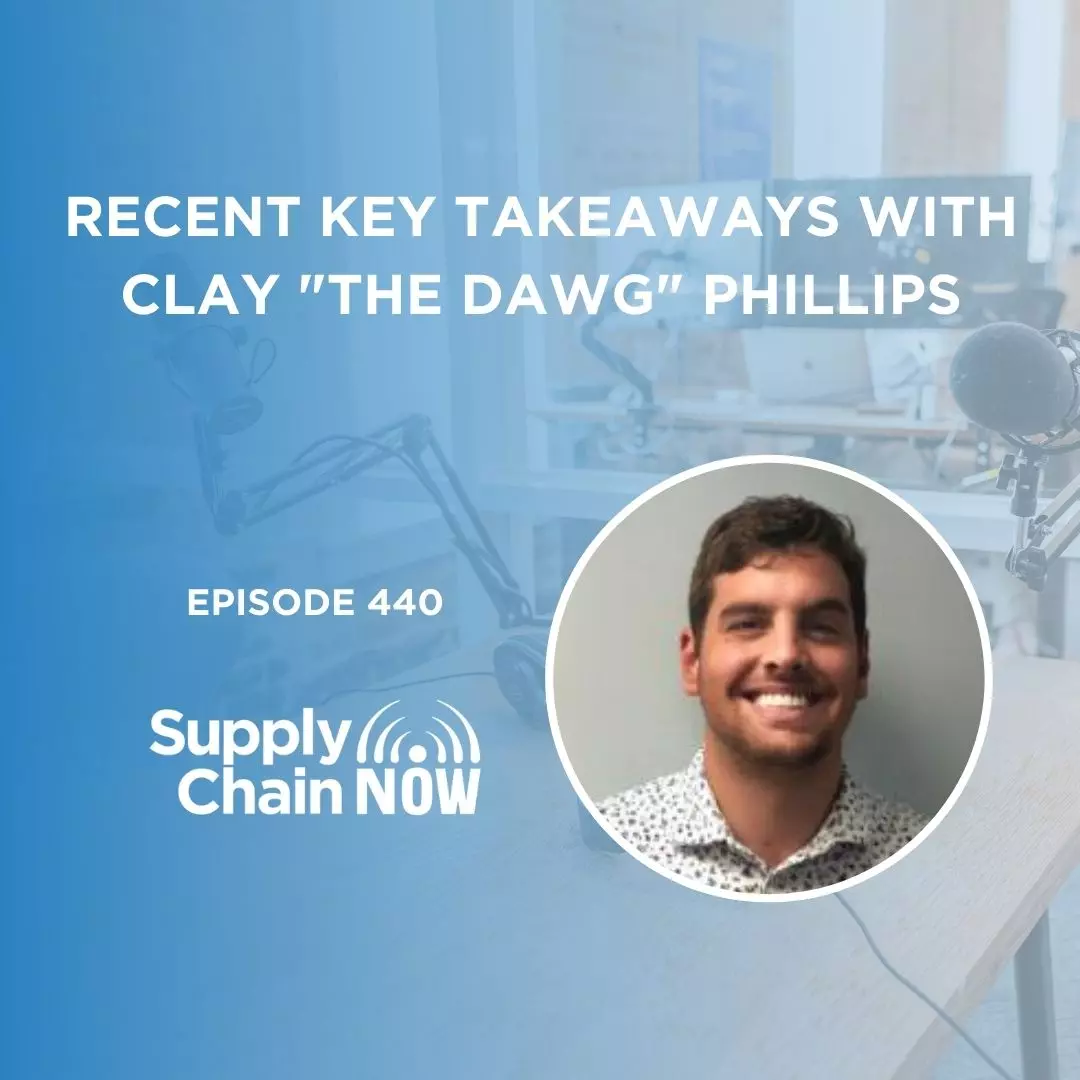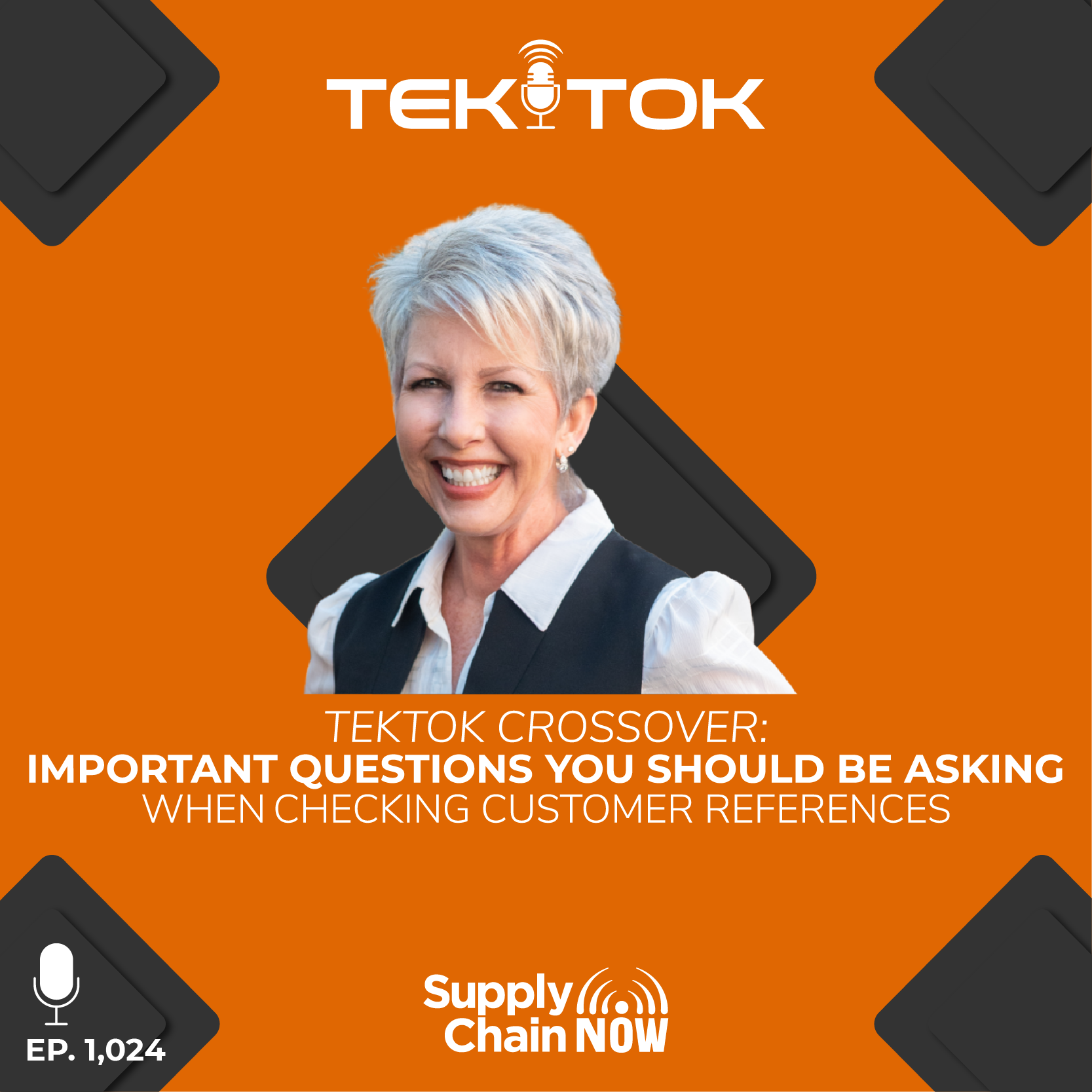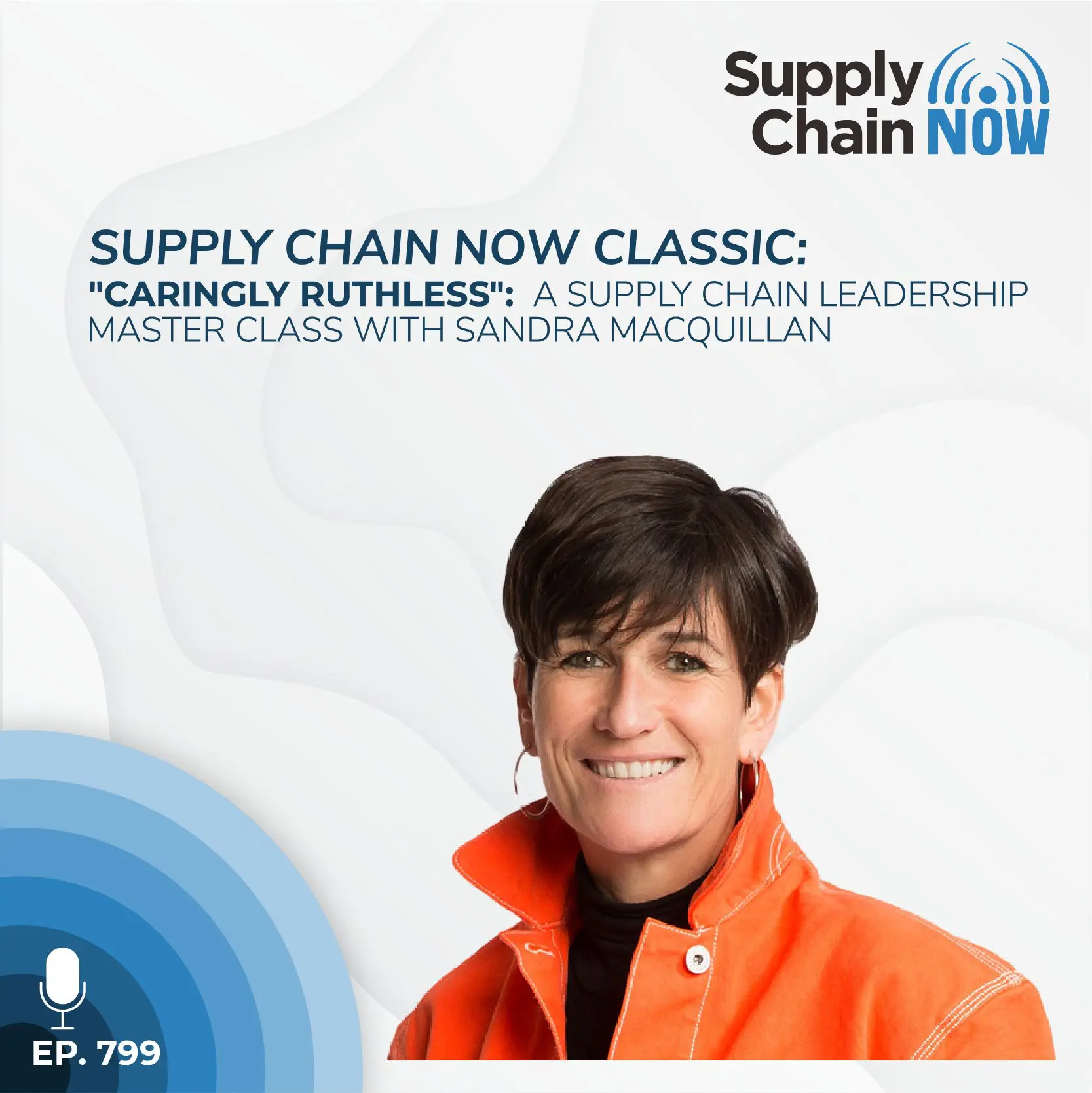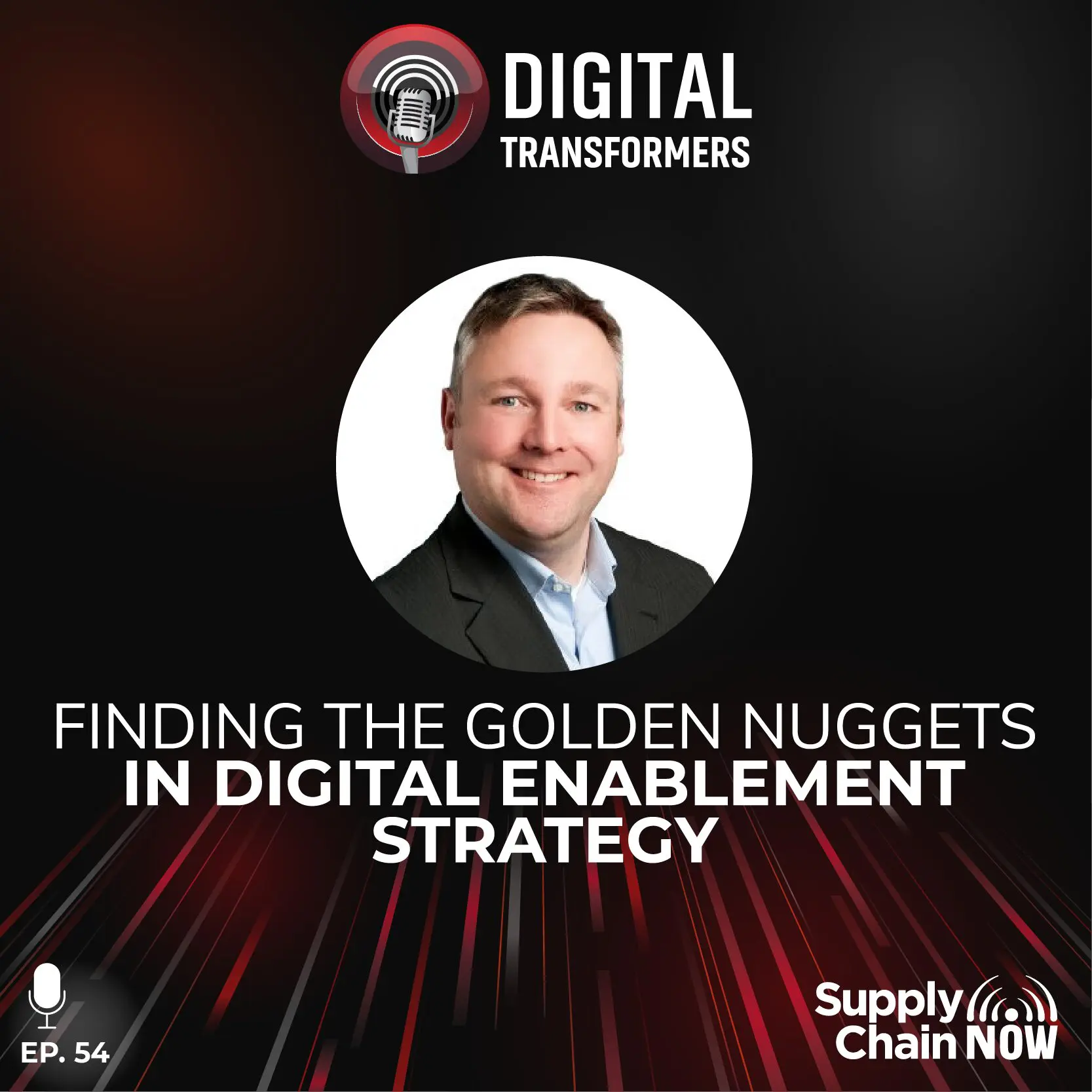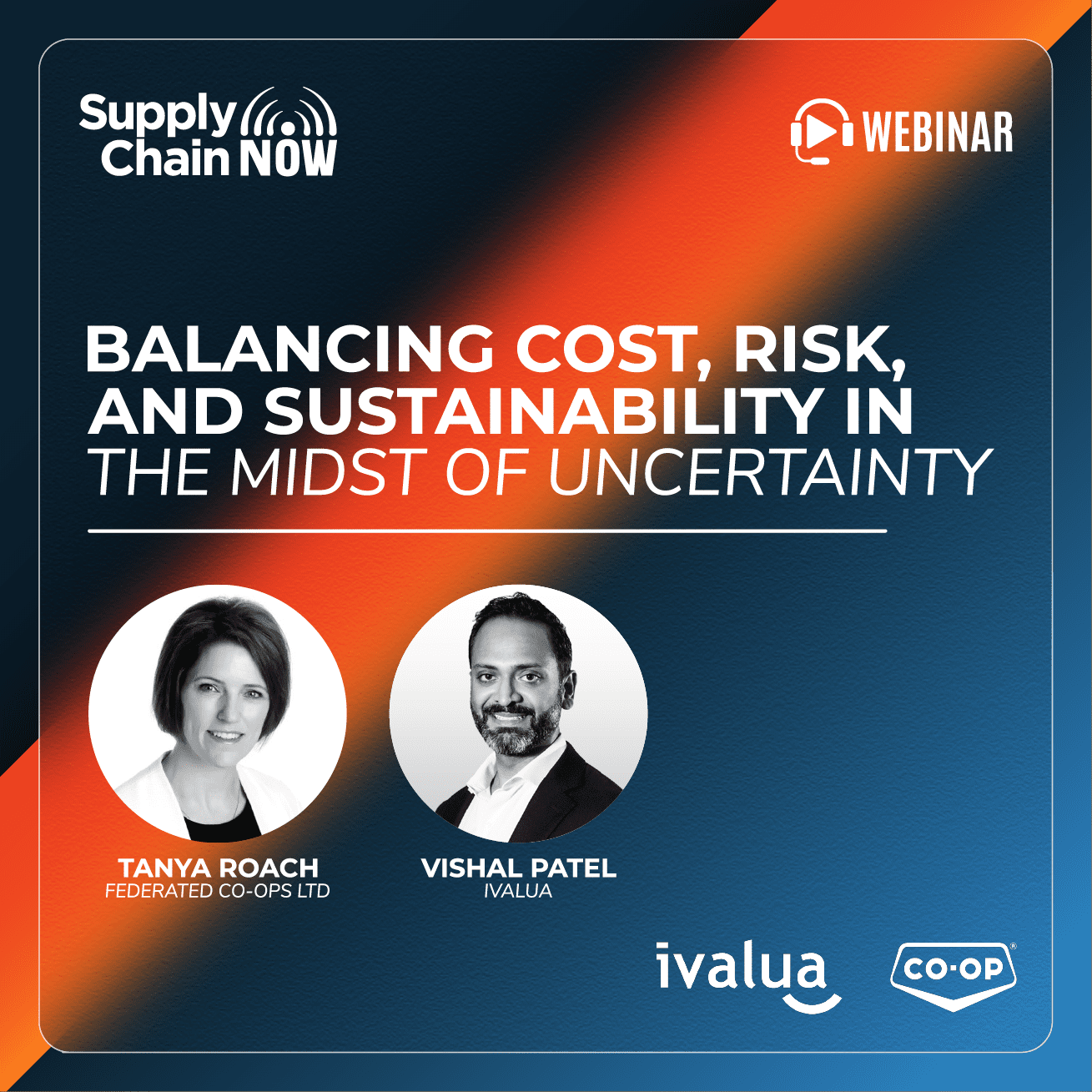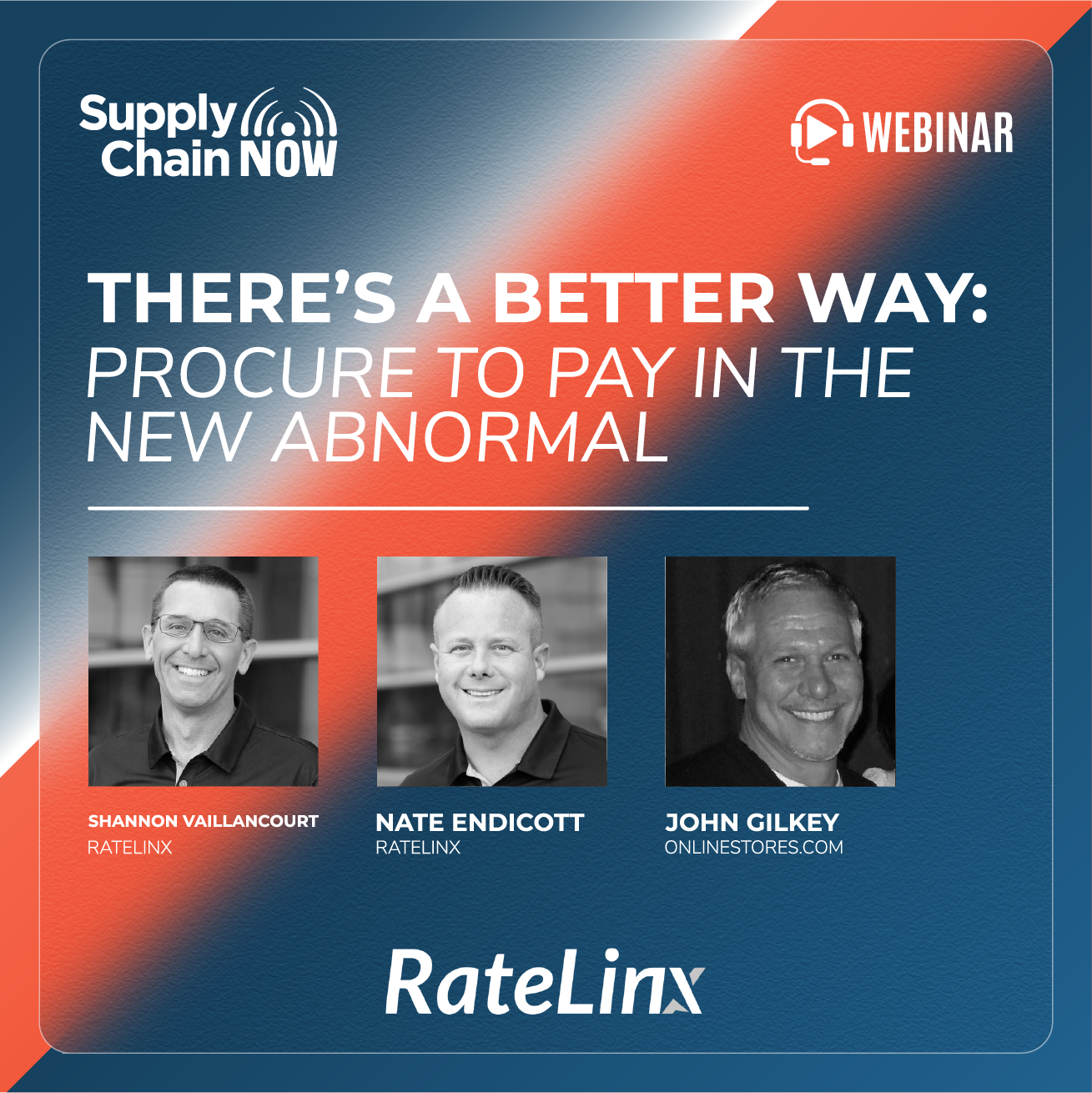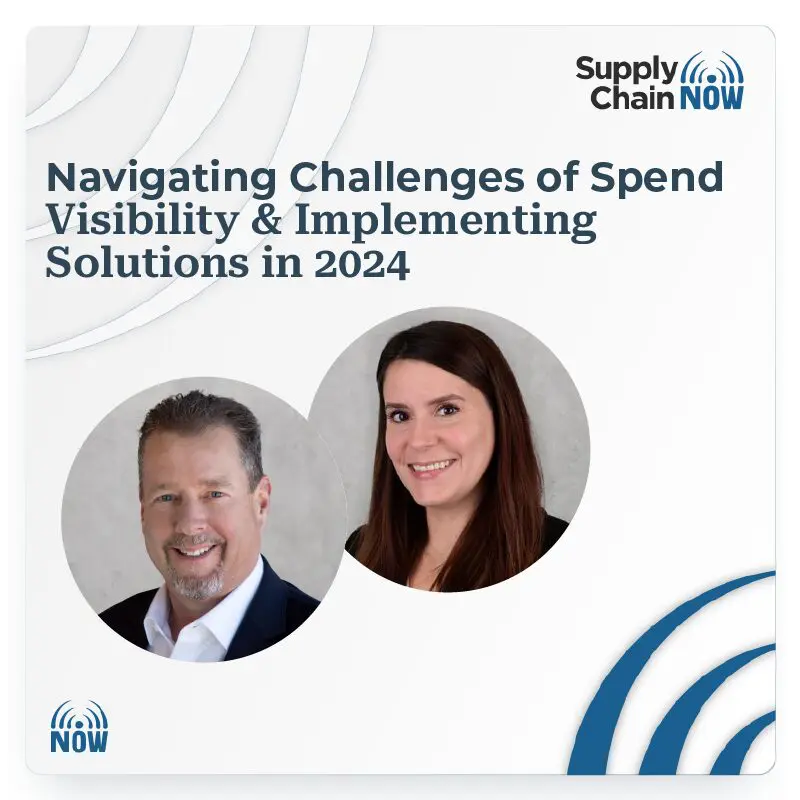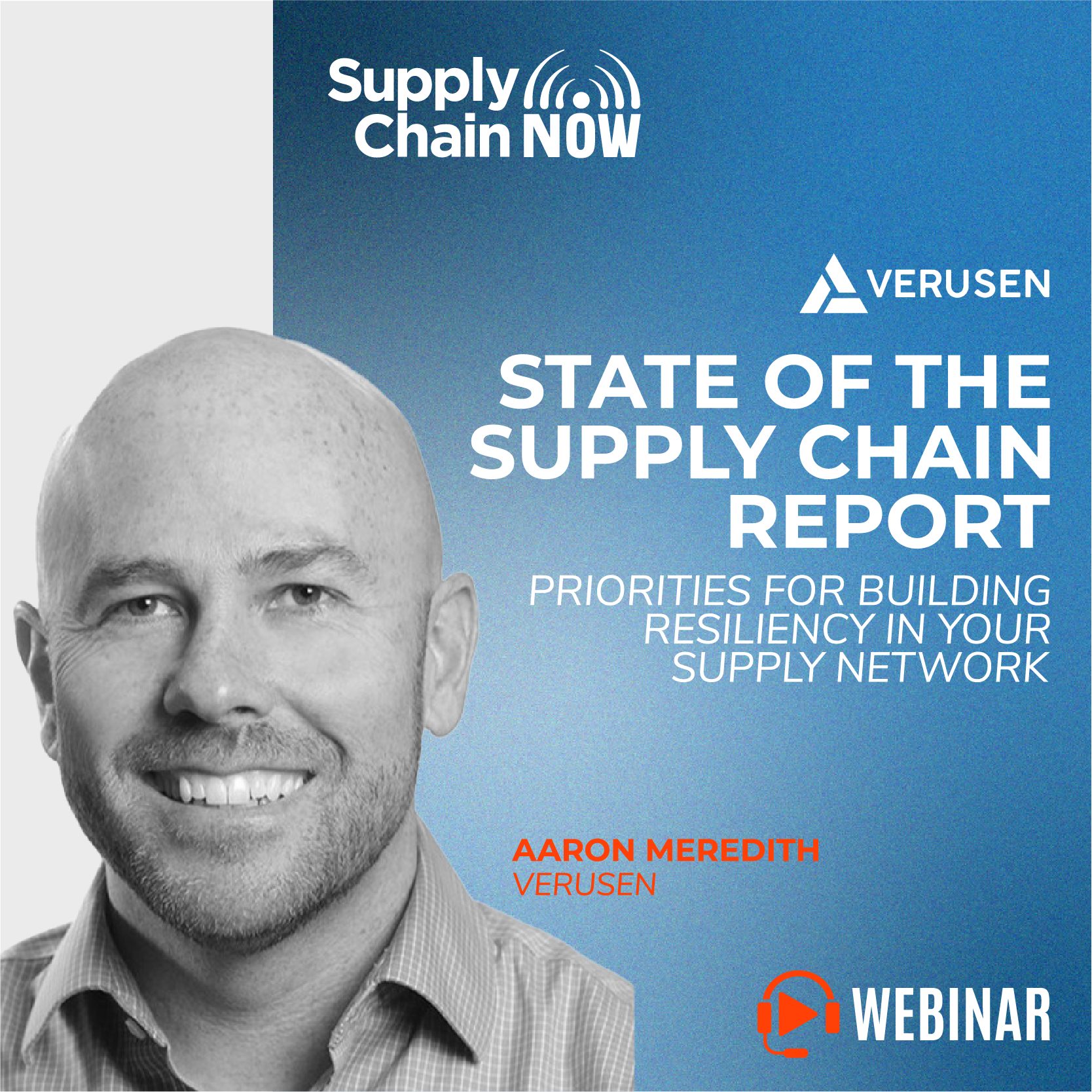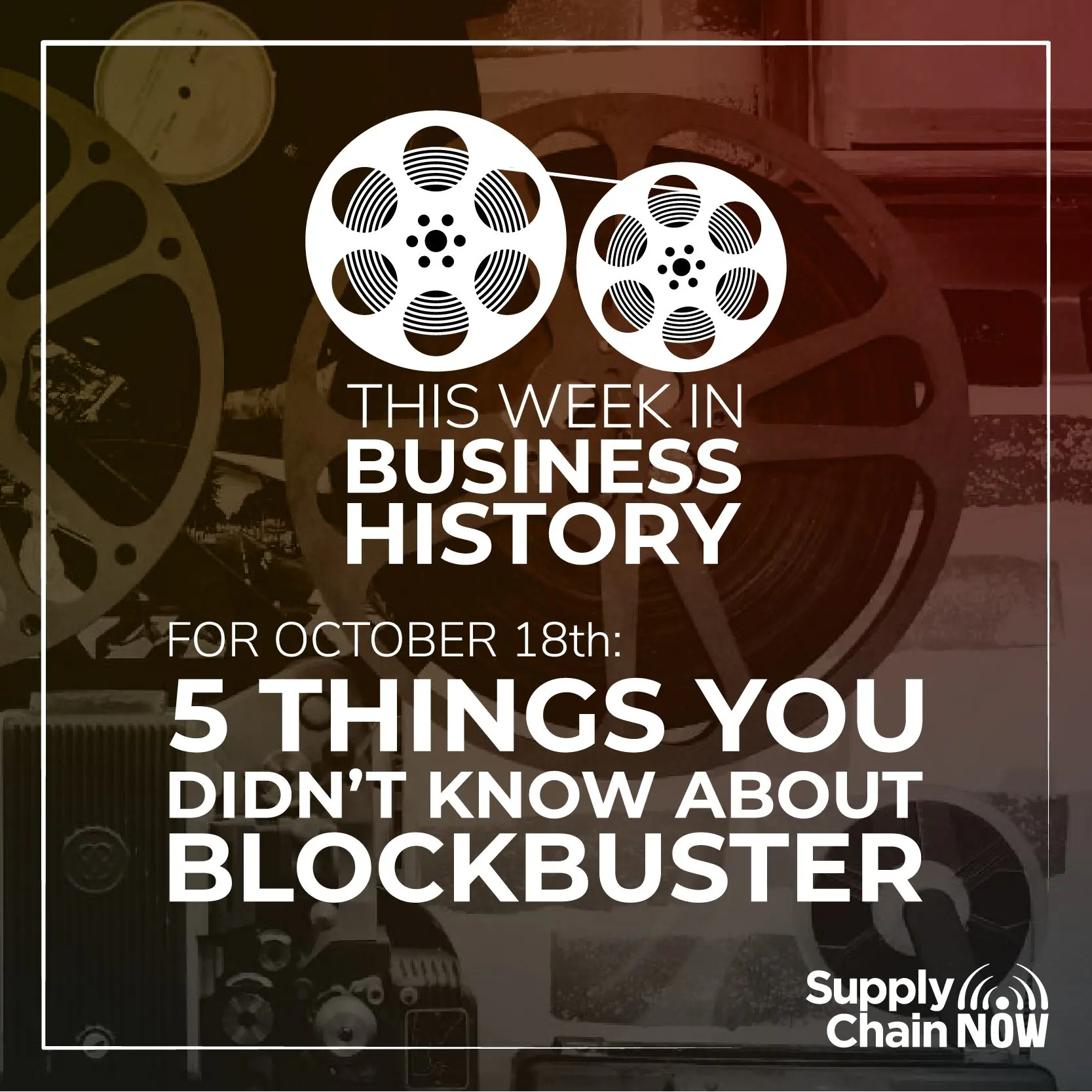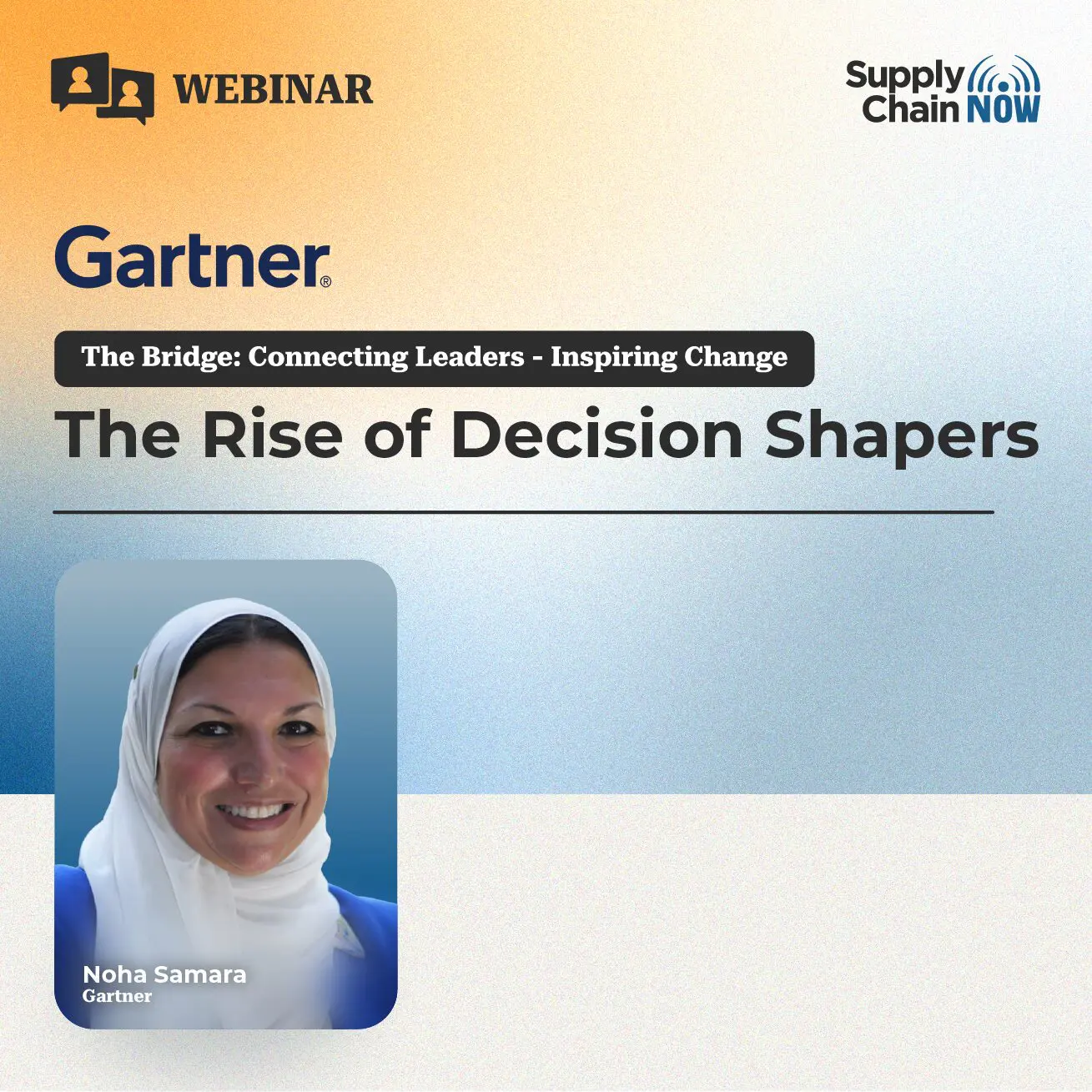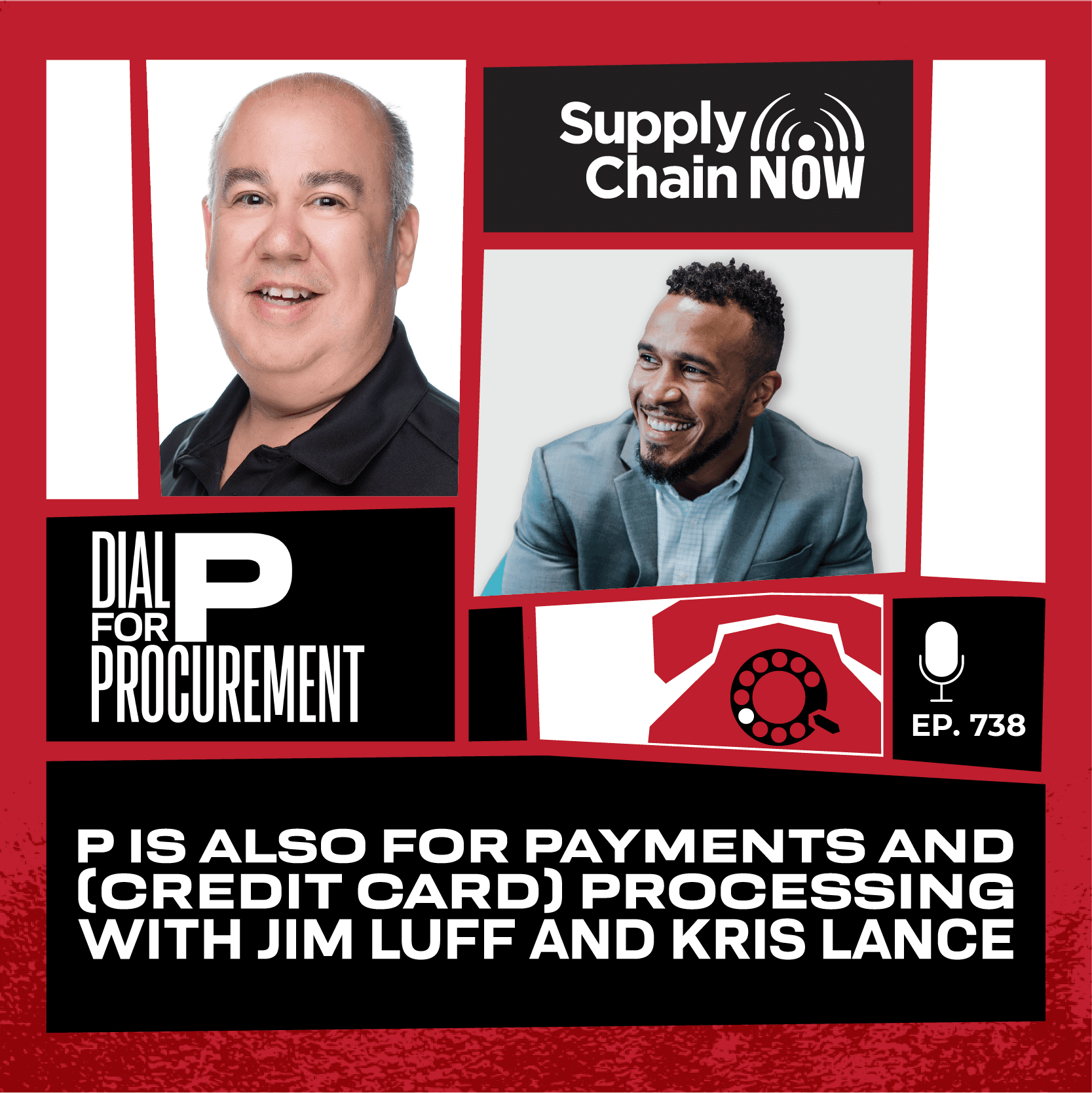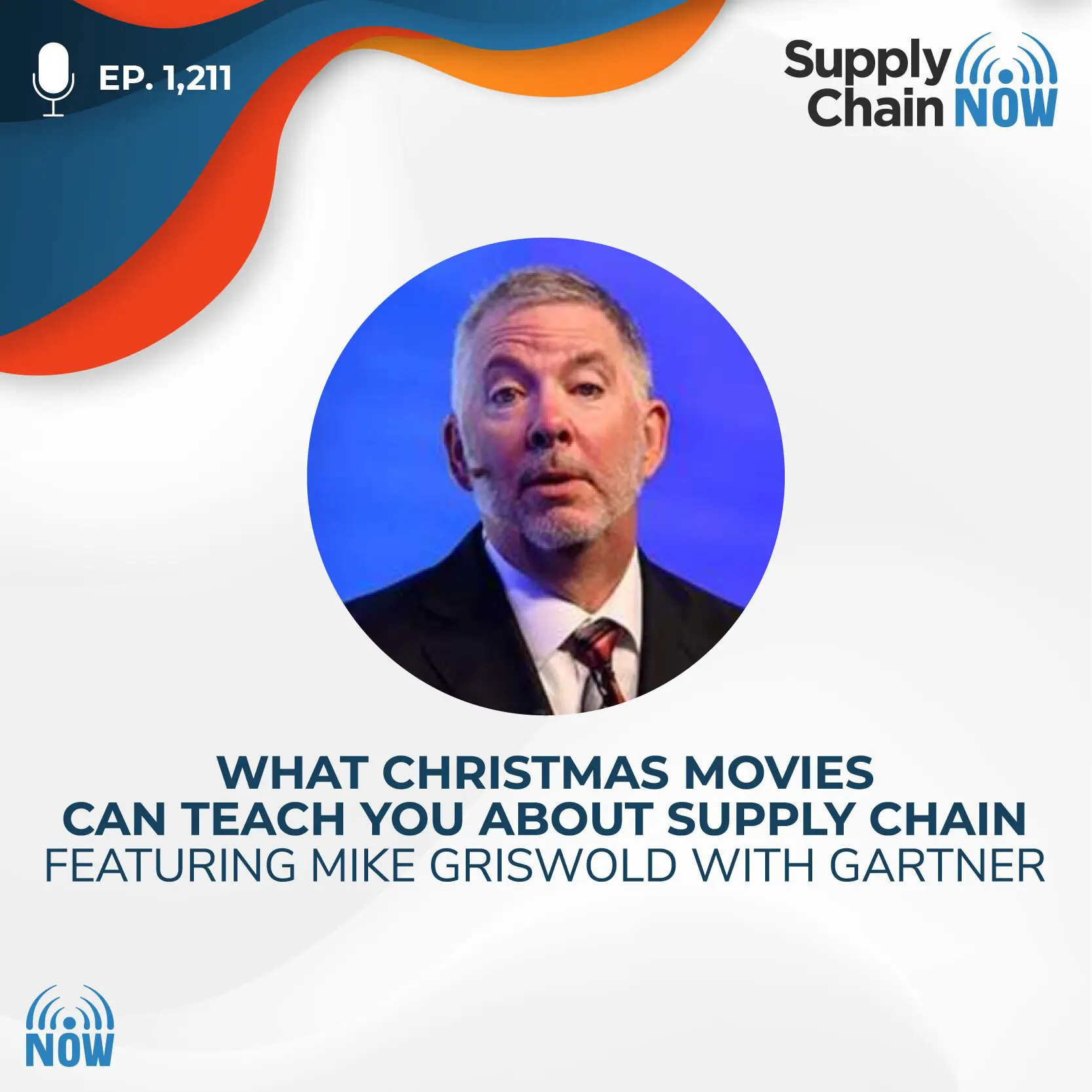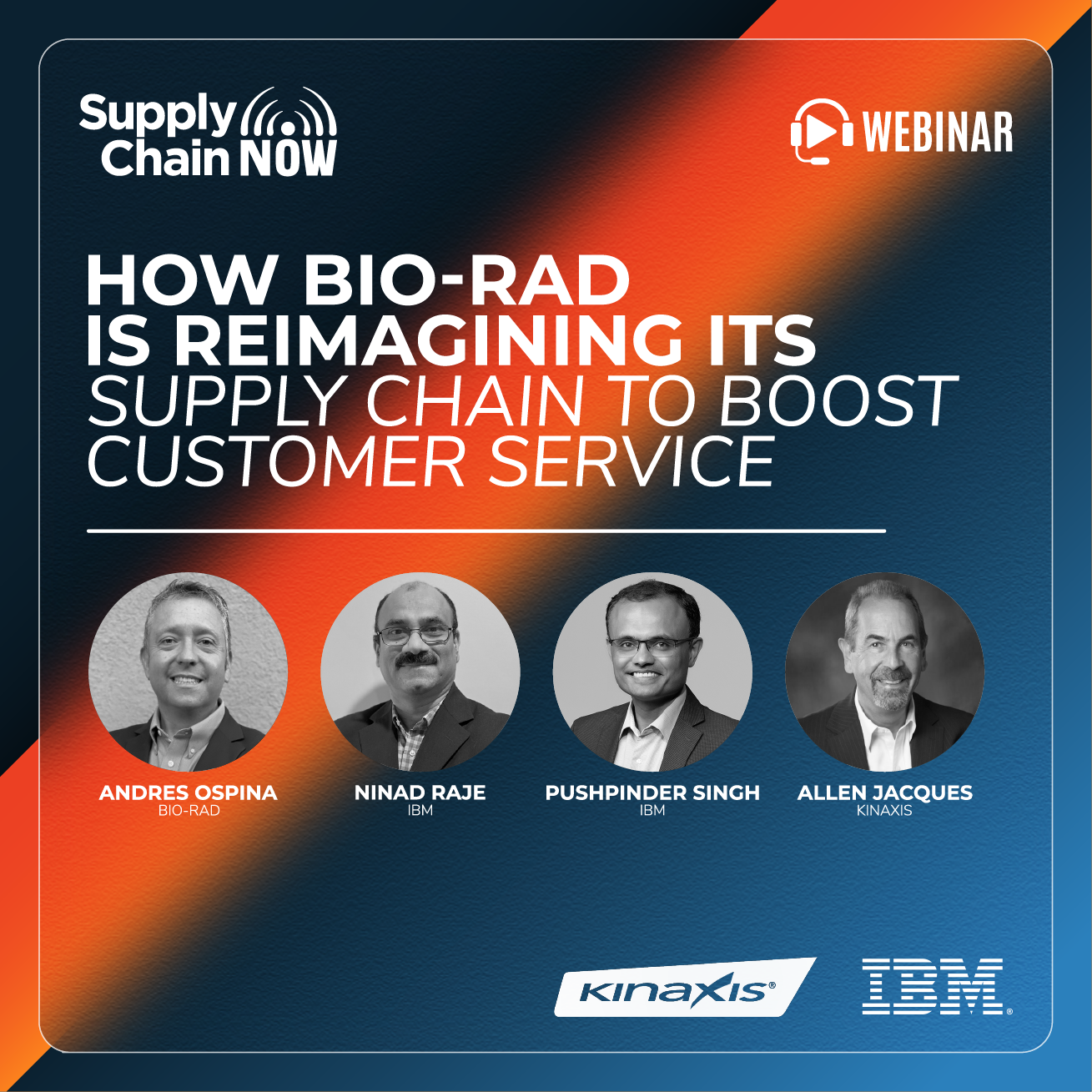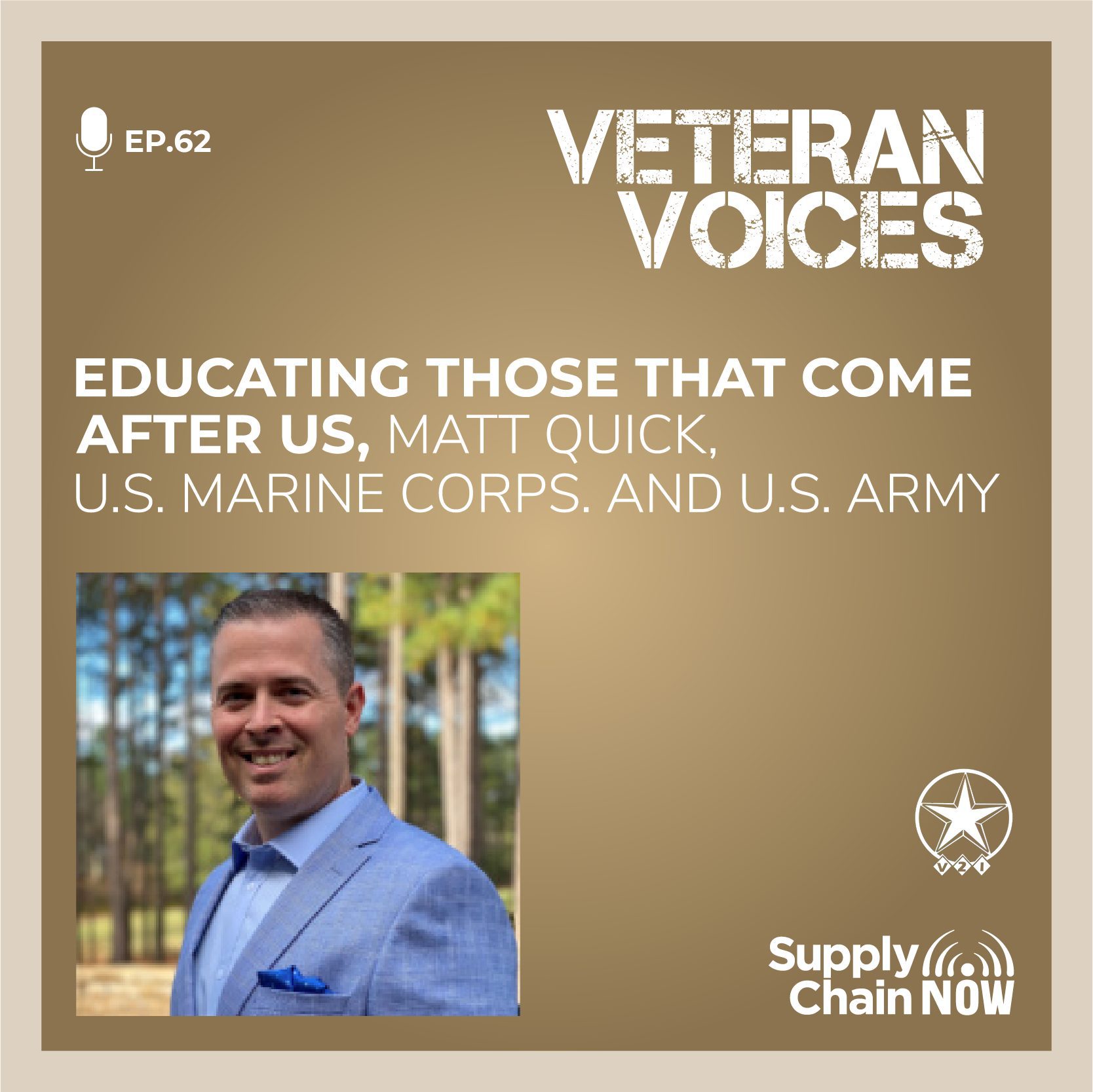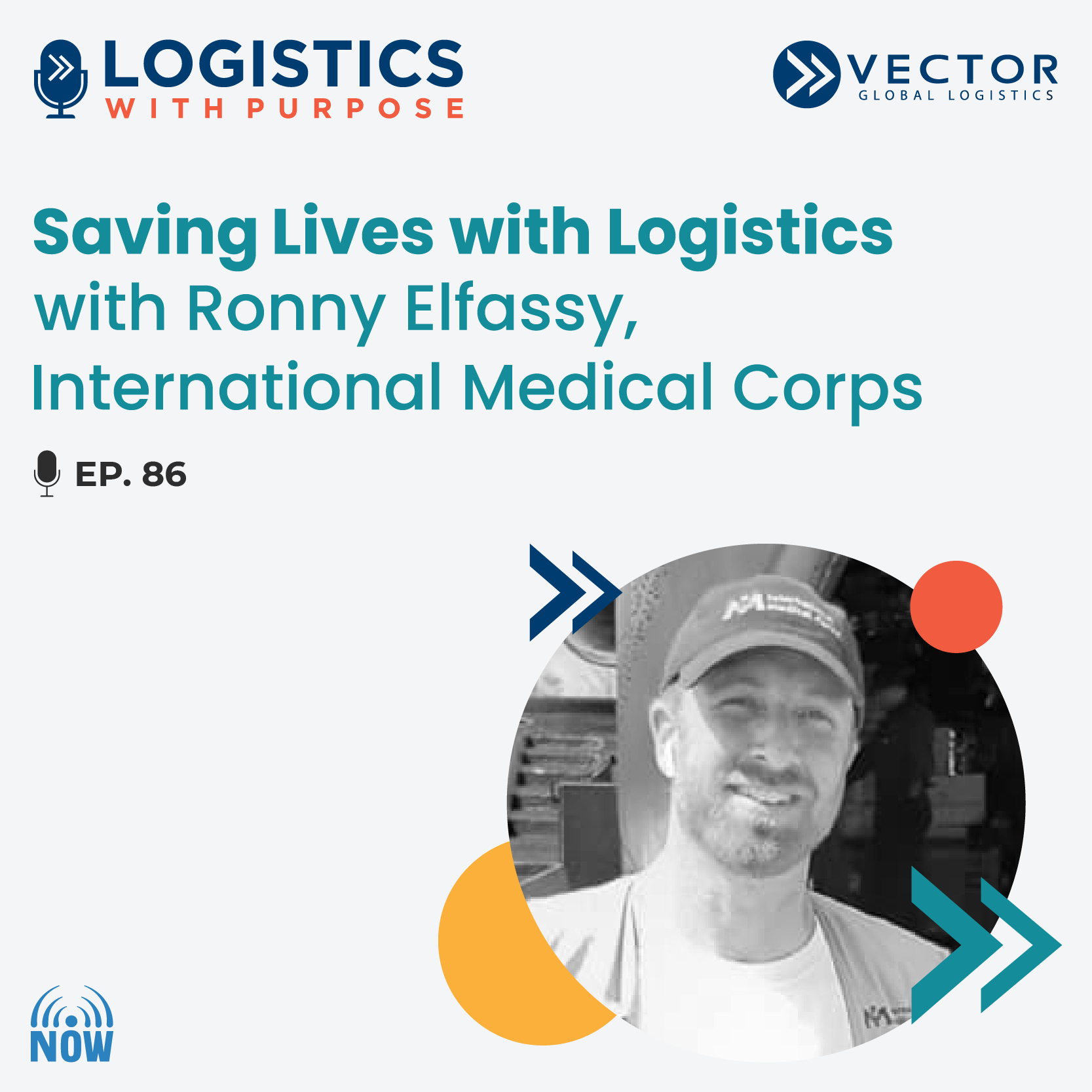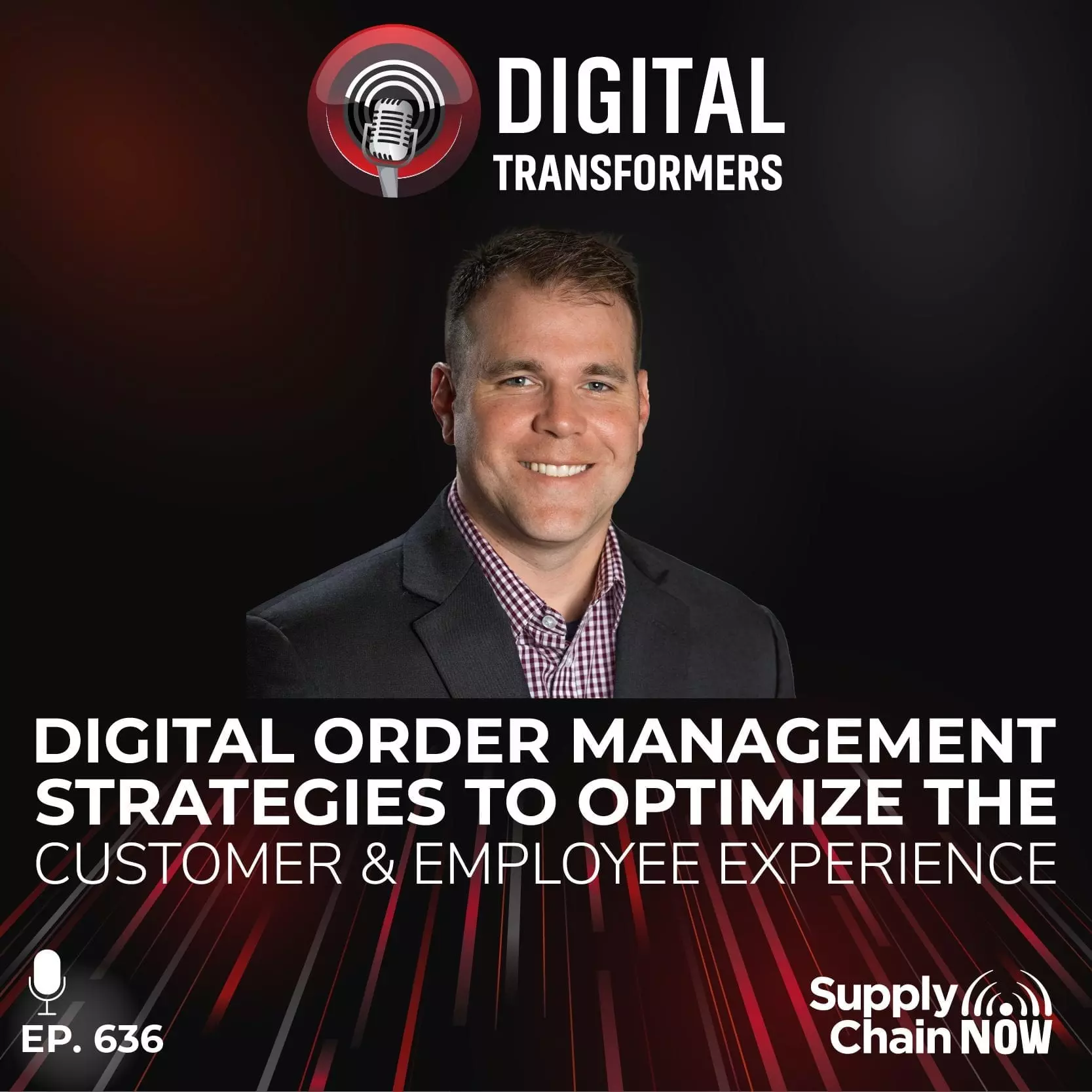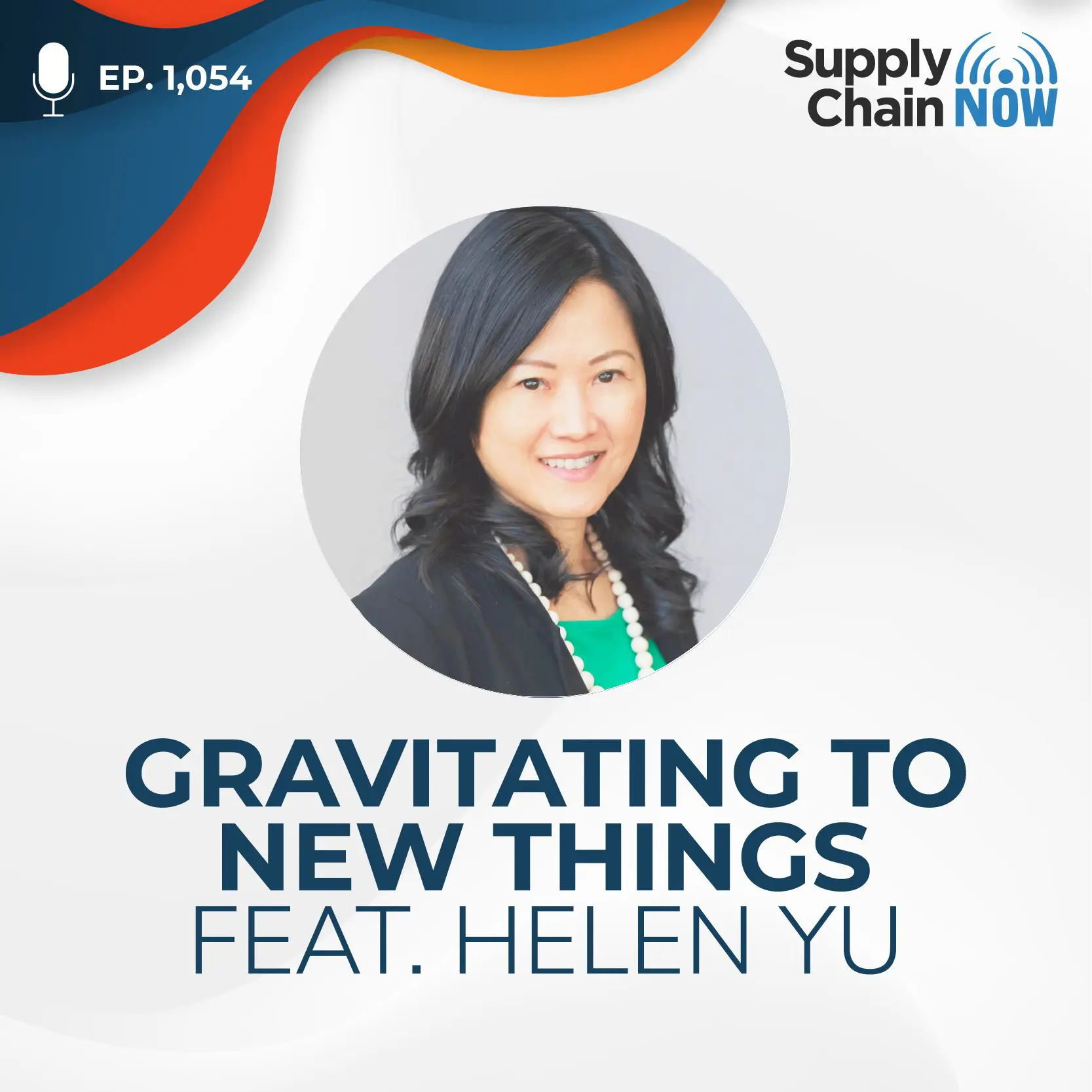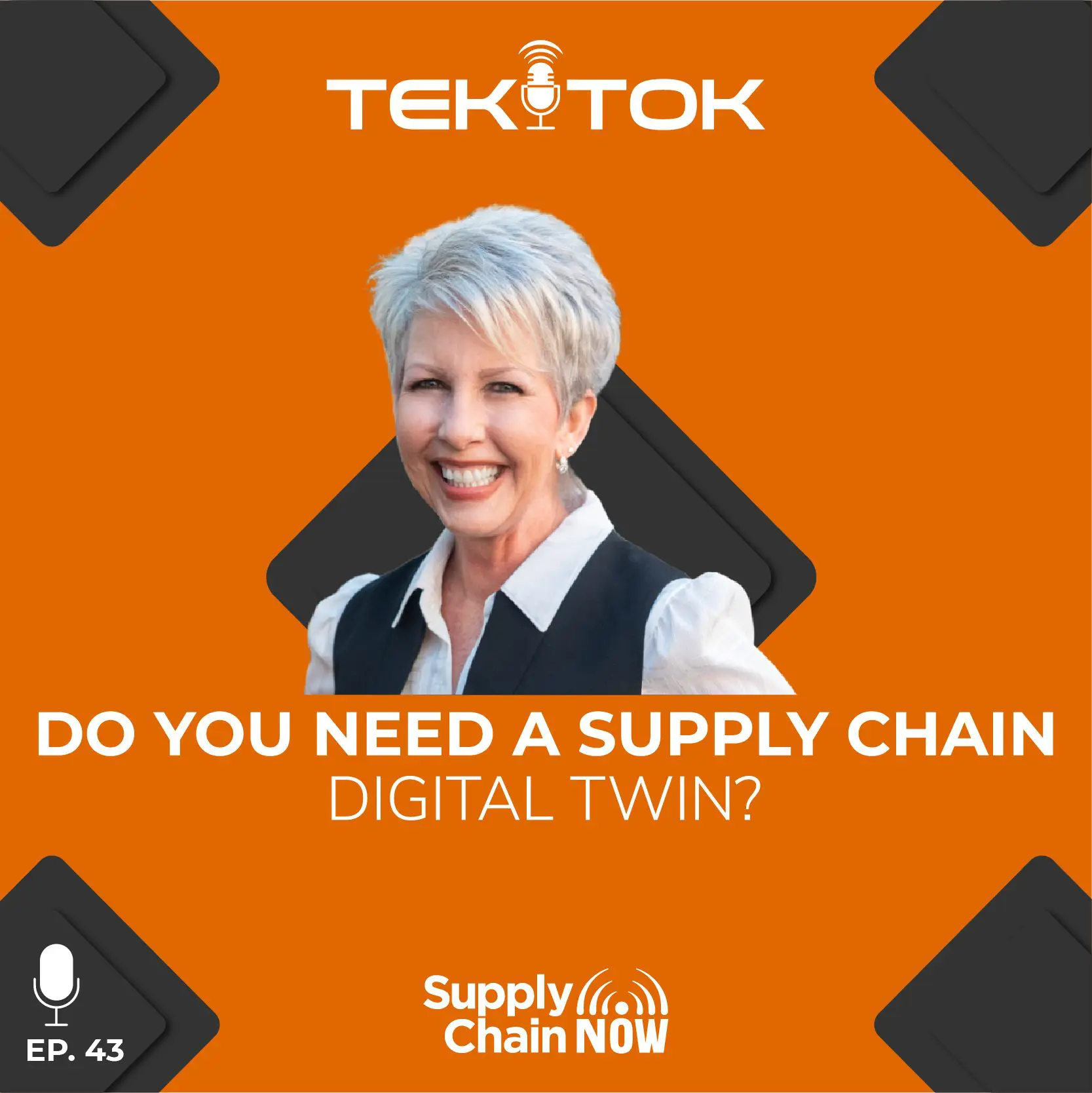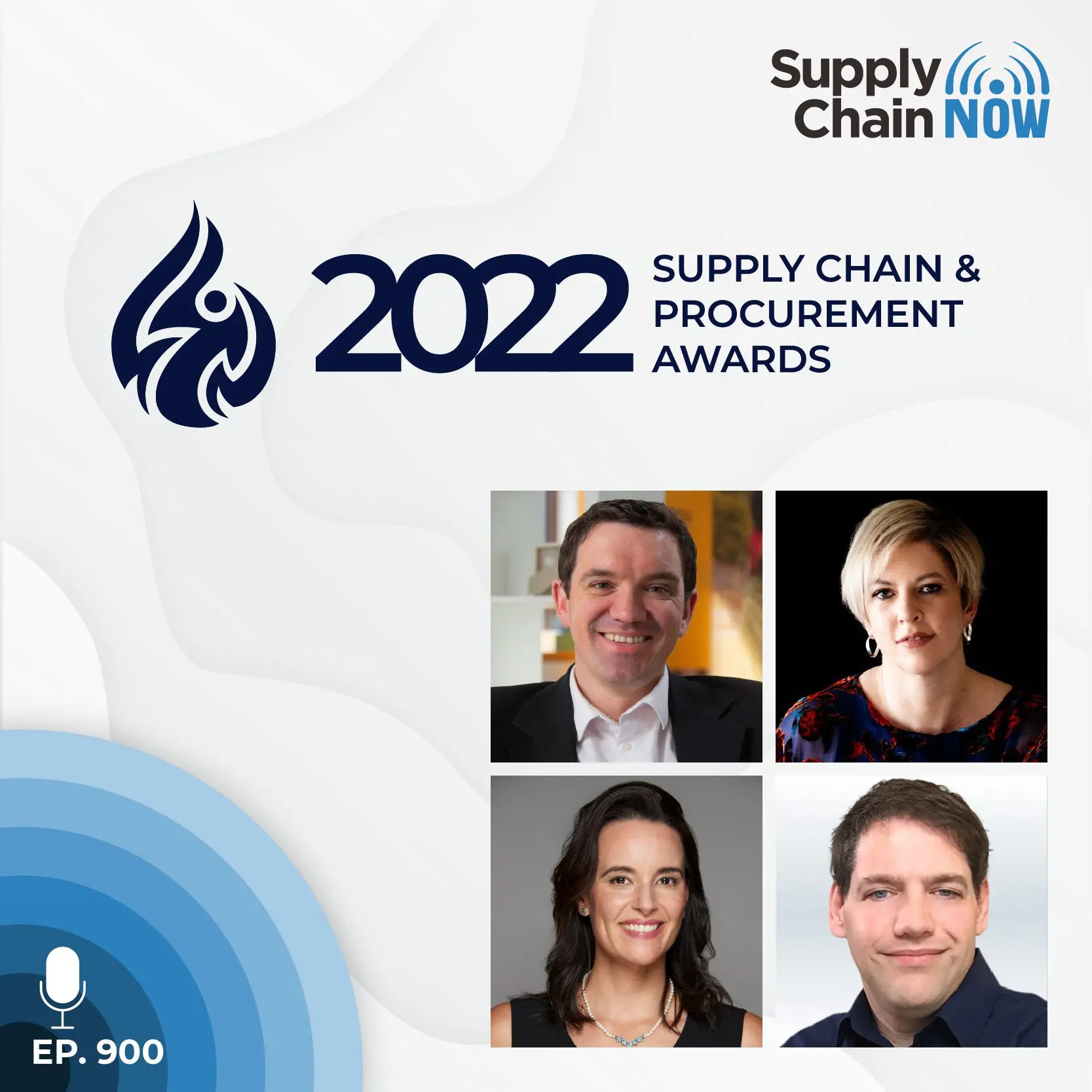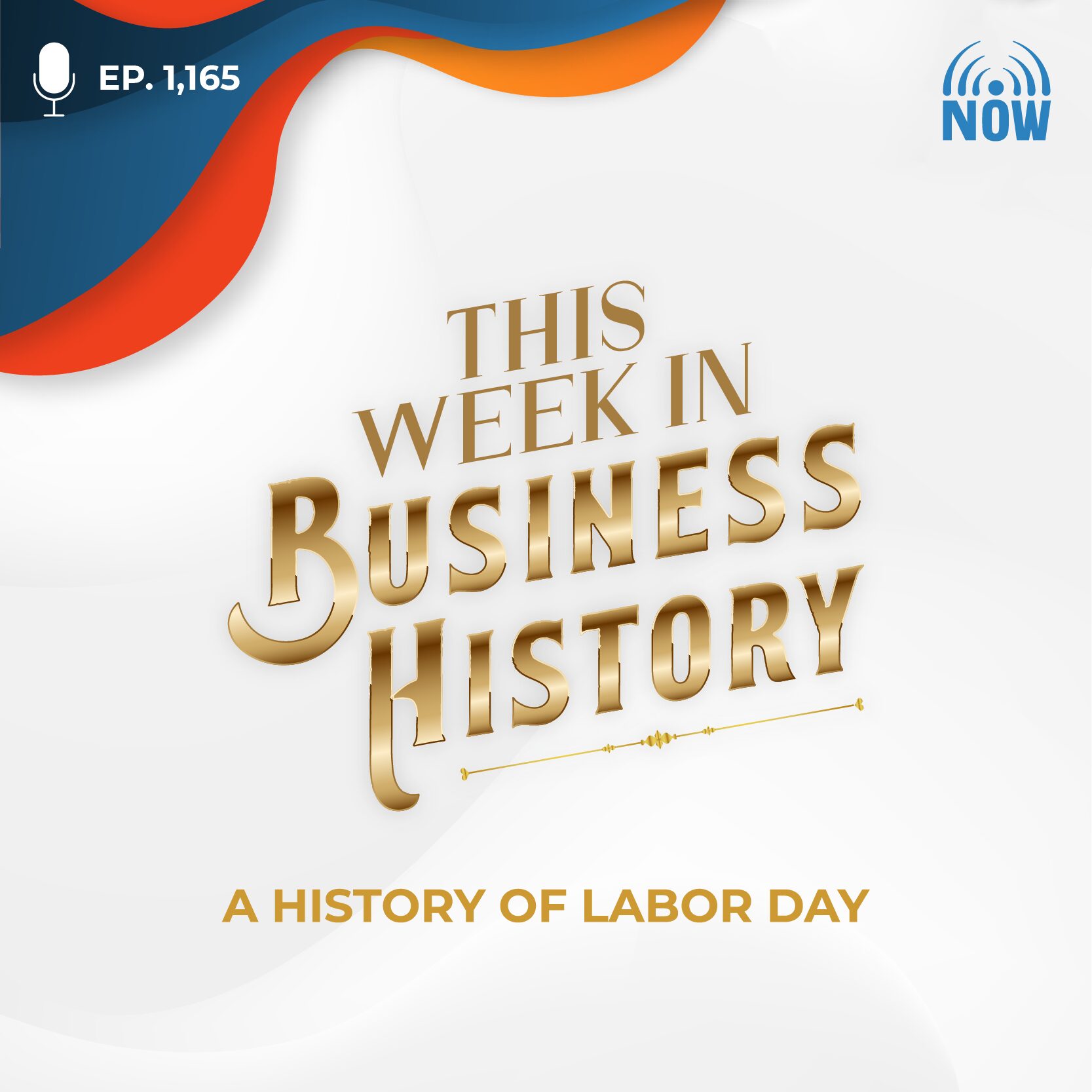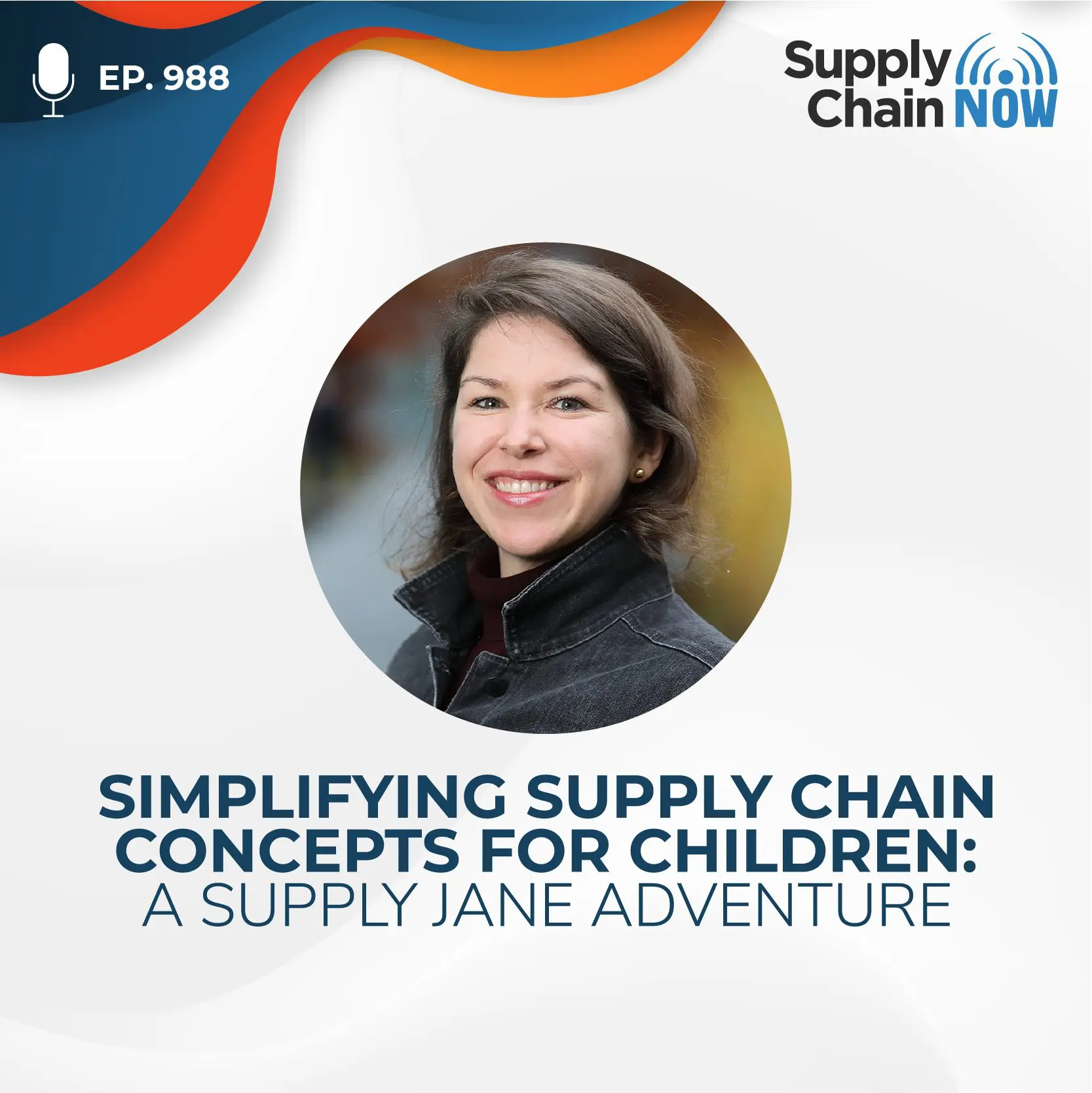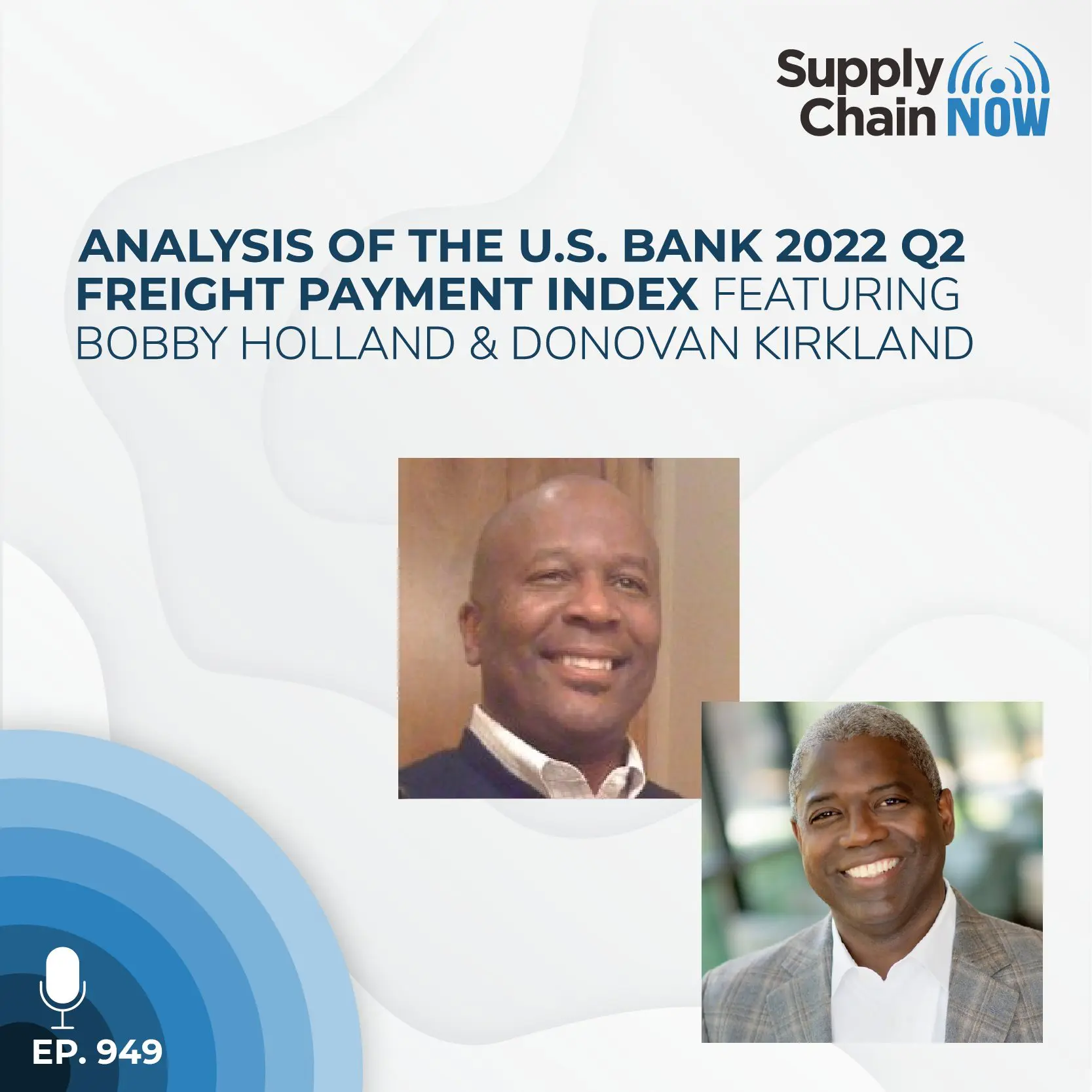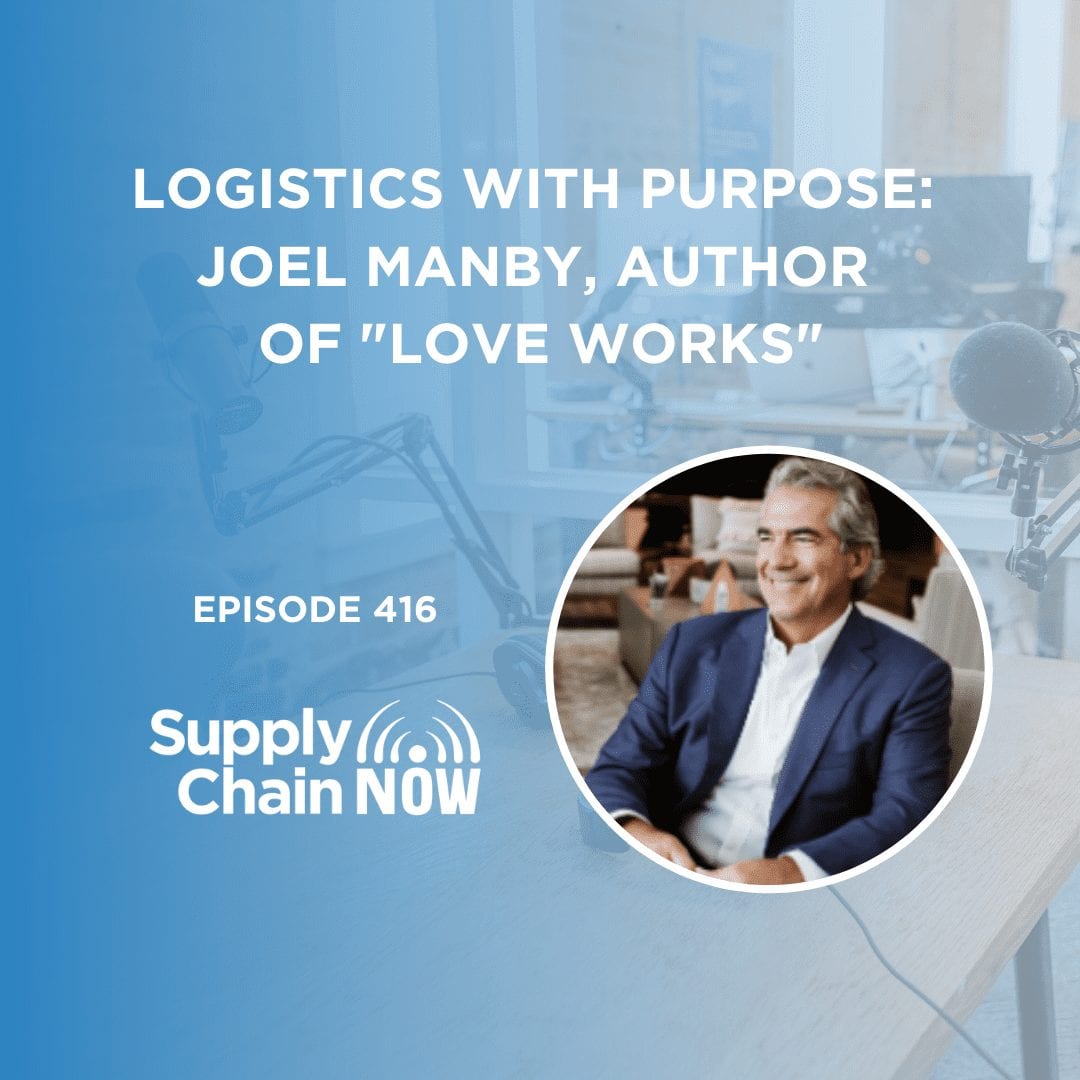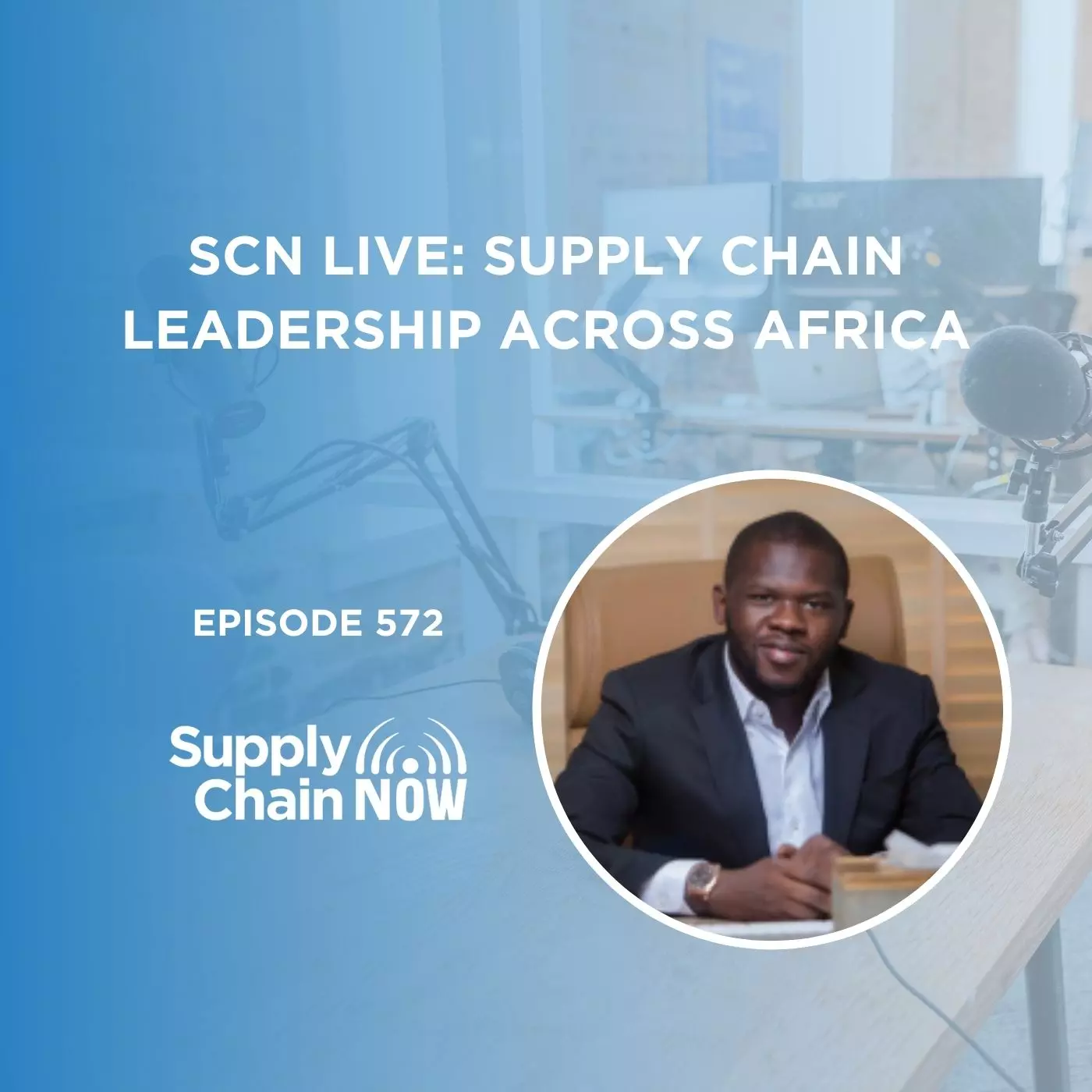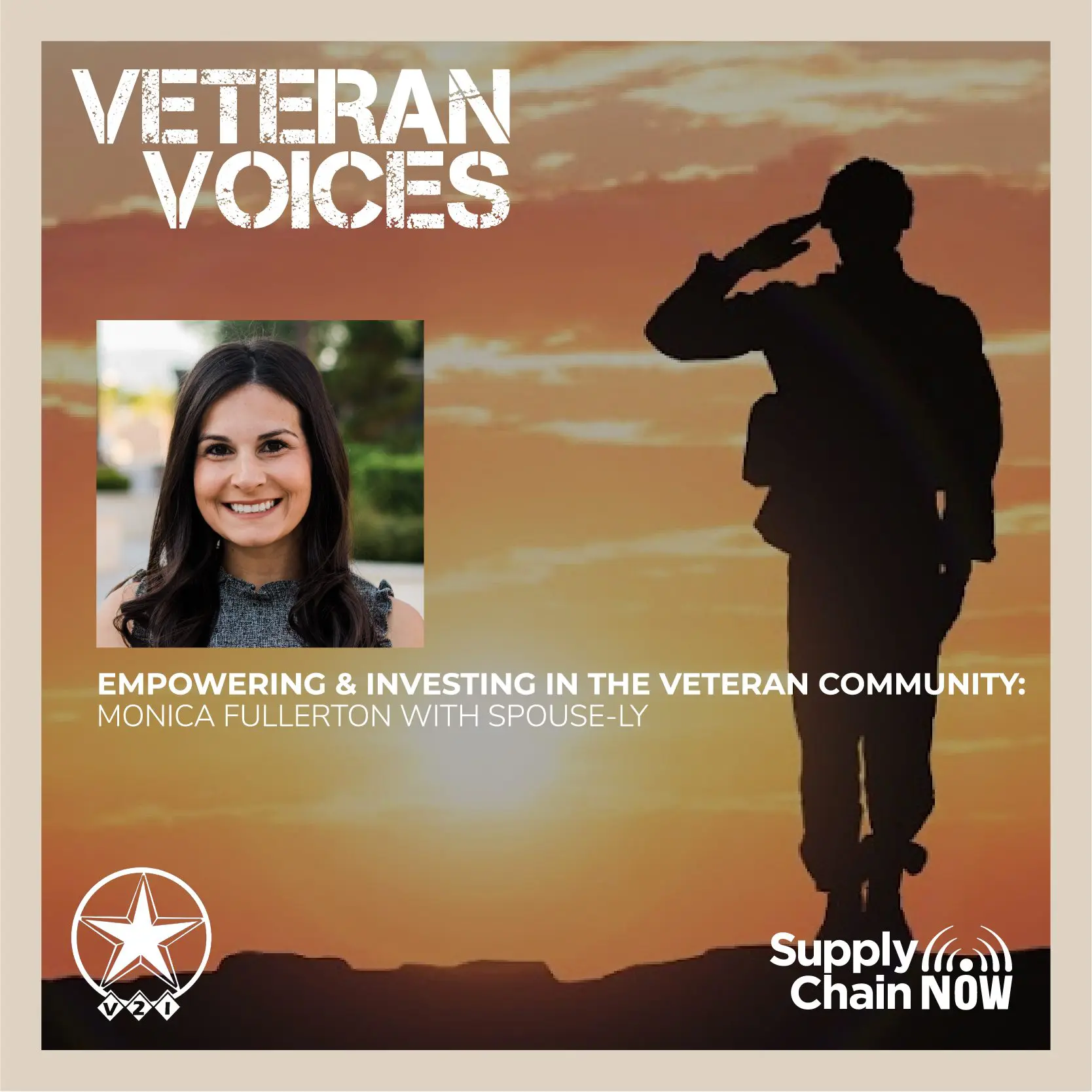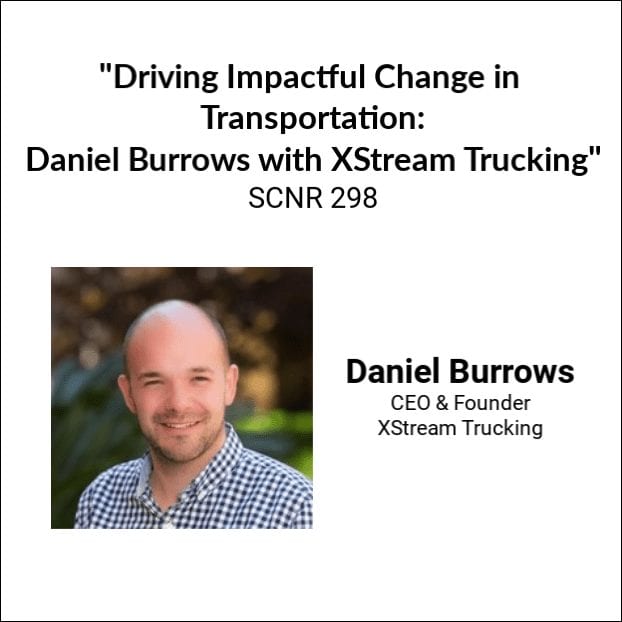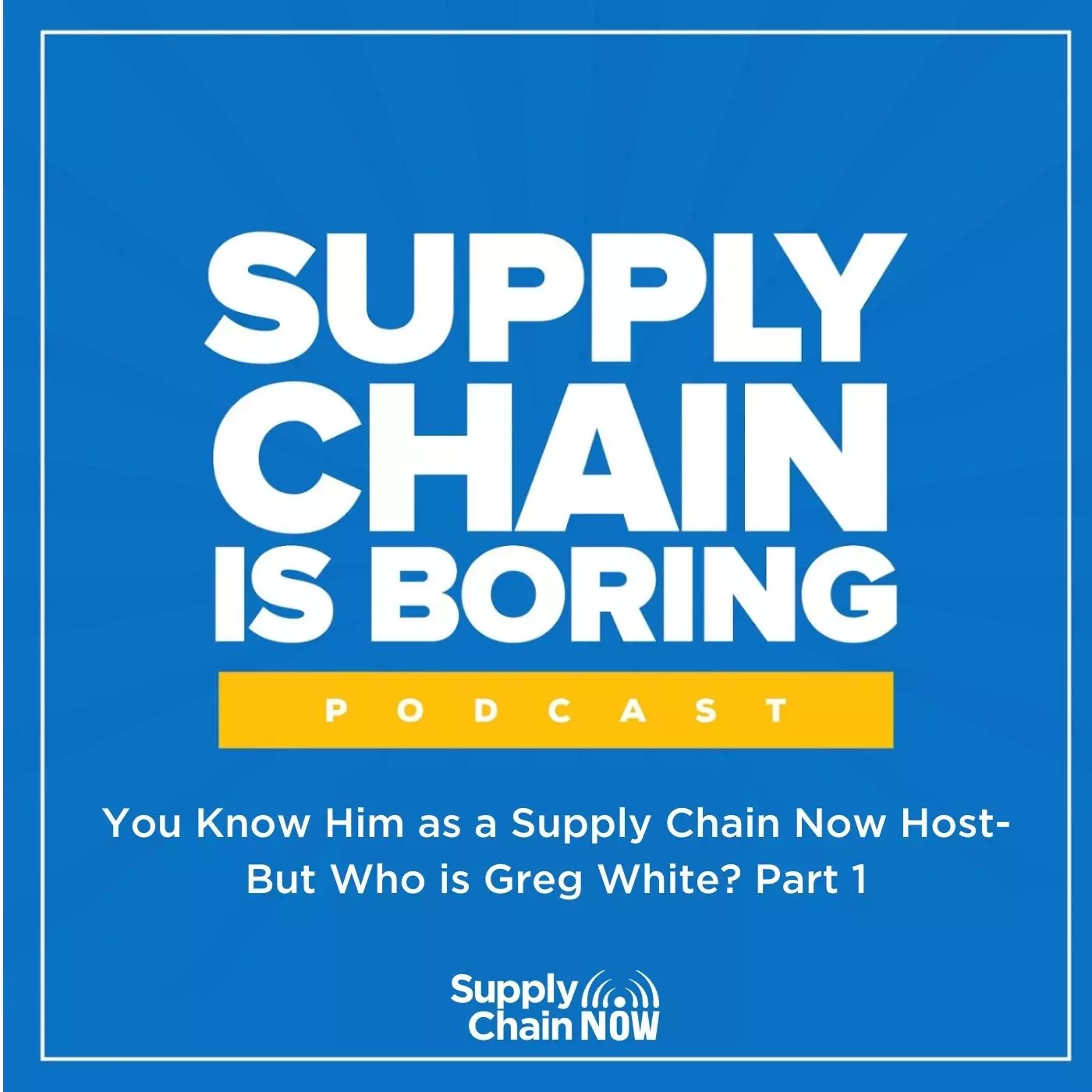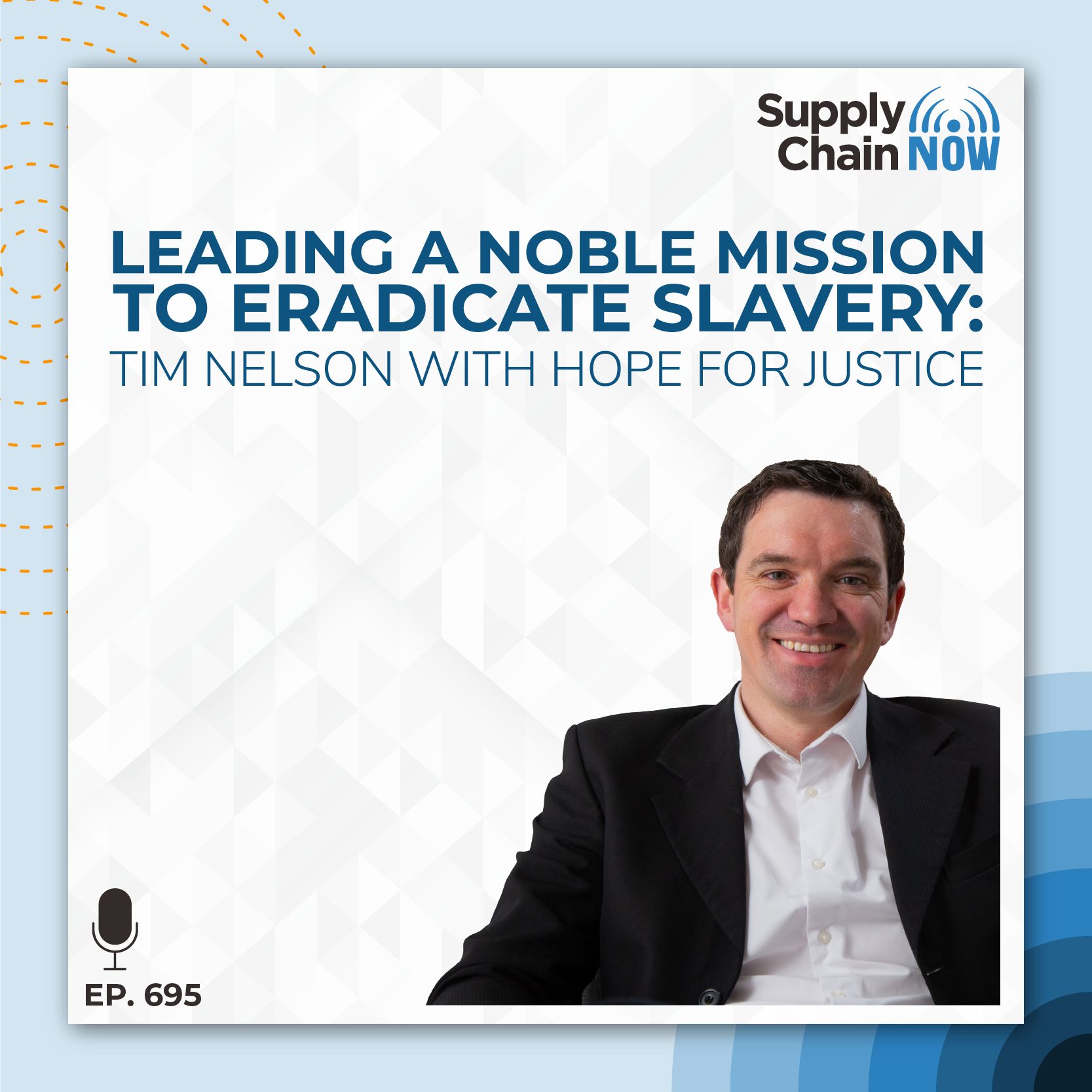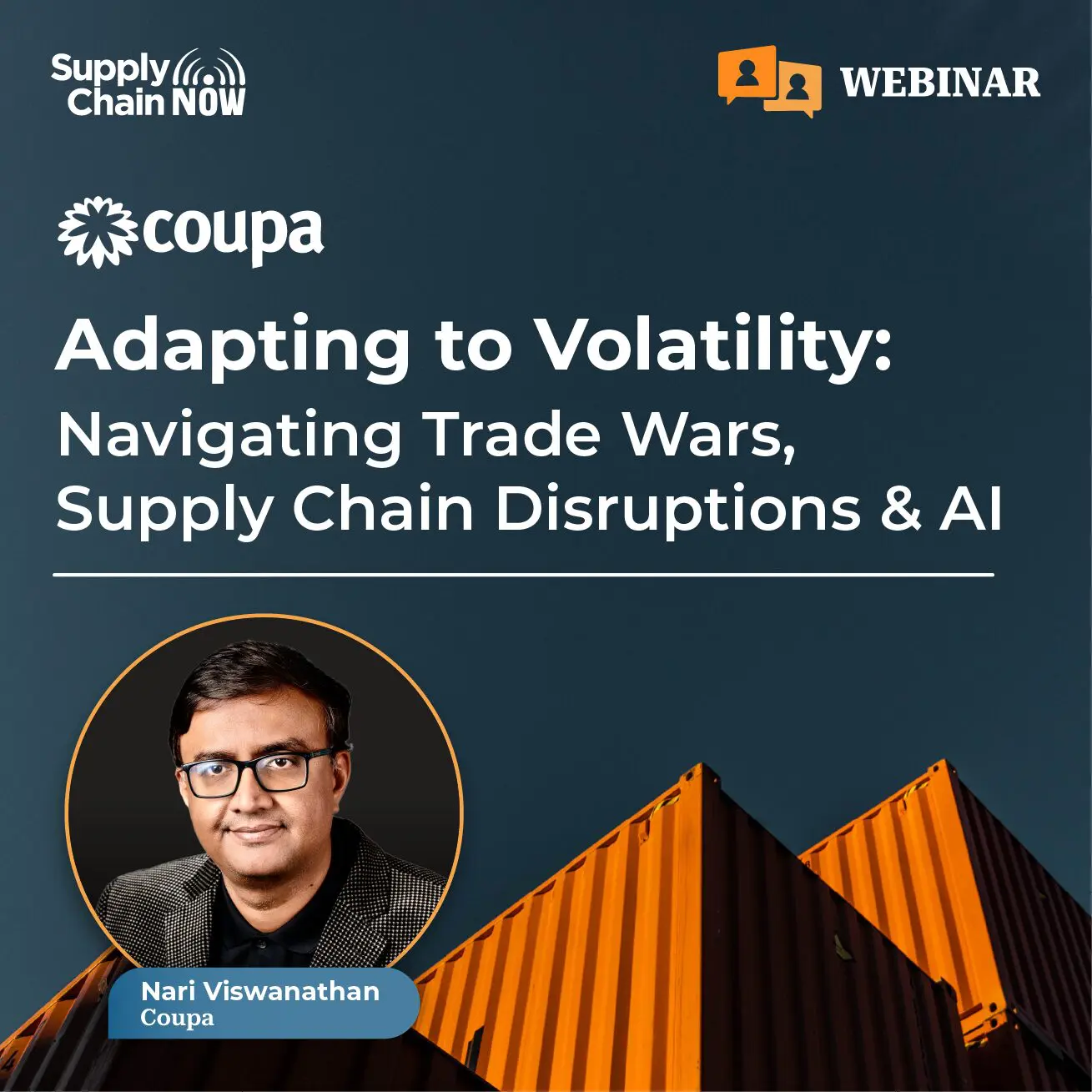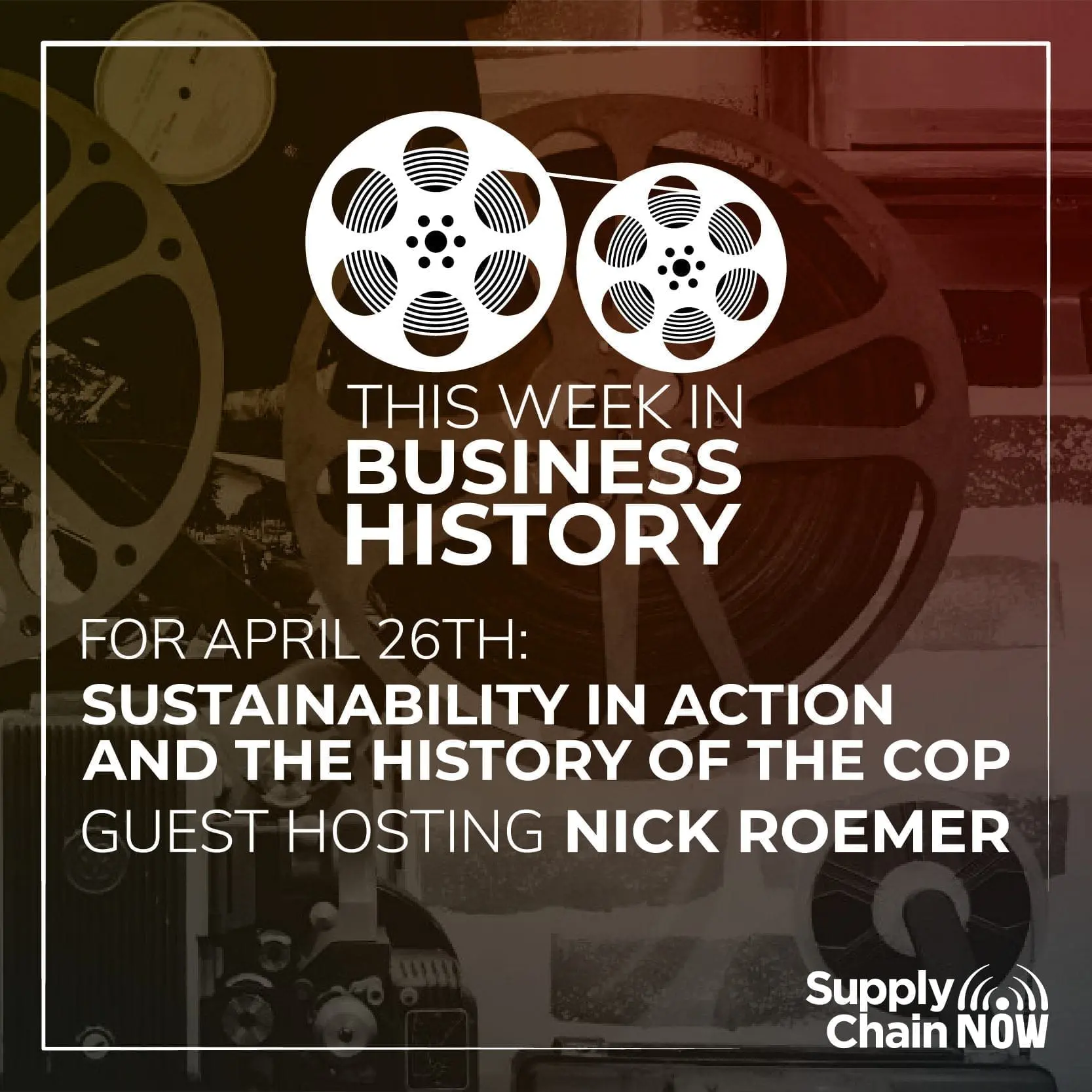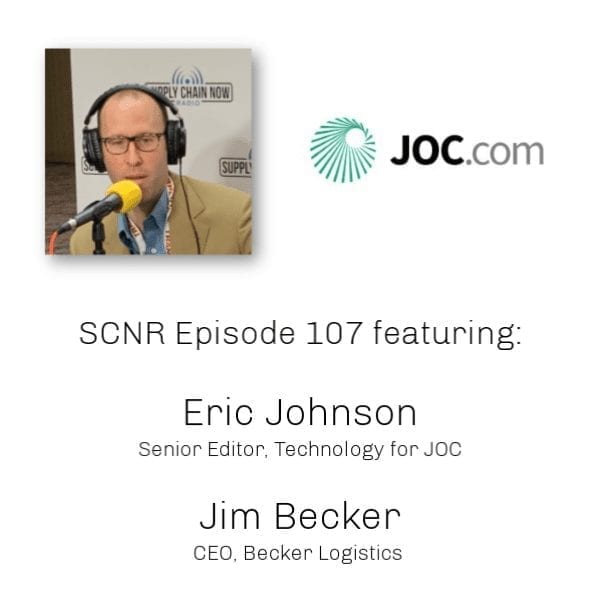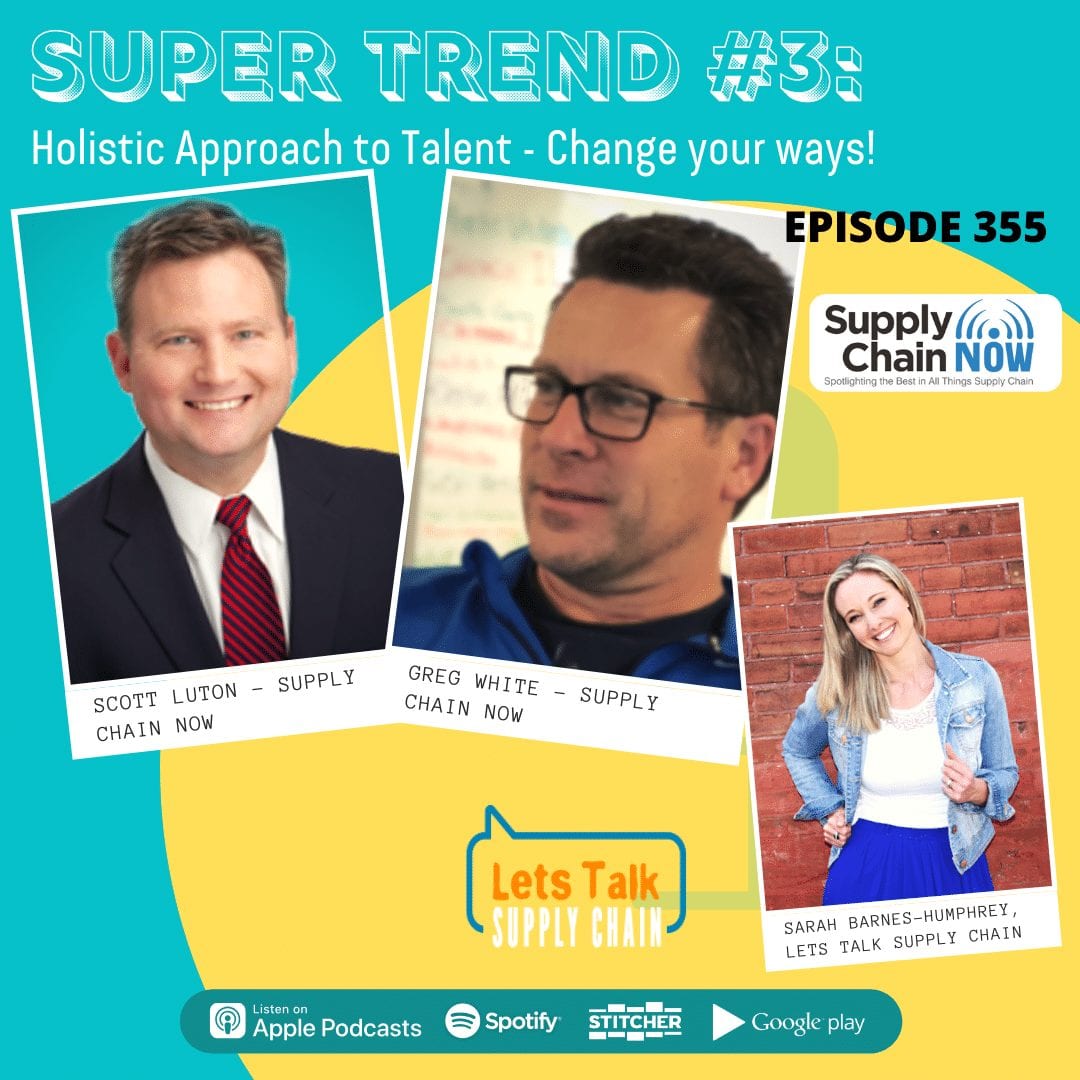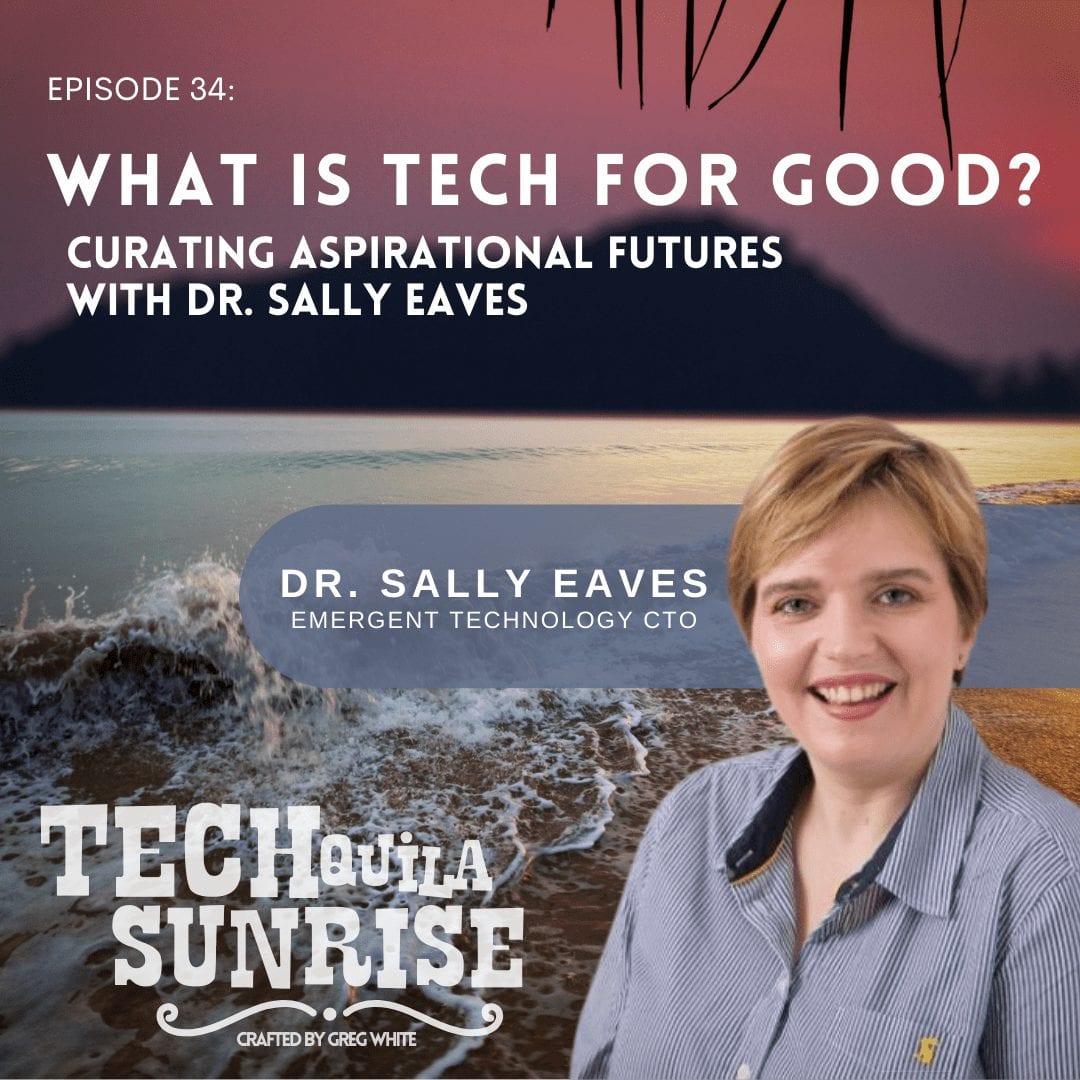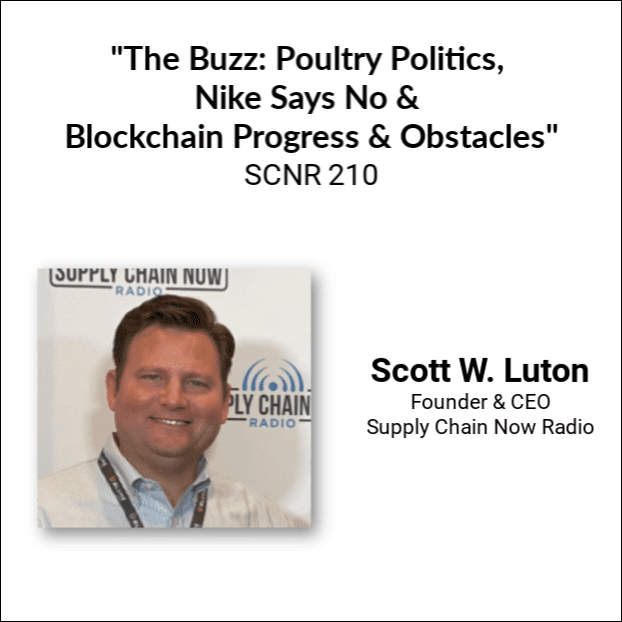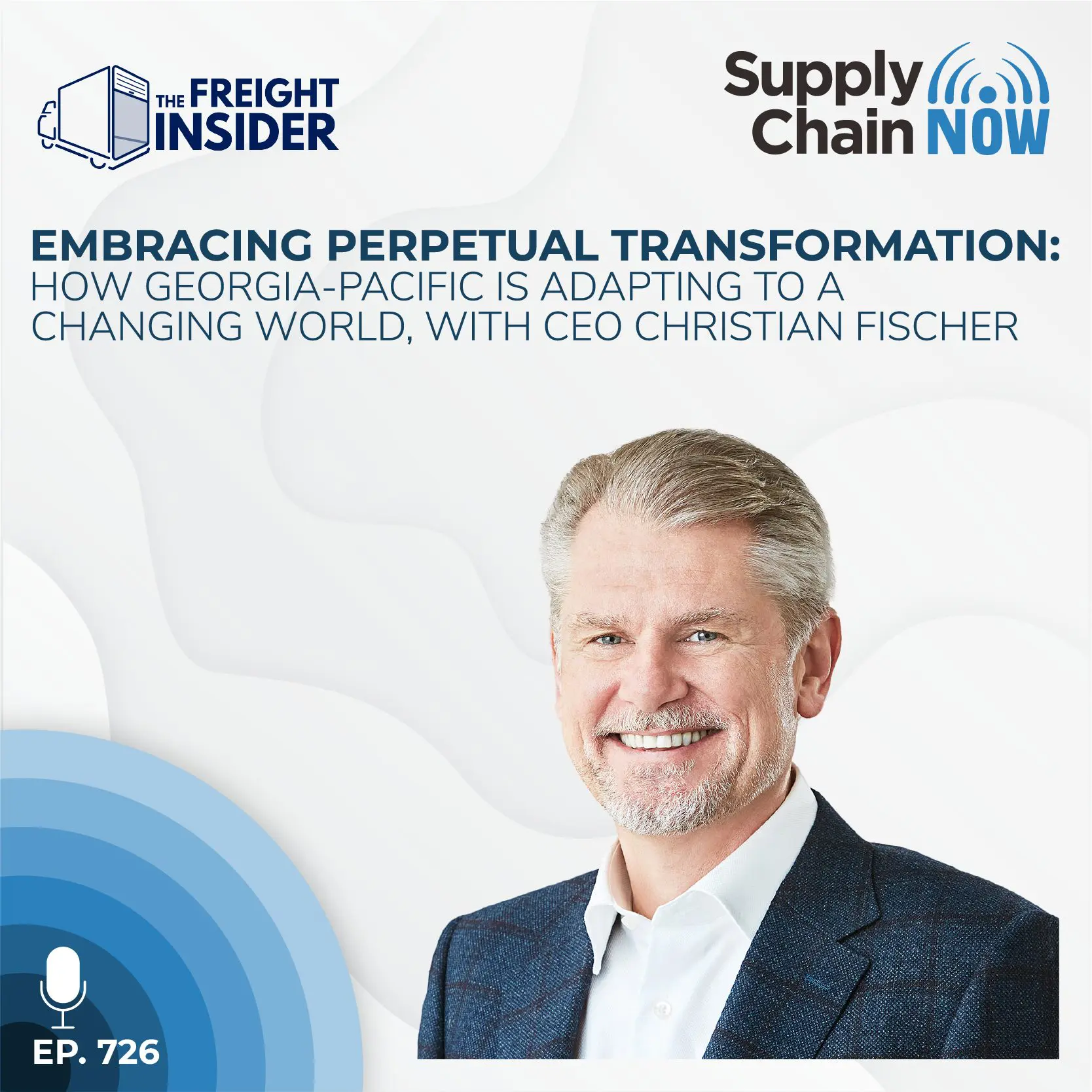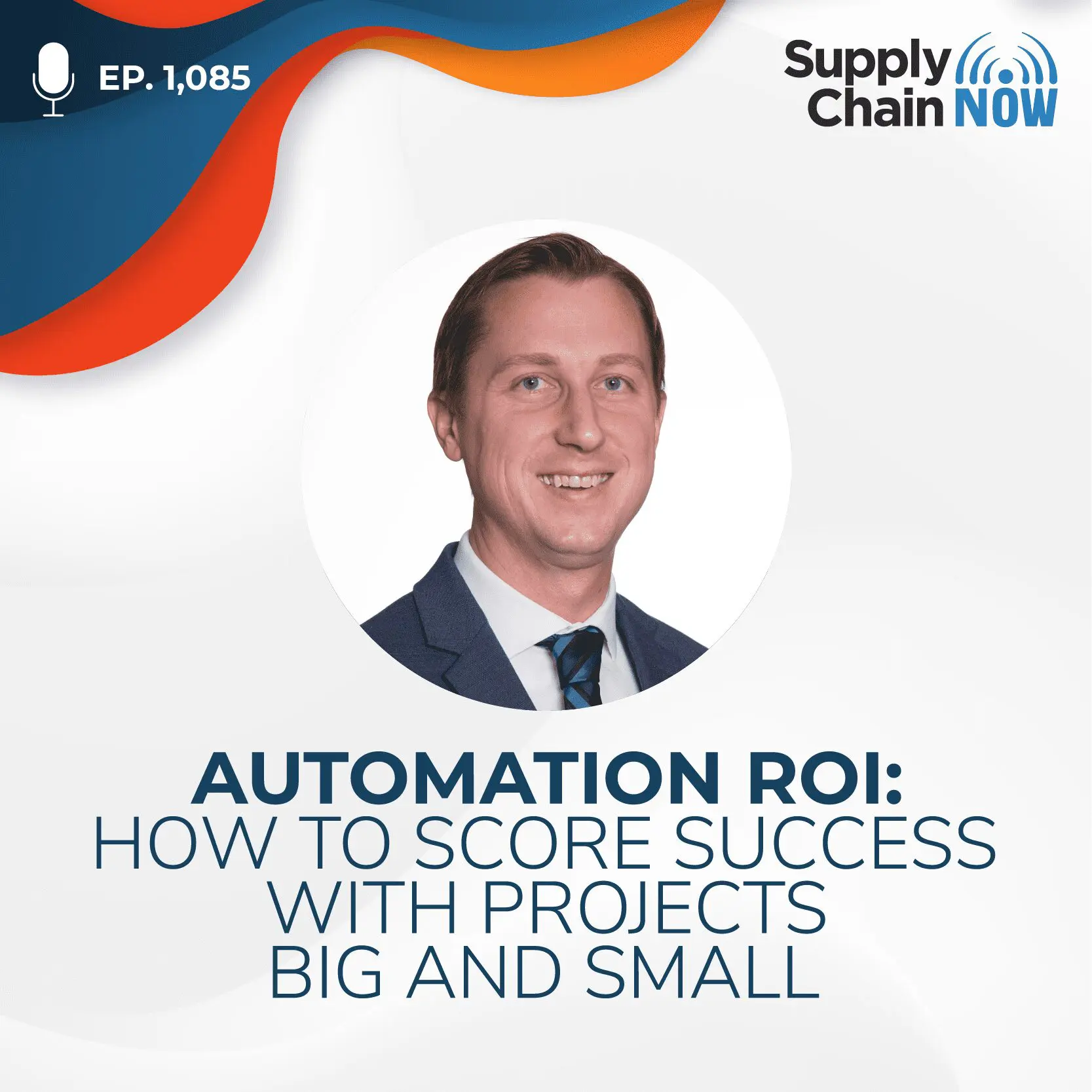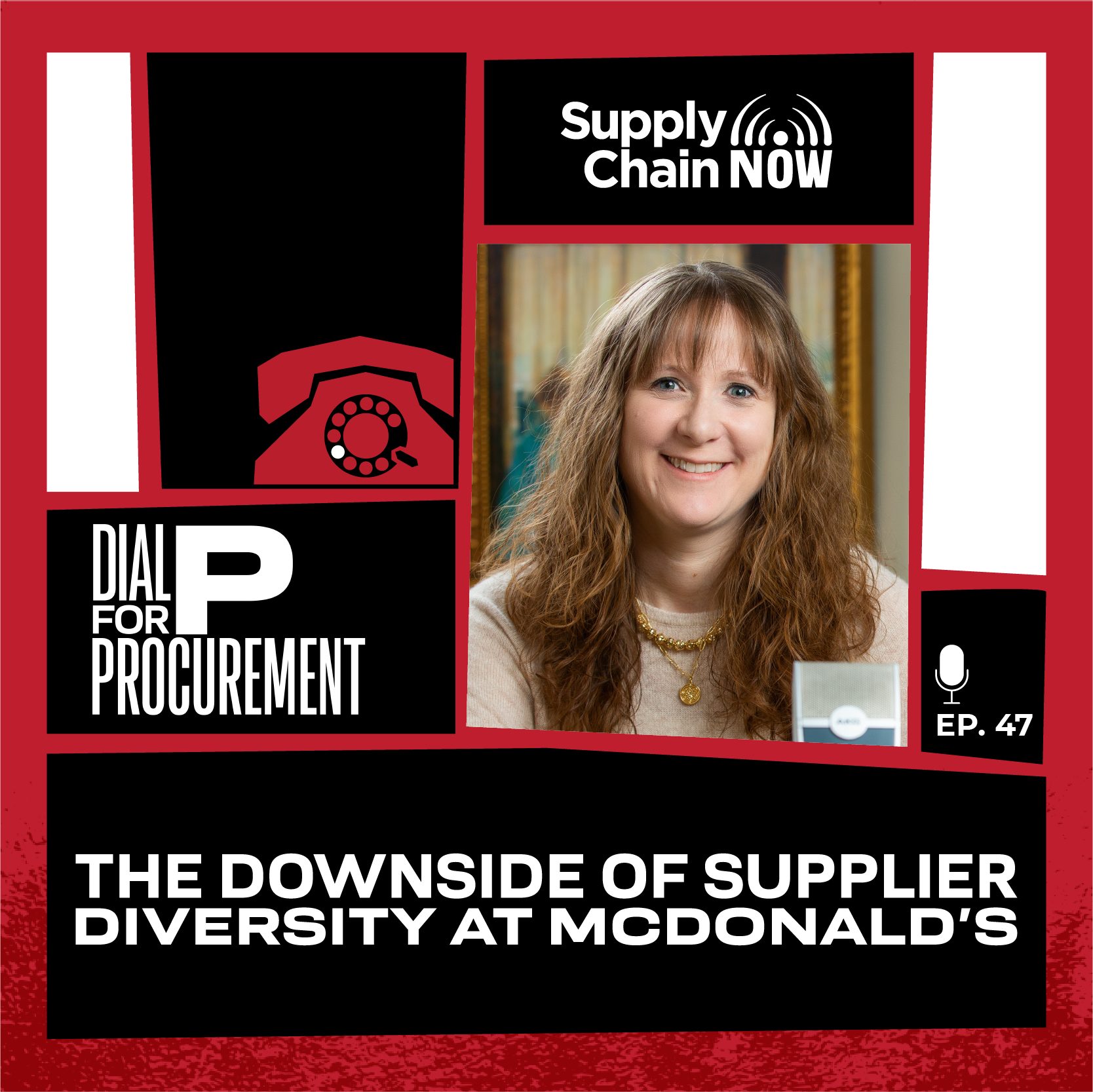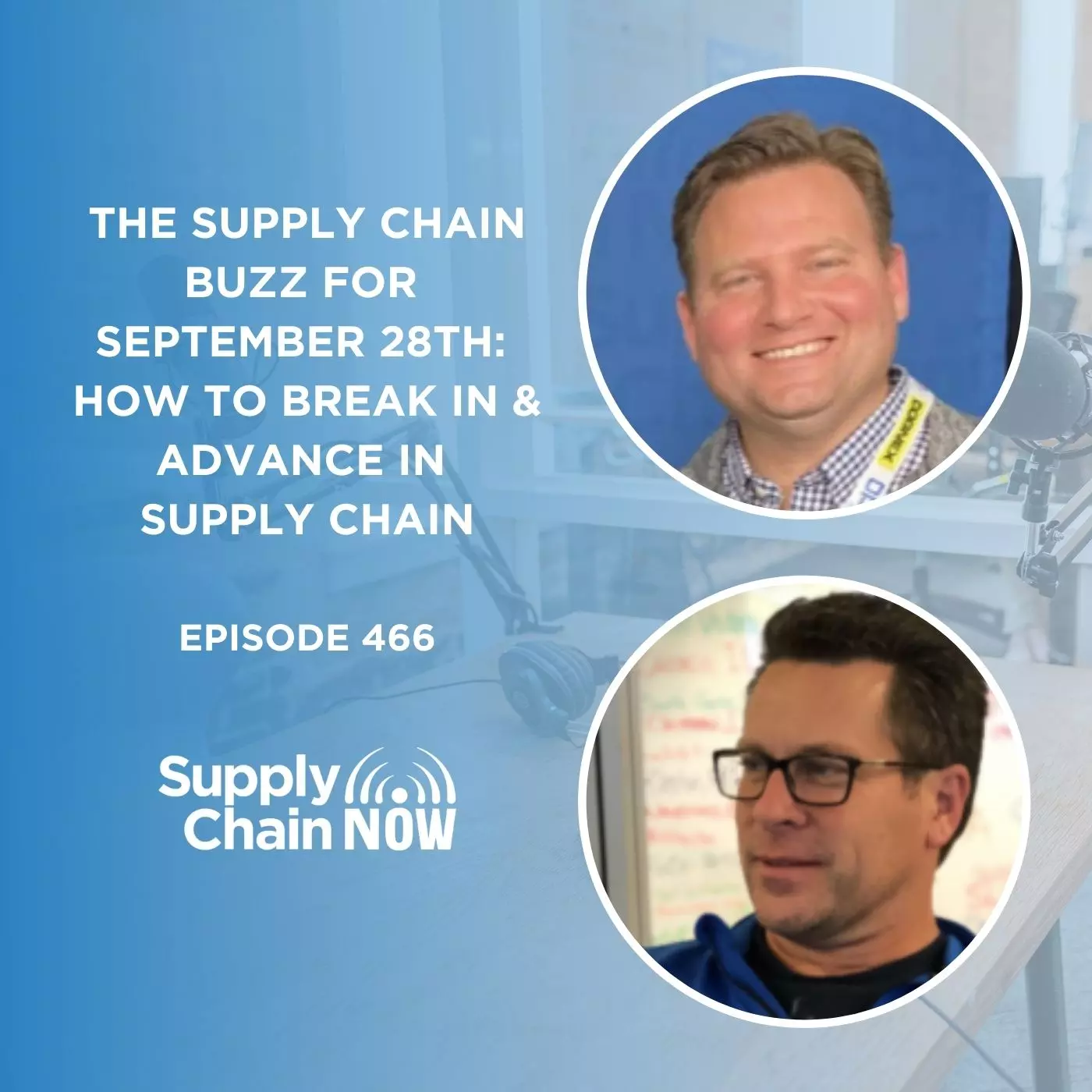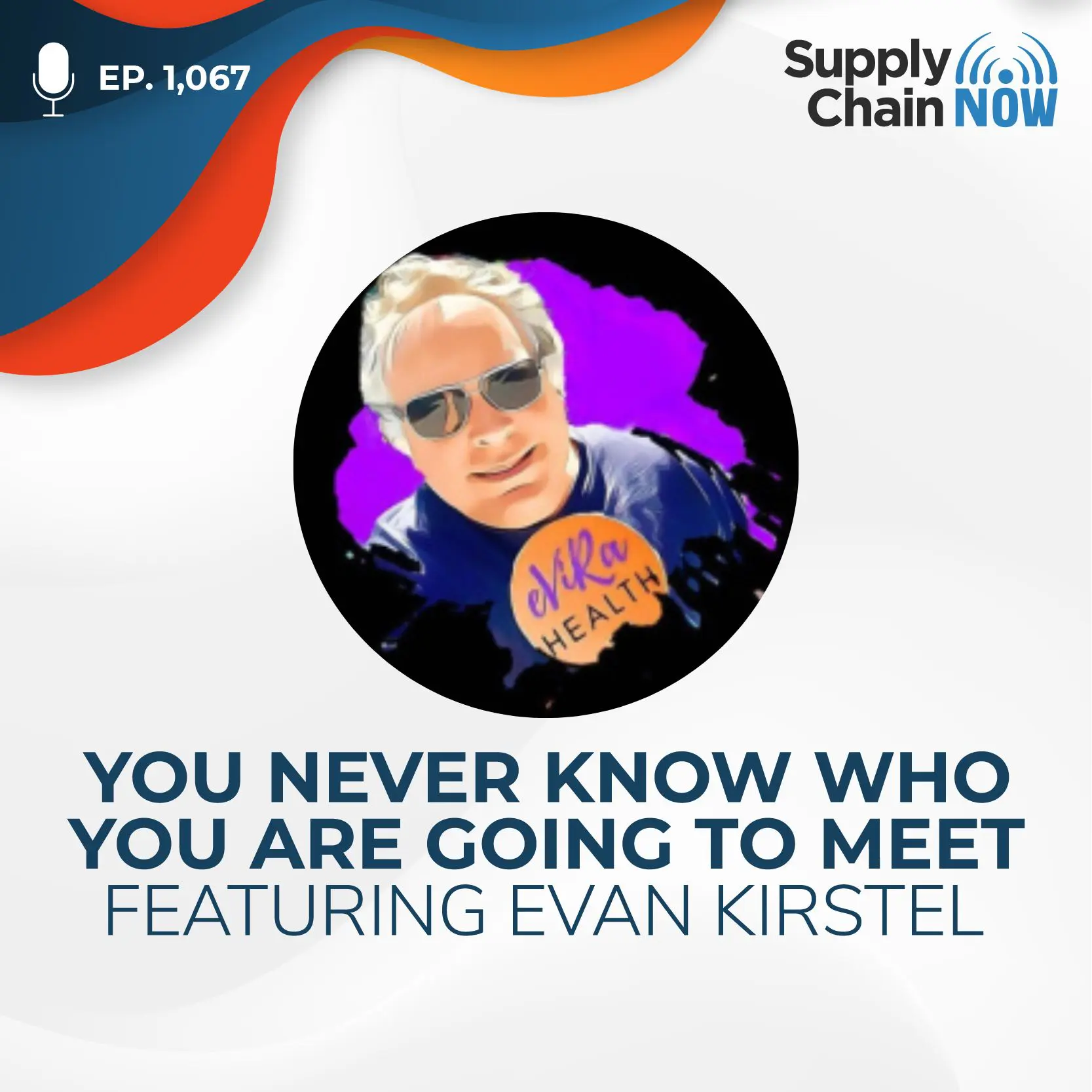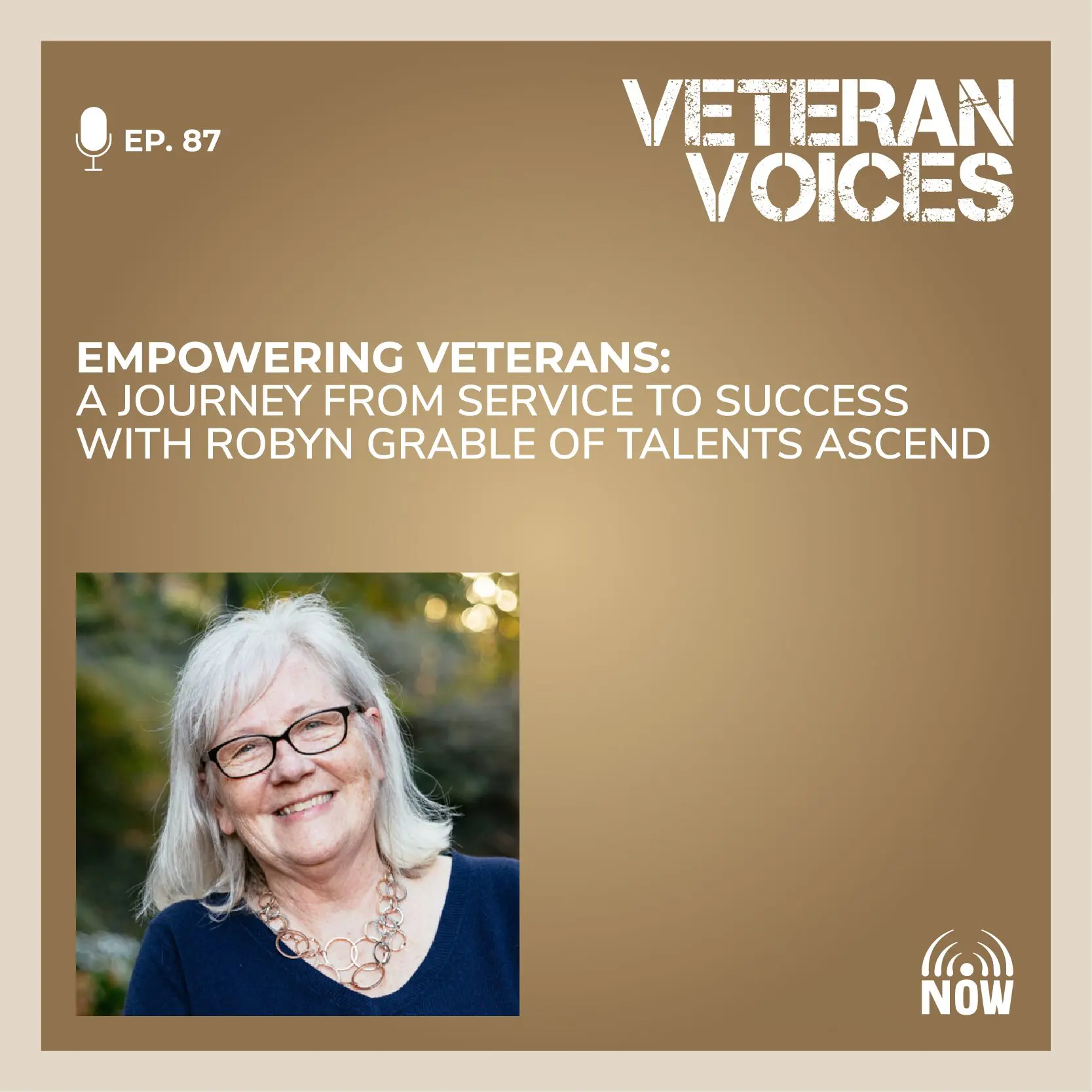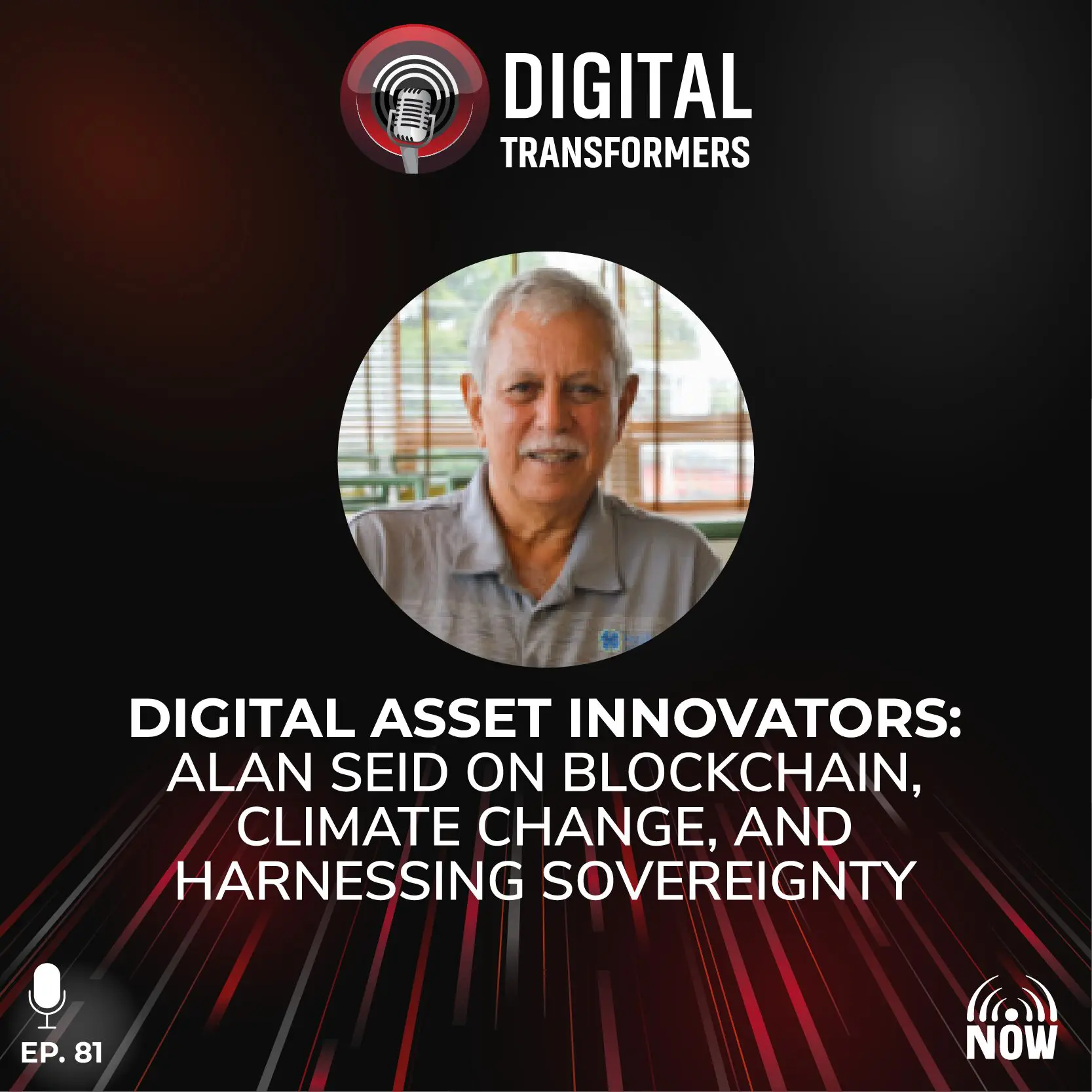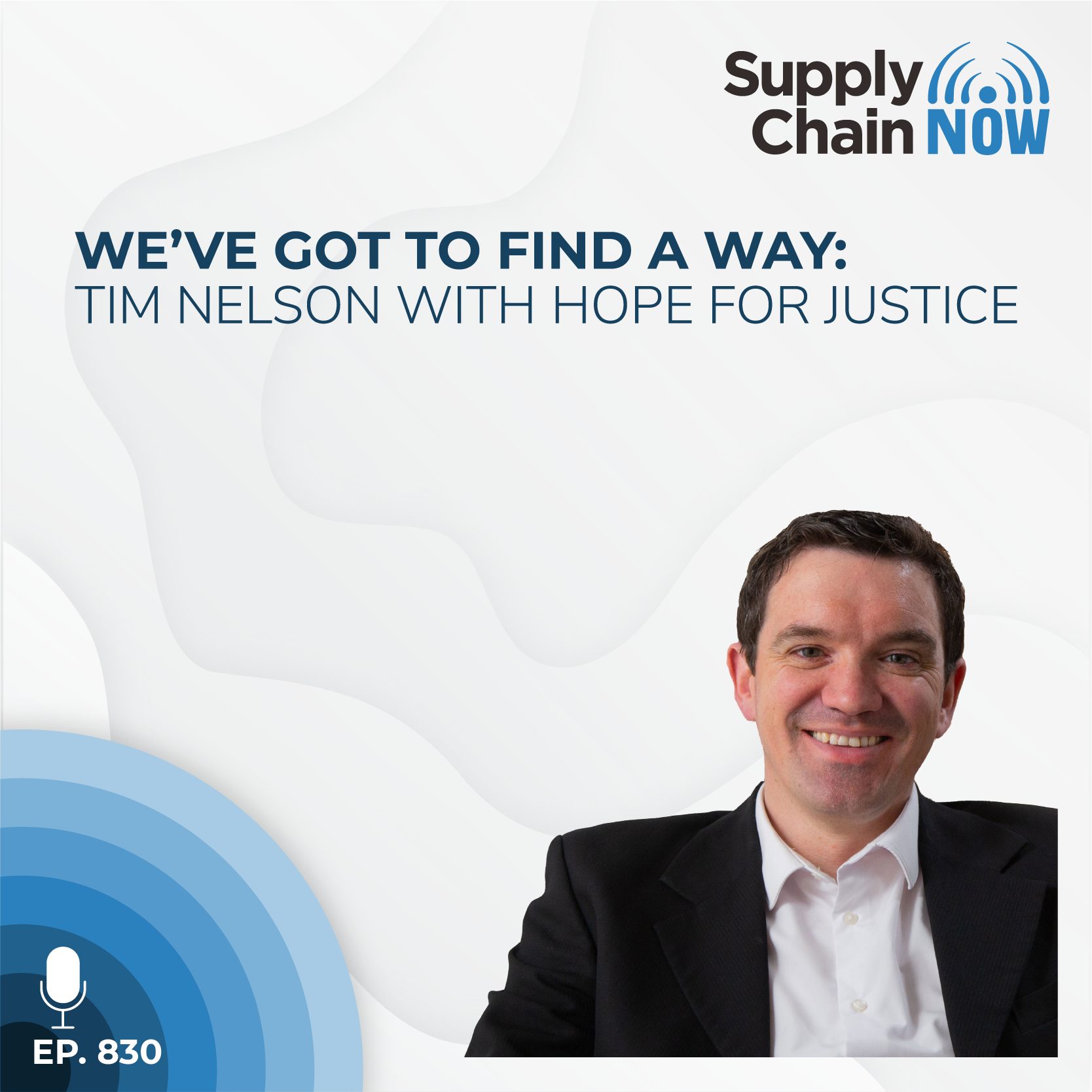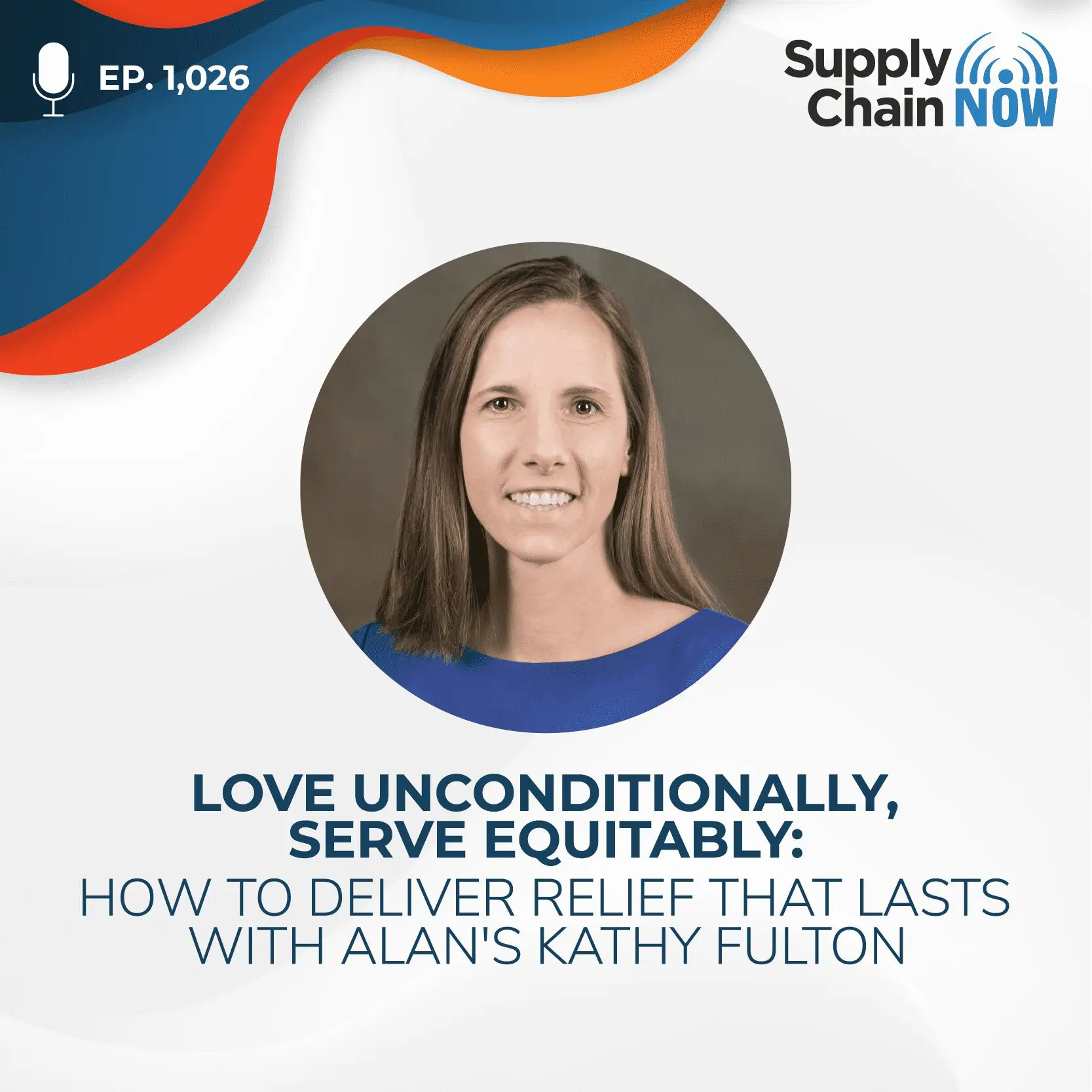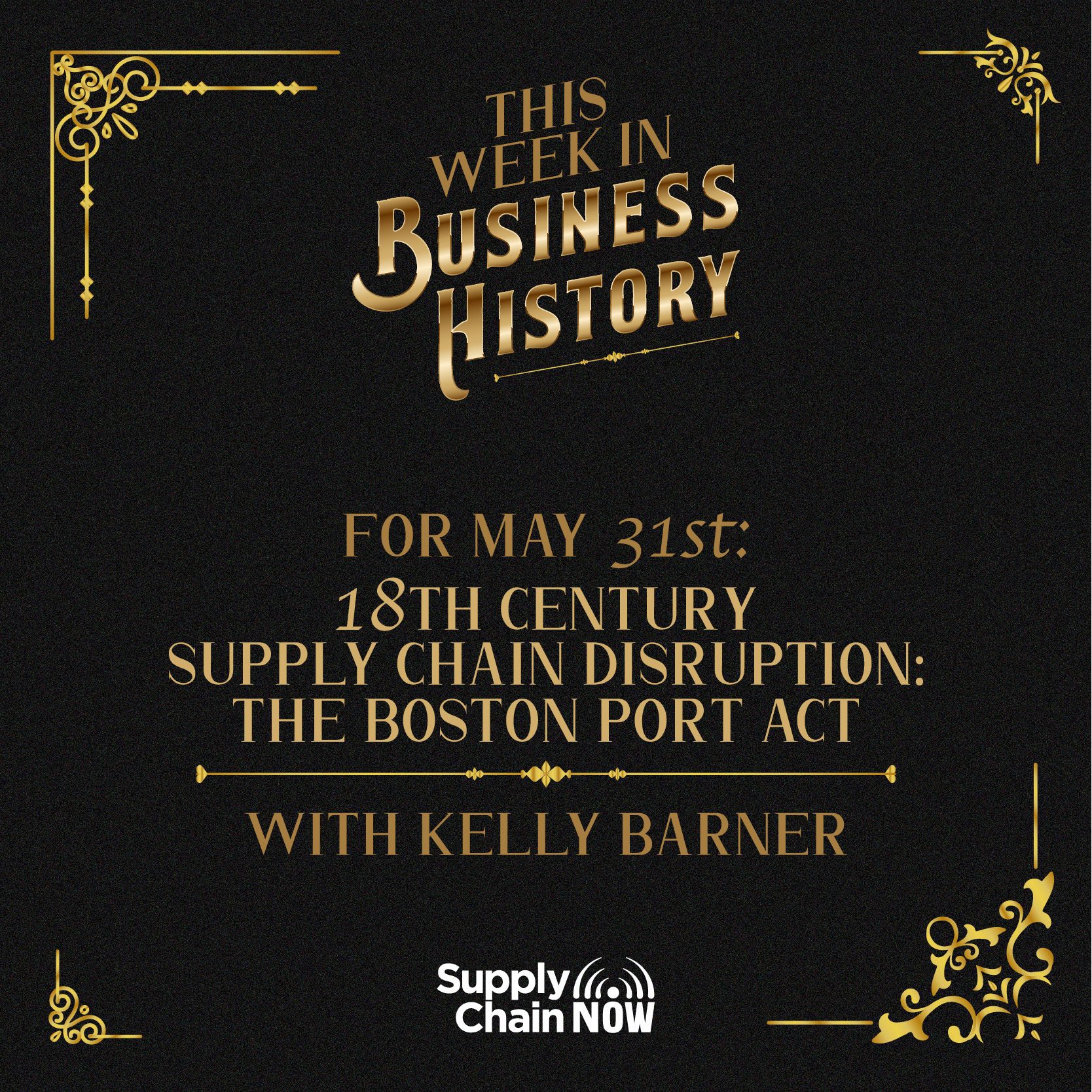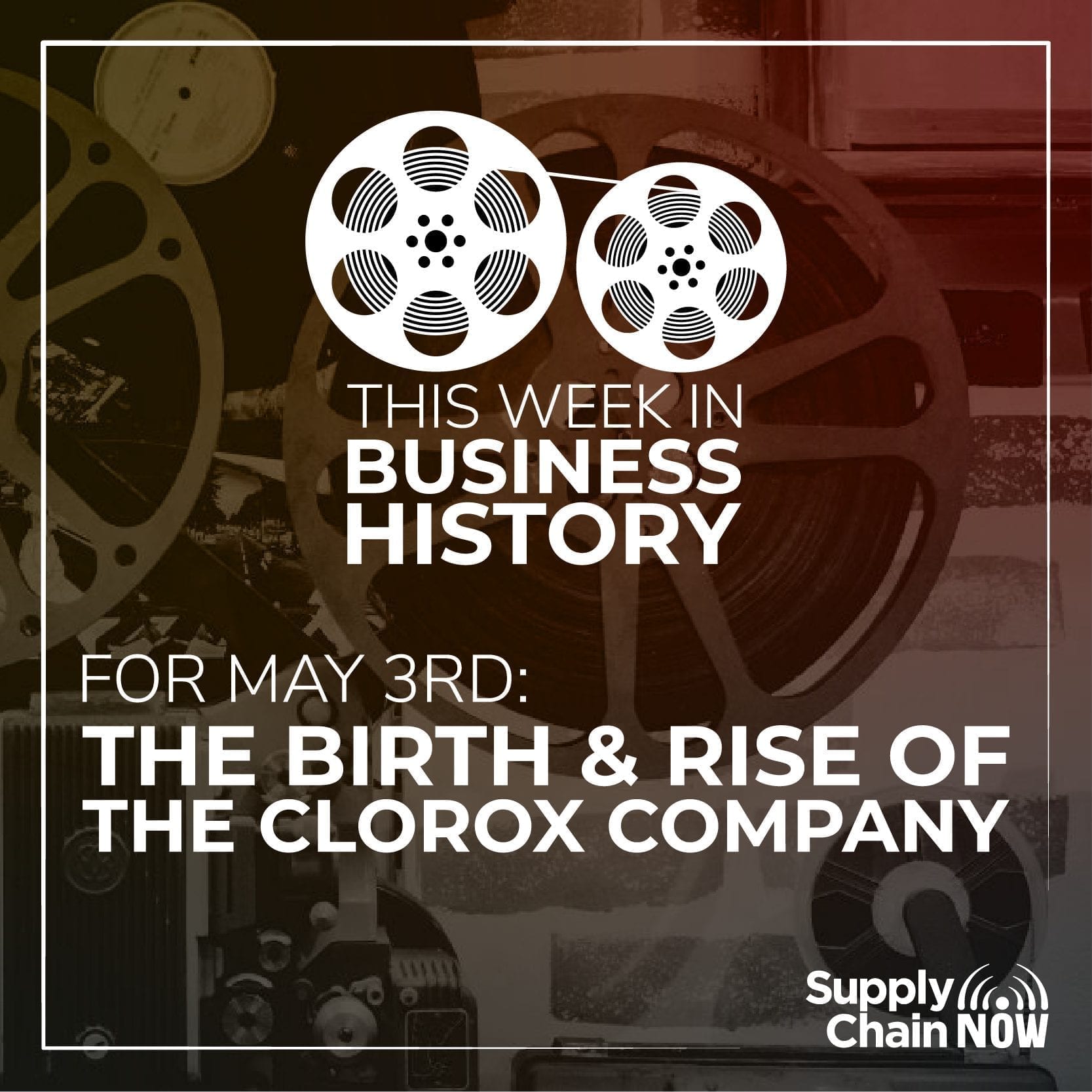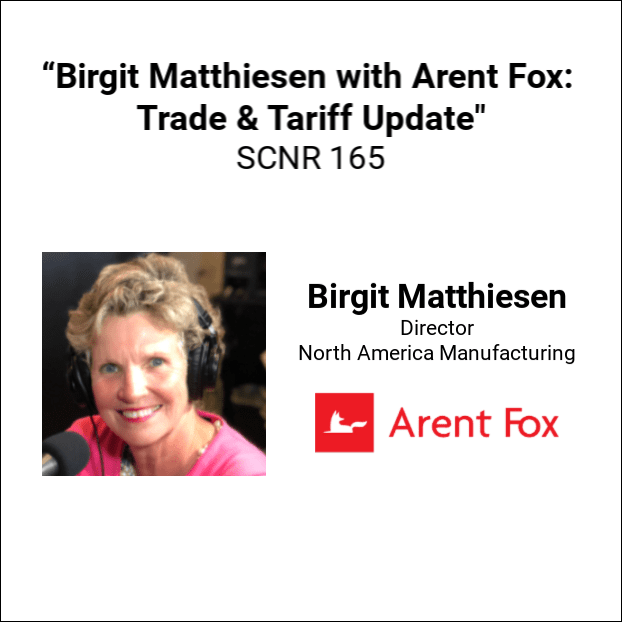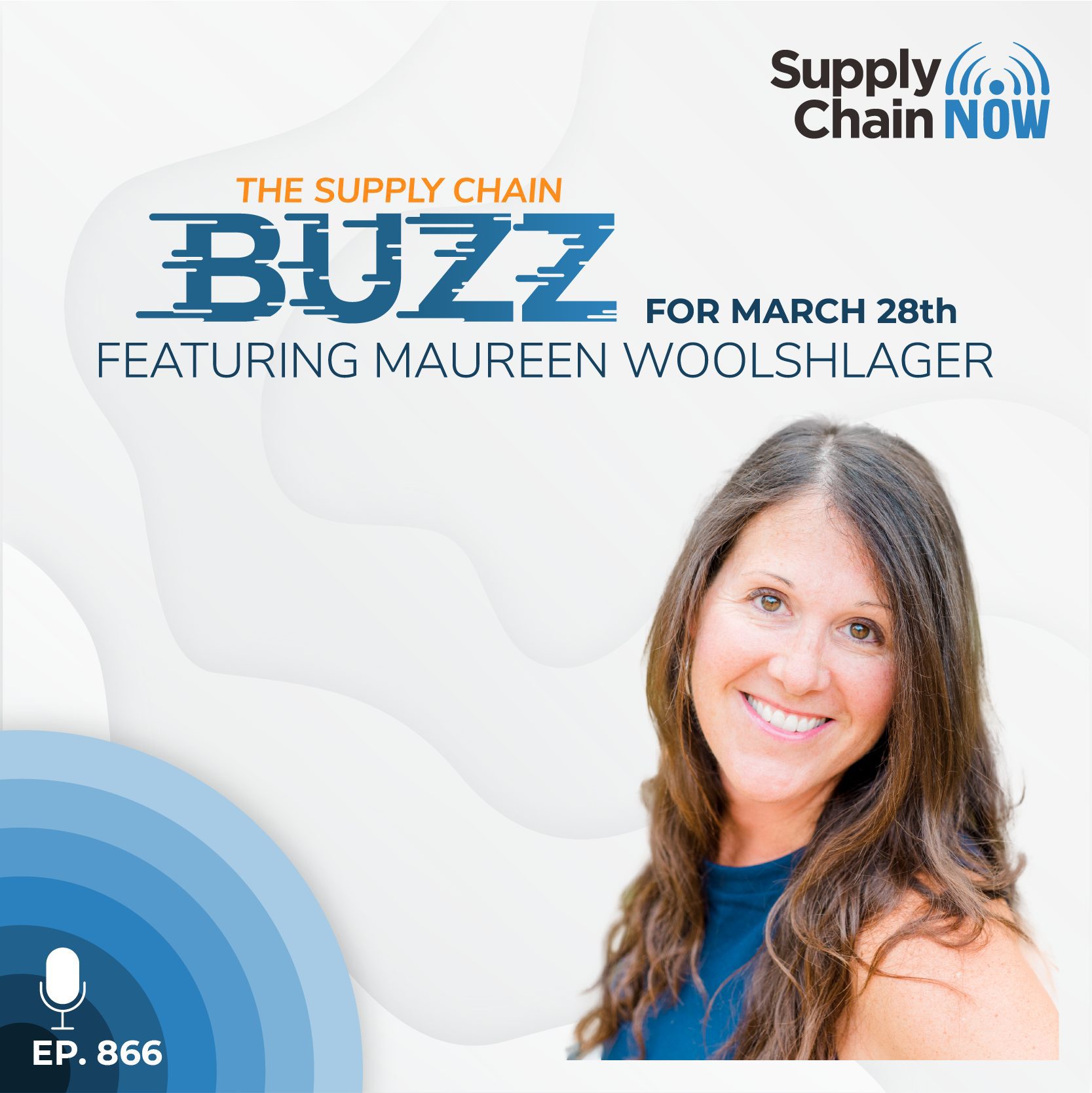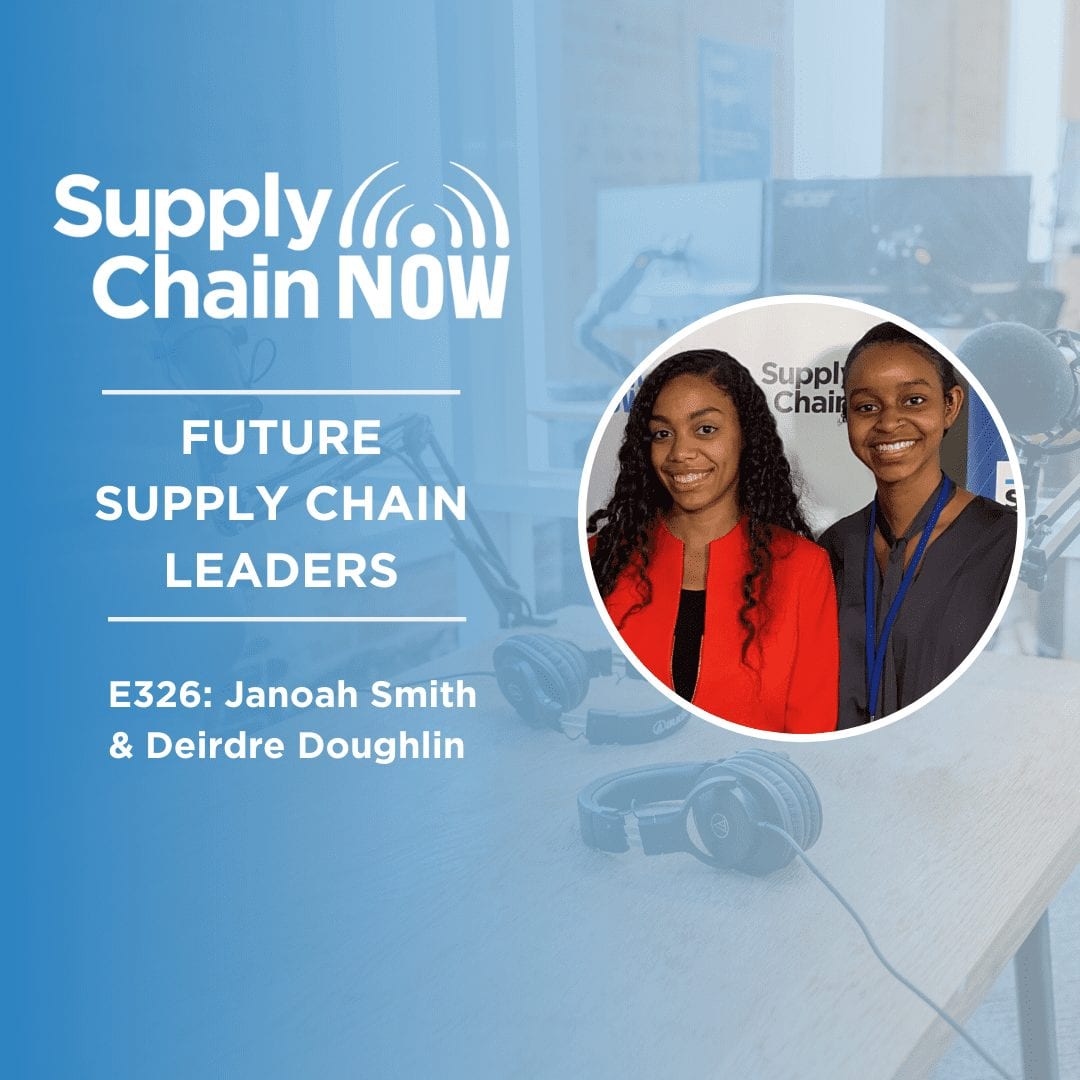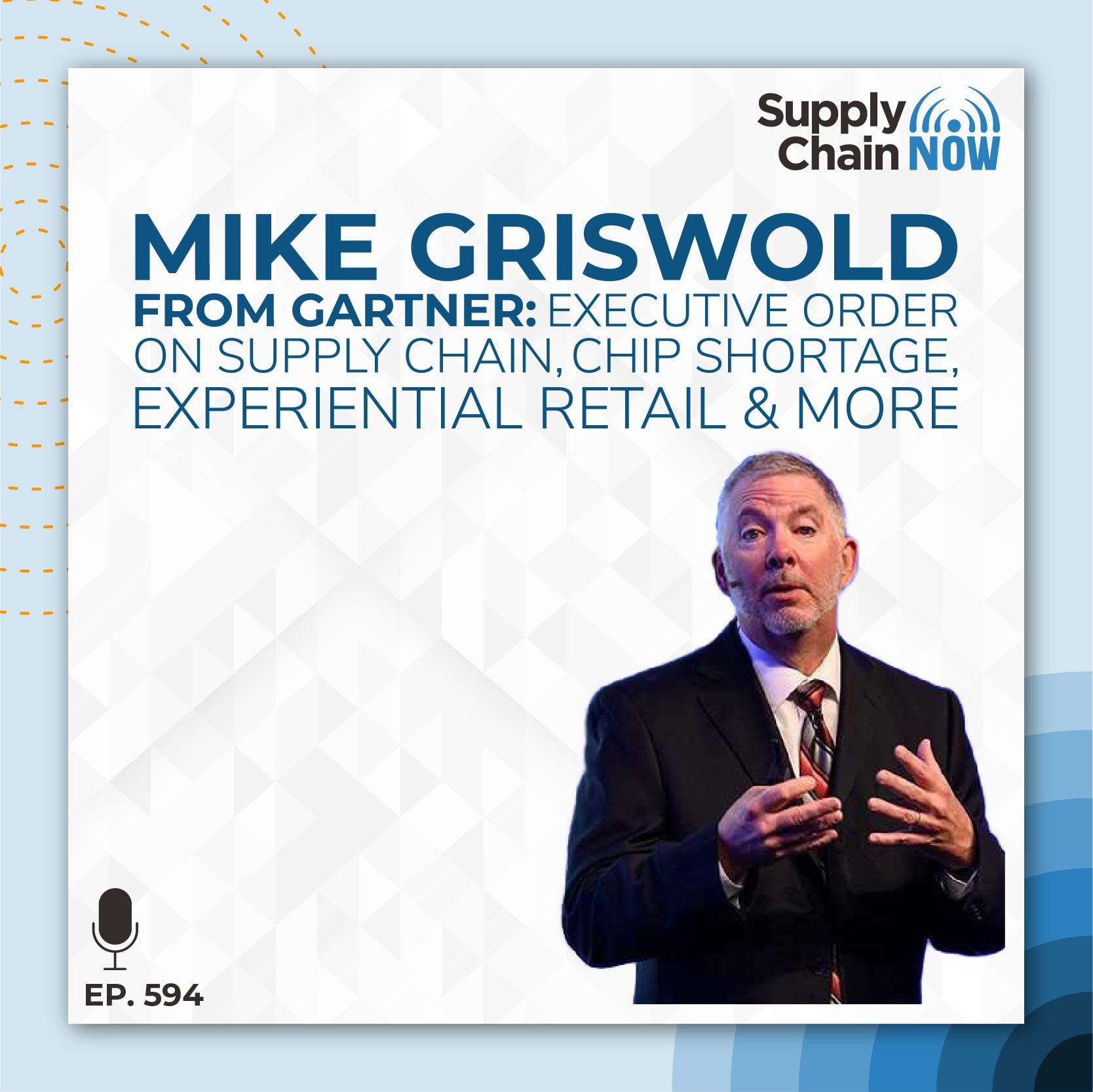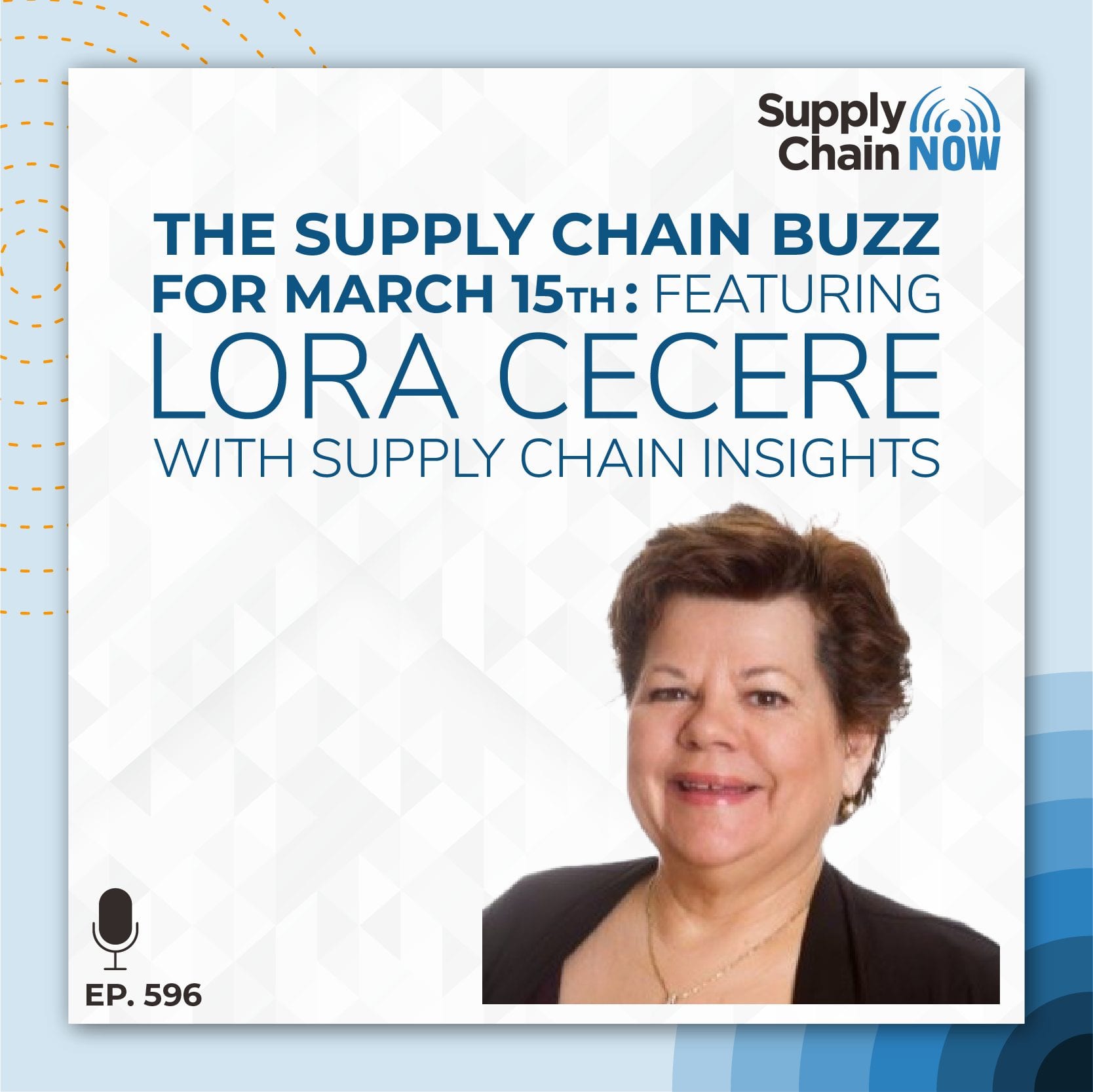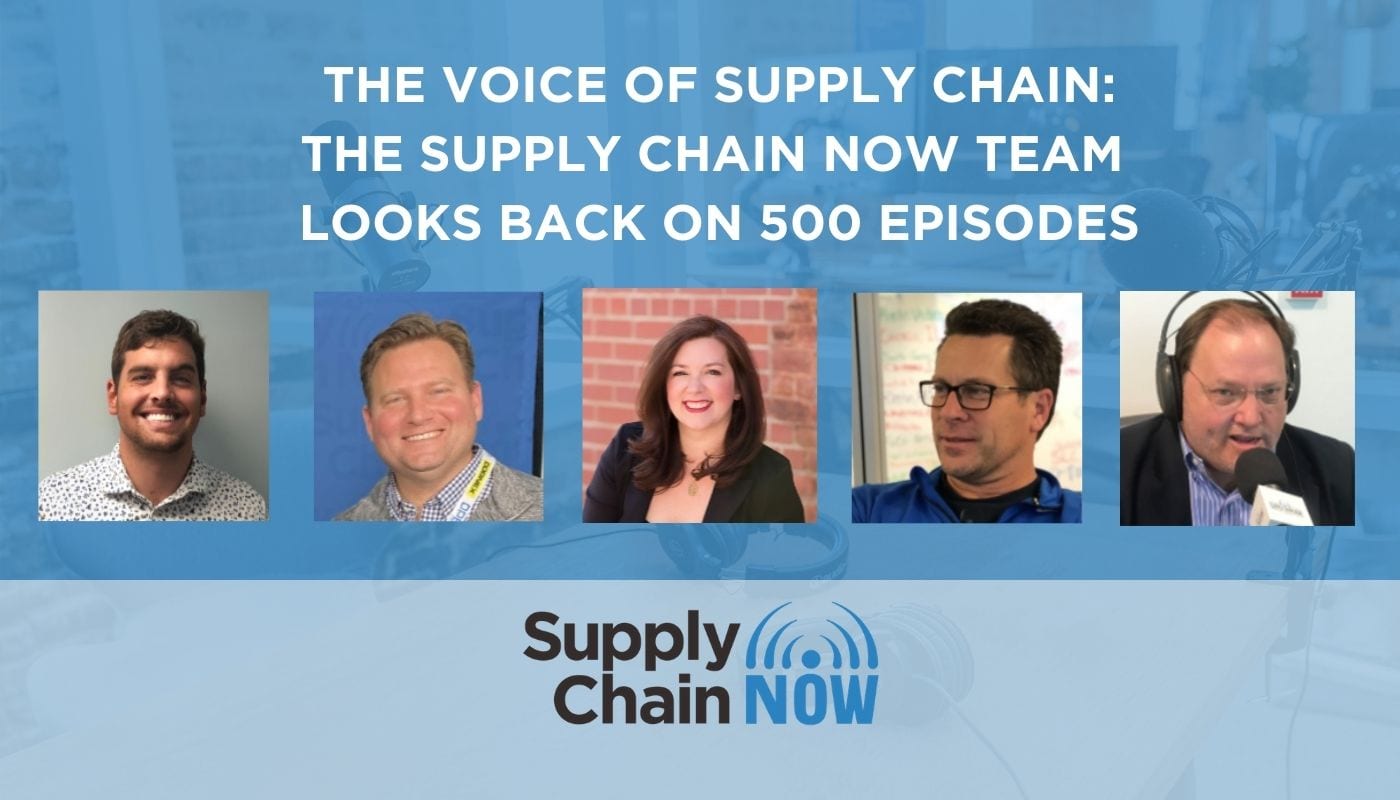
Episode Summary
“Being authentic is so important to our entire team. There’s lots of folks I’ve seen throughout my professional journey that were one person in front of the microphone, but when you try to sit down with them to break bread or something afterwards, they’re completely different. Each of the folks that you see here, including all the co-hosts, old and new, is that I don’t see any difference between who I hear or see in the digital content and how they are offline.”
– Scott Luton, Founder & CEO of Supply Chain Now
Any successful effort requires a team of talented, dedicated people, and Supply Chain Now is no exception. From marketing to social media, editing to production, and the process of being creative and collaborating with guests, it has been a whirlwind journey to 500 episodes.
In this special 500th episode of Supply Chain Now, Scott Luton, Greg White, Chris Barnes, Amanda Luton, and Clay Phillips discuss the journey to this point and share what’s next for Supply Chain Now:
· The size and engagement of the community that has formed around Supply Chain Now is what makes it possible to continue delivering valuable content across channels week in and week out.
· Why global supply chain needs a voice, and why it takes the energy and experience of more than one subject matter expert to provide that voice
· What is next for the whole team, in terms of expansion plans for the Supply Chain Now ‘empire’ and a return to something that more closely resembled pre-COVID life
Episode Transcript
Intro (00:00:05):
It’s time for supply chain. Now broadcasting live from the supply chain capital of the country. Atlanta, Georgia heard around the world, supply chain. Now spotlights the best in all things, supply chain, the people, the technologies, the best practices and the critical issues of the day. And now here are your hosts.
Scott Luton (00:00:28):
Hey, good afternoon, Scott, Lou, and the whole gang here at supply chain. Now welcome to today’s episode. This is a very special episode for our whole team. At least this episode, 500 hard to believe we’re already here. Episode 500. So own this show. As you see, we are, uh, got the whole team here, at least, uh, the core team that the management team, so to speak behind supply chain. Now we’re going to be picking the brains of these folks, these sharp folks that make the shows sound smart and look smart. Look good. And, and so you hear from them and hear about the journey where we’ve been, where we are, and of course where we’re going. So I’m, I’m probably more excited than anyone else to hear from our panel here. Some more to come on that just a moment, Greg white, big question for you to start with, if folks enjoy this episode and some of what they hear and some of the, the, the colorful personalities they hear here, where do they go to get more?
Scott Luton (00:01:27):
First of all, if you don’t enjoy this episode, let me give you Scott Luton’s phone number. It is money back guarantee. Yeah, that’s right. You get a money back guarantee. 100% of your money back. If you don’t enjoy it, that’s right. Wherever you get your podcasts from Scott or YouTube and also two live streams a week. That’s right. So you can pretty much find us anywhere. Absolutely. Especially if you look so well, all you gotta do is blink anywhere there subscribe. So you don’t miss a single thing. So let’s go round Robin. Let’s welcome. Everybody who you’re going to hear from here today. Of course, we’ve got Greg white, uh, we coast many of the shows together. He’s also host of tequila, sunrise. One of our, uh, very popular newest series. Greg, how many shows deep are you there? Uh, we just published one number 20.
Scott Luton (00:02:21):
Is that right? Amanda? 25 square months. How about that? So you can check out tequila, sunrise, wherever you get your podcasts from. Great to have Greg Amanda Lutin has already weighed in Amanda. Welcome to the show. Chief marketing officer here at supply chain. Now, no show yet. We’re still working through negotiation with her would be awesome. Wouldn’t it be pretty cool. I think our most popular episode was the one with you on it, so. All right, so Amanda, good afternoon. How are you doing? Hello? I’m good. I’m great. I’m excited. Yes. You’re in supply. I’m in supply chain now East, uh, you’re in supply chain now West right around the corner. Also Chris Barnes. Good afternoon. Host of supply chain is boring. Hey, doing Chris. Good afternoon. I’m I’m just waking up from my nap. It’s boring. It keeps me just so boring. So boring.
Scott Luton (00:03:20):
We’ve had a lot of fun with that title and it’s so funny to see some of the folks that kind of don’t get how really sarcastic we’re being with that title and they want to correct it. Do they really? Oh yeah. I love it. I love it. So Chris heard a lot of, all of us have unique styles of how we interview and interact with the guests and I really enjoy yours from the get go. So really enjoyed to see what all the feedback we’re getting with supply chain is boring. And finally we’re saved our cleanup hitter for last. He’s a dead ringer for Austin Raleigh and at least in some universities, the all-star third baseman for the Braves clay, Phillips clay, the dog Phillips clay. How are you doing? Hey, happy to be here. How are you doing Scott? Doing fantastic. Speaking of Greg. Yes. Amanda and clay are rarely on this side, but when they do our ratings go up, so we’ve got to ring it. Don’t they? I mean, maybe we should move to behind the camera.
Scott Luton (00:04:21):
Okay. Well, I appreciate what y’all do. It takes a whole team and this is just part of the team, right? We’ve got other folks that have been so big parts, big contributions to our overall success and the journey as we, you know, served our North star. And that is our audience and the community that we have been building brick by brick and serving. So really passionate about that. Okay. So we’re going to set the table first. We’re going to kind of get, and we’ve already done a little bit of that as I’ve introduced each of y’all, but if you could expound a little bit more on what you do here at supply chain now, and Amanda, I want to put you on the spot and have you go first. So Amanda, what do you do here?
Amanda Luton (00:05:02):
So I’m the CMO of supply chain. Now I organize all of our marketing efforts, manage all the marketing efforts, um, manage our new, wonderful, expanded marketing team, which is super exciting. I publish all the episodes. Thankfully I don’t make all of the website updates anymore. Um, we have another very talented, uh, member of our team. That’s doing the website a little bit more often, but I helped develop the marketing strategy lately. I’ve been working on standardizing a lot of our internal processes, which sounds super boring, but I’m a big checklist person. So it’s right up my alley.
Scott Luton (00:05:36):
Let’s ask Chris, Chris, if that’s boring, might need to be my next interview.
Amanda Luton (00:05:44):
Very, very, yeah. So I’ve been working on the standardization processes to make everything kind of flow and work better on the backend, which is very important to me. I milk the cows. I feed the hogs. I teach the kids, which I actually definitely do right now. Um, since they’re still home with digital learning, but I, I wear a lot of hats. I do whatever I need to, to kind of make the behind the scenes flow as, as well and as easily as possible.
Scott Luton (00:06:08):
Yes. And she means to say for the, we have our kids coding for supply chain. Now for 15 years,
Amanda Luton (00:06:18):
Those are the new website talent. Yeah.
Scott Luton (00:06:21):
Amanda, I appreciate all that you do. And that’s probably just scraping the surface. Let’s move along to clay Phillips clay. Tell us about what you do here at supply chain. Now
Clay Phillips (00:06:30):
I serve as our marketing manager. Um, so as we do have some associates now, formerly interns, we decided that they, their positions are much more valuable than that, that name. So I kind of handled them and then I do whatever Amanda tells me to do.
Amanda Luton (00:06:47):
Just like the rest
Clay Phillips (00:06:48):
Of us. Yeah. So just like the rest of us, we say it all the time where people have many hats in this department, um, in, in our environment, uh, for, for splashing now, you know, when something needs to be done, we all collaborate work together on it and get it done. And that’s kind of our day to day, besides that a lot of stuff with social media, keeping Greg in line, uh, listening, listening, giving feedback and not just working together.
Scott Luton (00:07:16):
Awesome. Appreciate one heck of a one-two punch between Amanda and clay. So good stuff. And as they’re both speaking to all the other great help we’ve had behind the scenes, the associates as clay referenced, and many others that have contributed and new new contributors, which will shed some more light on perhaps deeper in episode 500 year. Okay. Chris Barnes been around since the very first episode, Chris. Hey, doing, and what do you do for us a bunch of times?
Chris Barnes (00:07:46):
Oh, G O G baby. Right. So it’s interesting, Scott, you you’ve introduced the panel and you said, I look forward, you know, these are all the, the great contributions and the things that they add. I am probably least known for the things that I take out being the, behind the scenes and the editor. My job is taking out the us and the AHS and the ums and the Greg white 22nd pauses, those types of things, just to make things sound a little bit more palatable.
Scott Luton (00:08:14):
That is a brilliant description. You’re not known for what you take out. You are known by us, of course, for that. Right? Well, as Greg and I both have come to really appreciate, you know, we got into, you know, probably episode three 50, 400 before we started learning a bit about how to edit and produce and do what Chris had been doing. All those hundreds of episodes. And Greg, we’ve got a whole new appreciation for just how time consuming and detailed you’ve got to be. So Chris kudos, all that you’ve done and, and looking forward to keeping you extremely busy and the weeks and months to come look forward to it, keep it coming. No worries. Got to get bigger truck, bigger boat, bigger train you name it. All right. So Greg,
Greg White (00:08:58):
But Lee, I mean, he’s also known for supply chain is boring. Right? True, true, good point. Which I mean that’s, to me, that’s, first of all, I love the irony of the name of that. And I, I love the challenge, Chris, that you put out there to, to prove that supply chain is not boring and they all deliver. I’m a hundred percent. They are a hundred percent so far.
Scott Luton (00:09:21):
So it was it. Oh boy. I’m gonna, I’m gonna sh I’m gonna share this anyway. Let us more set. Had a song in the nineties. Wasn’t about irony.
Greg White (00:09:31):
Yes. Yes. It was not irony.
Scott Luton (00:09:36):
Well, okay. So Greg, you’re perfectly, we didn’t talk about this pre show, by the way, I had a college professor that when that show show came out, he gave a whole dissertation to that on that Monday class, about how that song, there’s nothing ironic mentioned in that song. So every time I want to say, Hey, how ironic or something, I’m always, that little memory has held me back. So I’m hoping, so I’m glad to hear that, Greg. So I can now say supply chain is boring, is indeed officially ironic as deemed by the knower of all in the universe, which of course is Greg white. So a font of useless knowledge. Alright, so we got all right. So Greg, real quick, our listeners, of course know you, uh, for a variety of different reasons. What else would you like to share about what you do?
Greg White (00:10:22):
Well host obviously, right. I mean, Scott and I host a ton of the shows though. We’re trying to, to quote Sofia, we’re trying to bring equity so that some other people get to host some shows and, and Chris buckle up, but also tequila, sunrise. And then, you know, I, I do some strategic advisory type things like we just did right before this session. Right.
Scott Luton (00:10:48):
Because we are about to unveil some really exciting things. And it, um, we’ve all been, uh, really appreciative of Greg’s been there and done that and building big businesses, big and big enterprises and models and, and, you know, it’s very helpful and very valuable advice and experience. So appreciate what
Greg White (00:11:09):
Most of the time irritating, it’s somewhat valuable. I was losing. Maybe you could tell us a little bit about what it is you do here at supply chain now, because we’ve all been wondering for years.
Scott Luton (00:11:22):
All we do, all we do seems like is jumping in front of a, uh, on a zoom or on a stream yard live stream and, and talk. Uh, and hopefully I ask, I ask questions more than I talk, but as we all know, I’m not succinct. And it takes me 15 minutes to say my name. But most importantly is I work with some really incredibly talented and savvy and experienced and innovative and the best of the best. And that is a joy every day that I get out of bed to, to talk our audience and talk and interact with our community because I lean on all of these shoulders and then some so, and that’s, that is part of the absolute rewarding component of this whole journey. So that’s what I do. And now we’re going to keep driving. All right. Big toe, the quote, the great philosopher.
Scott Luton (00:12:15):
We can’t stand without you. Oh, that’s a new one for me. All right, Marie, come on, man. Oh, bill Murray, come on, man. We’re going to continue our classical philosophy, um, lessons here on slide now. So let’s, let’s do a little history lesson. Speaking of the classics, let’s do a little history lesson and clay. I want to start with you. So we’re gonna go around the horn here. What, and now that this is a 500 episode, a lot tons of livestreams, tons of events, tons of different initiatives here, but paint a picture for when you joined the team at supply chain. Now, what, what do you remember that, uh, of that day or that week?
Clay Phillips (00:12:55):
Well, I was on vacation, so I missed a few emails from, from you and Amanda. And I remember very distinctly getting a call from Greg white saying, Hey, we can set you up here. And I’ve heard that you’ve missed a couple emails. And I’m like, yeah, man, I’m on vacation. He’s like, I don’t care
Scott Luton (00:13:16):
[inaudible]
Clay Phillips (00:13:16):
But that did set a little bit of a precedent for, um, for how we do work and how we work so efficiently. And so well, Pat ourselves on the back a little bit there, but man coming into it, I was like, what the heck are we doing? You know, and this was, I guess we can say over a year ago now and, you know, kind of getting into the, to the podcast and in learning everything that we were doing from a social standpoint, I really came into it. Not really understanding, you know, the why and the, so what are the business, but man, it has become so apparent, um, in the past, you know, six to eight months or so. And it’s been so much fun and it’s been such a great ride, I guess, coming in, I immediately thought about Greg scolding me. It’s all great memories after that. Definitely.
Scott Luton (00:14:04):
But that was not a great memory. I would consider that a life lesson. Yeah,
Clay Phillips (00:14:07):
It was evaluated. It was definitely a good, uh, a valuable,
Scott Luton (00:14:11):
Quick follow-up is, and you’re kind of speaking to it because in your words, in the last six to eight months, the Y’s really crystallized and you’ve found more passion perhaps, but tell us what what’s one thing maybe you’re most passionate about, about what you and we do here at chain now,
Clay Phillips (00:14:28):
Definitely driving the community. I mean, driving, facilitating and uplifting. I think, you know, what we’ve created and how dedicated our listeners and our followers are. And we love the word community. And you know, that, I think, especially when we got live streaming and we started doing that on a regular basis and you know, we saw those real relationships be built and we can kind of say that, you know, they were probably a lot of people that never would have interacted, um, kind of had, had we not built this platform and then put it out there for people to, to come on and really utilize. So I think that’s where, that’s where I got really passionate about it. Definitely. And you know, I know we built relationships here that we’ll still have 20, 25 years from now and you know, I’m young. So I say that, and I may not know what I’m talking about. That’d be alive 20, 25 minutes. But, uh, but I really do believe in those relationships and that platform and the community
Scott Luton (00:15:34):
Love it, sustainable enduring. And it’s all about the mission. So I appreciate what you just shared there, clay. All right, Amanda, tell us, of course you’ve been there since the beginning. I should have said that on the front end, but sometimes in my mind, it’s inherent and I should, I should say it more, but tell us about what, when you really, when you knew we were onto something and then when the why and the passion really became real for you.
Amanda Luton (00:15:57):
So yeah, so I’ve been obviously in it from the very beginning from episode one, maybe not the moment that I realized we were really onto something. Cause I knew, you know, I knew I I’ve been listening to podcasts for several years. I, I subscribed to like 40 different podcasts. I’m like supply chain now is dream like listener. So I, I had been listening to podcasts for a long, long time. So it wasn’t really that we were onto something. But the moment that it became really real was when Scott, when you made the jump to 100% full time supply chain. Now Scott is the risk taker in our relationship. Scott is the longterm thinker. I’m the, we need to get groceries. I need to make sure the kids are getting in school. I’m the short-term thinker. He’s the long-term thinker. He’s a risk taker, but he was so confident in the vision. So confident in the idea. And obviously I believe in him and I’m wholly, you know, confident in him and his abilities that I totally believed and was competent too. But it was a really, it was a real kind of burn the boat kind of a day where, you know, you know, that
Scott Luton (00:17:06):
It’s called timeout for real quick. Cause some of our listeners may not get that analogy. And that’s, that’s a really visual one. So Amanda really quick, what does that mean?
Amanda Luton (00:17:15):
So when missionaries would go out to try to convert new populations to Christianity, they would sail on a boat land on the Island or wherever, and they would burn their boat knowing that they couldn’t go back. They had to make this work. There were no other options, no other choices. So this was a burn, the boat kind of day. We were going to have to make this work. It didn’t matter really if, if we were confident or not, it was going to happen. And you know, there’s no better incentive for success than the fact that there is no other option and there was no other option. And so we both dove in head first and have been working morning, noon and night, weekends, vacations ever since. But when you work with somebody and when you know that has great passion for something, when you work with a wonderful team, that’s supportive, you know, it can’t help, but make you excited about what you’re doing. And you know, obviously my background is in marketing and like working with clay who, you know, has a, or is going to school for marketing and then working now with a team of really wonderful marketing professionals, it’s fun. And you know, what’s better than, than working with people that you really enjoy, you know, and doing things that are fun. So, but it’s, it’s been real. It’s been real for ever since then. And it’s been exciting,
Scott Luton (00:18:28):
Exhilarating. Absolutely. Amanda, I appreciate your sharing and to our audience, hopefully at one point in your life’s journey, you’ll have that burn to boatman moment because that’s when you know you’re living and you feel what your calling, what your mission is and, and that is there’s no substitute. So I appreciate you sharing that, Amanda. All right. Christopher Barnes, tell us more about this the early days when you really felt like we were on to something. And then, and then maybe when you hit that passionate second year.
Chris Barnes (00:18:59):
Yeah. Thank you, Scott. So I think the easiest thing for me is just having you to follow, you know, that’s, you know, I’ve been around, it’s kind of like Amanda, I’ve been around since day one. And when we were driving around trying to figure out, do we take the equipment? Do we set it up? Where are we going to set it up? You know, we need a person to set all this stuff up now, everything. So you, you had a production manager’s vision at that point. And so I would say since the second episode, I’ve been convinced, you know, just seeing your passion, it’s easy to follow people that have burnt the boat, so to speak. And then, you know, I, I think to be more specific, you and I were traveling around the South East going, trying to go get places to let us come in and, you know, open the doors and set up. We had a couple of successes and then we found the big one with I, for transport. And that just seeing that, you know, we were right there center stage on the exit door, people walking in and out, and then we just attracting all the eyeballs and the looks. And that was, that was just exciting to see every, everybody wanted to be a part of it. So that’s, that’s kinda my story now. Reuters events, writers, writers. Yeah.
Scott Luton (00:20:04):
So it is, it’s really interesting early on. And we’re talking about this kind of pre-show because now, and we’re gonna talk, touch on this here a little bit later, but now we’re all remote and we’re not remote. We have, we’ve got a nice home studio there and King plow in Atlanta and that’s gonna become the CNN jr for all things supply chain and, and then some, uh, but as Chris is speaking to for a long time, we had a red Dolly that, that we figured out how to put on every single piece of our equipment on. And then we, yes. And then we strapped it down and I’ll tell you, I’ve never seen so much fear in the eyes of security guards at these expensive corporate Bureau buildings in Atlanta that was scared to death. Our lift truck was going to strike those marble floors. So, uh, figuring out freight elevators and loading dock doors, all that stuff. But anyway, that’s, that’s, that’s where, where everything started and just getting stuff done has been as big part of our DNA here at supply chain now. All right. So Greg, we were calculating a bit the dates and show numbers and where we were when you officially came on, because as you, as everyone, a lot of folks know you were kind of a customer before you were part of the team.
Greg White (00:21:23):
So I was actually on at least episode three, it may have been episode two as a guest. And I recall that Elba pariah Gallagher was also on that show. So if you go far enough back in the archives, wherever those episodes reside there, back there, that doesn’t count as being on boards on board. But in reverse order of question, when did I know you were onto something was, I was still a guest when I knew you were onto something. When I did my third episode, when I was a CEO at KIRO, I remember walking up because we had terrible cell coverage in our corporate office. We had, uh, 16 people in the company and 11 of them were in a 14 by 10 room. So I had sort of do a phone call. I had to literally go outside because the cell coverage was horrible.
Greg White (00:22:14):
And I, I couldn’t talk in that room. So I was walking up and down the street while FedEx trucks were running up and down the road. And we were talking about the next the I was talking probably with, with my PR guy will heroine and talking about how we were, you know, what was the message we kind of wanted to deliver or whatever. And, and I was like, man, this is brilliant. I mean, this is just a brilliant vehicle because, you know, I had come from a company, blue Ridge who at the time, when I interviewed the first two times had no voice. And then at Cura, we had even less voice. We were a tiny company working with some of the largest companies in the, in or competing against some of the largest companies in the industry. And I just thought, this gives us such an advantage to be able to get our voice out there. So that’s when I knew we were onto something. I didn’t know anything more than that. Um, but the first episode that I did as a host was 86. We were at UAB. You said it was may of 2019. I believe you, if you say, so I remember pulling up in the parking lot and, and seeing you guys in the, I think the engineering building, or was
Scott Luton (00:23:28):
It the engineering, right? That’s right. Yeah, that’s right. And
Greg White (00:23:30):
Then I went in, went in there and it was just such a cool experience, getting people to open up. And then the moment occurred when you broke, we broke down the studio and you rolled up. I’m going to let you tell that part of the story because you, um, you tell it so much better, but I remember when we were talking and I don’t even remember, we hadn’t even really said anything about me joining in any measure whatsoever. And I also had never done anything on the air since college as like midnight to 3:00 AM DJ or whatever, which is Kush job. Cause nobody was exciting times timeframe, uh, in this college days. But anyway, go ahead. Sorry. Well, so you said, man, I’m kinda, I’m kinda stressed out because I’m used to having a co-host and you know, your wing man, Chris Barnes was not available to go to, uh, to Birmingham. And I said, I’ll do it. I said, and it was, this was the day before. So I jumped in the car and drove to Birmingham and didn’t do much, but kind of be your, your security blanket there for a little while. I mean, you still did almost everything, but, uh, it was cool to be a part of it. It was definitely cool to be a part of. And we got, and the food around UAB is fantastic. Do you remember that Mediterranean restaurant? I do.
Greg White (00:24:57):
Well, you know, Birmingham, Alabama, when you think of exceptional world-class Mediterranean cuisine, the first city that comes to mind, shouldn’t be Birmingham, Birmingham had delicious training. It was really about the only thing Greg didn’t do that Chris always did and does, is laughing every single one of my jokes. But
Chris Barnes (00:25:17):
Now that’s funny.
Greg White (00:25:19):
That is funny. That’s not boring.
Chris Barnes (00:25:22):
Well, I, I gotta, if I can just tag onto that story. So, so I remember not being able to go and then, but Scott called me on the way back and he was so pumped up. He’s like, I just met this guy. He didn’t, he didn’t tell me it was Greg. Why he’s like, this is the guy, this is the guy that’s going to change things. And he was so he was, he was so stoked for that. And I think he talked to me halfway back to Atlanta.
Amanda Luton (00:25:45):
I got a phone call like that to Chris. And it was very similar because I remember Scott, you know, that he had to go to Birmingham and then he was headed straight to Savannah. It was kind of a long trip, I guess it was the day before, you know, he said, well, this guy and I have known Greg, you know, because of the couple of, we didn’t know each other, but I knew who he was because of the shows he had been on. But he said, well, this guy, Greg white is going to come with me to Birmingham. I’m like, what? Like he’s going to be.
Amanda Luton (00:26:15):
Yeah. But he’s like, no, I think it’s going to be really great. And I’m thinking, okay, well at least they’ll have a co-host. And then afterwards, and of course at this time also I was listening live to every episode and I stopped. I had gone to Bible study and had stopped in a Walgreens parking lot to live tweet the whole episode in the car. Like that was part of our marketing plan at that time. So I had to listen to all the episodes and I had a phone call just like that on the way home. It’s like, I think this is going to be, this is going to be a big, this is going to be a big thing. He loves it. And he wants to be involved in like, well, get them on board. That’s great. We trapped you
Greg White (00:26:57):
To our audio in head first,
Scott Luton (00:27:01):
W you know, episode numbers are probably not important to anyone else other than the folks that actually are part of it and produce it and publish it and promote it because it represents, you know, it’s like take marks, right? And, and you, you feel everyone and you remember, uh, at least a portion, if not most of every episode. So with our 500 episode here today, this is, this is going to be, uh, a departure from anything else we do. It’s gonna really offer thoughts and stories and insights kind of certainly behind the scenes, but also about life and business in general, because this is the life we lead day in and day out to that point. You know, if you’ve ever for y’all might can relate. Certain members of our audience can relate, you know, hosting solo, anything just like moderating the panel, uh, in seeing an event, leading a conversation like we do day in and day out is, is very different than being able to take the team approach, right?
Scott Luton (00:28:02):
Because of how the conversation can, can really ping pong off those hosts. And they can kind of play off each other, which can really open up a lot of doors for how you can facilitate a conversation. And that was lost on me. You know, that’s something I’ve just really come to appreciate in the last couple of years. So that’s why it was the dynamics that we have here between different hosts and some of the new hosts and how we’re leveraging those own lob strings and podcasts. It is so really valuable. It’s like a pitcher and a catcher when you get two good ones together. And I sinked up and they know what they expect, and they know how to work together. I mean, it’s like, it’s like a, a battery that, you know, dominates through major league playoffs. So, uh, anyway, so that’s really important to note, because this is part of our, you know, big part of our recipe here. Great.
Greg White (00:28:54):
And Chris, no doubt. I mean, you can feel it with everyone that you work with here. So we’ll talk a little bit more about that when you asked me about my favorite episodes. Well thank you very much.
Scott Luton (00:29:07):
And you’re illustrating, cause that’s exactly, it’s like, it’s like, you know,
Greg White (00:29:10):
Softball, what I’m going to be. It’s like somebody gave me the questions, you know why he gave me the question. I bet our audio, I bet our entire community knows why he gave me going. There’s no way that Greg prepares,
Scott Luton (00:29:28):
Okay. As Chris, as Chris suggests, we’re tossing right
Greg White (00:29:32):
Down, as people give good answers, just stealing answers. That’s what he’s said. I like that answer. We’re after genuine,
Scott Luton (00:29:42):
Authentic conversations. However, as we’ve all learned, especially here in the, in 2020, when you don’t have the benefit of being in a studio together and seeing the body language, and it just changes the conversation, you know? So a lot of, especially with these remote conversations, having a framework nearby kind of knows what we’re going to work through has been really critical mostly because Scott can’t kick us under the table since we’re not in the same. All right. So let’s talk about favorite episodes. That’s one of my favorite aspects of today’s conversation. As I mentioned earlier, we all feel or remember each and every single guest. And if we don’t say your, your name and your episode through this next segment is just, it’s so difficult to narrow these down for the sake of time. So claim bring you back into this rodeo here that we’re working through. So clay, what’s been some of your favorite episodes.
Clay Phillips (00:30:30):
So to start to kind of preface this, you know, I’m, I’m a marketing major at the university of Georgia and I don’t have a splash same background. So to kind of go back to the last question, my first impressions were, Oh, learning, you know, I was like, not only what is this that’s going on, but like, what are they talking about? I had no idea left from right up from down when it, you know, when it came to the technical knowledge. So my favorite episodes still tend to be more, less technical. So I think number one, the first one that comes to mind was, was DC’s first standup and sound off, um, DC man’s regular. And we had a special appearance from her husband, Oh, Jessica, Joseph, Joseph, Joseph. And that, I mean, that was just such a great honest, and, and it was the first, uh, installment in the project in the initiative.
Clay Phillips (00:31:28):
And I just, I just thought it was so valuable and you learn so much, and it was awesome to see this platform that we’ve tailored to this industry and take an initiative, see something that, you know, we, we want to facilitate that and see it work so well. And that, that was awesome. And then for number two, um, I think you asked me for my top two, I’m going to throw it all the way back to Karen agro wall. And that was in King. Cloud’s awesome. That was a great one. And I, and I literally just saw it earlier today. It popped up for some reason on my feed. And then that was a great episode, but it really was.
Scott Luton (00:32:05):
They were you physically present for that? Were you in the studio?
Clay Phillips (00:32:10):
That was one of the first couple of weeks that was powerful. So you can plow one of our best performing episodes too. Um, but going back to, you know, my, my background is not being in supply chain. I did see from Chron that, you know, young people are taking the industry and stride and really making a difference right out of school. I mean, not five years into it, but entry-level jobs are coming in and making a difference in big companies. And that was awesome to see both those were special episodes
Scott Luton (00:32:41):
And, uh, Caren, he illustrates your point perfectly. I think he joined either Dell or HP. I should get that right. Dell, Dell, and like, and have some strategic elements of his role right out of, right out of Georgia tech. So great point, great episode clay. All right. Uh, let’s go to you, Amanda, give us a couple of your favorite.
Amanda Luton (00:33:02):
I struggled with this. I mean, obviously since we have 500, there’s lots of really, really good ones to choose from, but like clay, I don’t have personal exp or I don’t have professional experience with supply chain. You know, everything that I have learned has been via osmosis, you know, through Scott. So I also learn a lot when I listened to each of the, um, each of the podcasts, but recently this was literally like within the last two weeks, Scott and Greg interviewed, um, Mike Lackey and Bob Merlow from SAP. I didn’t know. I had heard the term industry 4.0, had zero idea what it meant, but listening to that episode, they are so knowledgeable and can communicate so well, um, different concepts in the industry that it made it so simple and so easy to understand. And I would, I mean, I would listen to episodes like that all day long, they had examples they could, you know, just fill you in and give you so much information and take, you know, kind of a complex concept and really break it down.
Amanda Luton (00:34:05):
So it’s easy to digest, easy to understand. So I really loved that episode just recently. And then my other favorite episode that, you know, when I really don’t look back and just think off the top of my head, what my favorite episodes are. Uh, I think I mentioned this in the 400th episode. The last time I was on is a veteran voices episode with two female veterans and they just spoke about their experience. And I think they became so calm, comfortable in the conversation that they brought up sexual assaults that they had experienced during their time serving that neither one of them had ever even planned on sharing, you know, on the podcast. It was so powerful. I was sitting here and I believe I was still live-tweeting at the time, just, you know, tears streaming down my face, as I’m trying to pull quotes, you know, to post on Twitter. It was just so powerful. And it, it, it really is amazing what just a little bit of conversation, you know, talking about things with hosts that make you feel comfortable, but what it can do and, and, and what you can communicate to the audience. It was very moving, very unexpected, but man, it was a powerful episode, but it’s just one of my favorites by far
Scott Luton (00:35:17):
Very powerful. There’s been few moments like that in, in 500 episodes where really me and my coach had nothing to say no, the right thing that how to respond to that. And, and, and, and Mo a lot of folks wouldn’t, but that’s, that’s really the power of, of, of sitting down, especially in the studio in person and just having a real conversation. So I appreciate you sharing that, Amanda. All right. So, Chris, what’s been a couple of your favorite episodes.
Chris Barnes (00:35:47):
Well, that’s tough to follow. I thought I had some good ones until Amanda. Yeah. Well, it’s interesting. My, my favorites, there’s a theme around my favorites and I’ll explain them in a moment, but the one with Jasmine Crowe good, or that’s just a, you know, we, we kind of have a theme of doing things for non, with nonprofits talking about their missions and their purposes. That was neat. One of my favorite parts about it was throwback to Greg white and he, at the end, the company is gooder, right? G O O D R. And it right at the end, he he’s pretty witty guy. He said, you know, cause I’m listening and I’m editing and thinking things out. And I left that one in because he said, you know, when you, when you think you’ve done good do gooder. And I was like, yeah, that’s pretty good.
Chris Barnes (00:36:29):
That’s nice. So that was cool. And the mission she’s on another one, there was Javier Diaz, the daily own, you know, the topic was a bit, you know, you know, what are you going to talk about? But the guy’s an ambassador for a country and that he is so humble down to earth. And just the stories he was talking about that that was, that was just super cool to me to hear. But probably my all-time favorite is the one with Joel man B. Um, that was, that was powerful. The guy wrote a book, he’s done several different things, managed different companies and just, you can see, and you can see in his spirit, the guy’s got something going on. And the reason I say that I see a theme there is because those are all related to, I guess, one of my favorite, my favorite series is logistics with purpose.
Chris Barnes (00:37:11):
I know all those weren’t with logistics, with purpose, but I can guarantee you probably a 99% chance that if we’re, it’s a logistics with purpose episode, I’m going to listen to it more than I’m going to edit it, because that’s just the stories we talk about on that, those, that program series is so powerful. And, and just, just, uh, just a couple more just to throw a nod out to Jayman is logistics and beyond stuff. I just picked up a few quotes. I know he’s got only got a few programs in there, but you know, he did something with Jeff Lerner and the guys, the guys quote, was, if this could help one person, then I’ve done my job. And that, you know, when you hear, when you hear stuff like that, people are really serious about this stuff. Another one was with, with rate links, Nathan Endicott. And I think it was Tim judge. They were talking and his quote was, you can’t put in what God left out and you know, anybody can do anything, but that’s a pretty powerful statement. So yeah. So I have the opportunity to hear those things. And sometimes they come out, but most of the time they stay in and that’s powerful.
Scott Luton (00:38:05):
I appreciate you sharing. You do have a unique purview of all of our content. I’ll be the first person to admit it that when you’re, especially in live streams, as, as you have kind of one on one, maybe one ear on the guests and the other on the audiences, you’re trying to kind of work through a conversation. You miss some of those things. Uh, not because you’re not trying to active listen, but yeah,
Chris Barnes (00:38:29):
It is. It’s hard to talk.
Scott Luton (00:38:31):
Yeah. Yeah. You don’t exactly hear it.
Greg White (00:38:36):
You don’t hear it. Hear it when you’re doing the episode, because I just edited the episode with Kevin L. Jackson. And, and there were things where I, I heard him say it, but, but I didn’t kind of string it all together because in your head, when you’re, when you’re interviewing, you’re going, ah, this is gold. I got to think of the next question or it makes you think of the next question. Right? And you’re, you know, your mind isn’t quite there, but when you’re listening, I get the power. I get the power of these shows when you’re listening to it. Also, I think I’d be interested to get everyone’s thought on this. I think there is a tremendous amount of power when there is no video. I really think that you’re focusing w when you’re focusing your efforts on it, there is a tremendous amount of power.
Greg White (00:39:30):
And we know all the, all the statistics that say you get so much more engagement from video, but man, when you’re driving, um, Steve Keaveny who I do a lot of work with at clarity capital advisors. So Steve just, just did a long drive today. And he said, I was catching up on some podcasts. And he said, I kind of lost myself in those things. He said, I almost forgot to stop and get gas. So, you know, stuff like that, that you recognize the power of it. And in Chris, you must, I mean, you get to see that so much more than the rest of us. I think that’s really cool. And you have the right ear for it too. You’re so thoughtful, right. And deep. And you have this ability to take the kind of smallest thing and I don’t know, multiply it right in importance or value or impact.
Scott Luton (00:40:19):
All right. So I’m going to share a couple. And then Greg, you’re going to wrap up this segment of our favorites. Some of our favorite shows some of our favorite shows, but we’re going to say this later, but since Chris mentioned them, go ahead and say it. Now, splotchy now would look a lot different here at episode 500. If we didn’t have the awesome partnership, collaboration and support of the one and only Enrique Alvarez with vector global logistics, he’s going to kill me for saying that cause he’s the humblest guy in the world and he never wants it about him, but he and his team have a very strong passion for, for leading with action to change, change the world. And that might sound dramatic. But so then I talked with him about it and you’ll find out how real that is. Right. So if you hear Greg, before you go, I’m a, still a couple of them. That’s why I want to go first. Lisa, Lisa Guadalupe, Clark,
Greg White (00:41:10):
You knew you were going there. She’s a hugger. Oh, well not only an amazing talent, but an incredible story.
Scott Luton (00:41:19):
Yeah. She had a choice, I believe at age 17 to either be leave the country and take care of her parents and central America believe or stay and basically live in and thrive on her own that age in New York city, no less shock. Anon was Sodi. Number two 16. Shaw is, uh, uh, uh, one of a kind intellect down to earth. Funny, just a great interview and, and such a bright he’s on a different plane. He really is. Josh is great. I had carnal on my list. Thanks clay for stealing that one. Chris Gaffney Cola company.
Greg White (00:41:57):
Great. Chris Gaffney, who turned, who recognized the power of a paper route, which we’ll have to explain to people on another episode and how that tied to his foundational principles of supply chain. That’s right. Yeah. That’s a fantastic episode.
Scott Luton (00:42:13):
They explain it. They can go to episode two 79 and listen to it firsthand. Yeah. UJ students, Maggie nom and Tanner with the one and only Fred Tolbert. Some of the brightest. I’m not gonna say kids. Young professionals, young adults. Yeah. Every one of them working now. Absolutely. That’s three number three 42. And then when all I know, this is one of our all-time favorites. Let’s see a Thomas episode, three 63. She’s been on a few, but the live stream that we brought her on when we first were really live streaming and what the knowledge, the insights, the challenge that she dropped on us and our audience, I mean, she’s beyond her years and she’s definitely going to be doing some huge things in history as she is graduating. I believe either this, this December or in the spring from Morgan state, I already got a gig. Right? Yep. All right. So Greg, what else?
Greg White (00:43:09):
I, I dropped a few of these in episode 400. So I’m going to encourage people to go back and listen to that one. Cause that was also, that was the breakout episode for Amanda too. Wasn’t it? So she was definitely the star of that show, but there are some other great tidbits in that one. But, but because I went through a bunch of those, I’m thinking of some more recent episodes and I got to tell you, the episode that I did with, with Chris on supply chain is boring, was that was so much fun. Chris tries, he, first of all, he’s the consummate host. He liked you, Scott. He draws information out of people and then he just sits back and lets it flow in. But when he, but he, and I don’t know exactly he and I just kinda, we just kinda hit a groove there and he started sharing and it felt great to have, to be able to learn what he knew and what, what you are about Chris, um, and what you thought about things.
Greg White (00:44:09):
It was a great anyway, it was a great back and forth. And frankly, as a guest, I really appreciate that. I like having a discussion with, with the host because you’re so knowledgeable, you know, other, other episodes, any episode, uh, okay. I am going to go back any episode that has Tandra Bellamy in it. I’m so lost that she is, that she’s retired now. And, and of course the boy, her son, the boy as she calls it is in college. So she’s spending a lot of time with him, but uh, always learned so much from her. It’s funny that we were always talking about mentoring the next generation and I always learned so much from those episodes. So, um, that’s fantastic. I mean, there’s a ton of them, frankly, the episode there to two episodes that Scott, every episode I have with you is one of my favorites.
Greg White (00:45:02):
But the ones that really stand out are the ones where you’re not on them. Like, because, you know, because it’s like, it’s like we’re Abbott and Costello, right. I dunno which one of us is the funny one. That’s a high bar, but, but who’s on first. But when Kerryn, who was brand new, came on on a, moment’s notice to, co-host a show where we were hosting a Gartner analyst, Mike Griswold, and she’s just like, yep. I’m game. Let’s do it. What time is it? And what day? And then it turned out really well. Right. And, and the episode where clay, where I think you lost power or something, and clay is like, you got the mic,
Scott Luton (00:45:50):
There’s not
Greg White (00:45:52):
Coming back. And I think you actually made a cameo experience, a cameo appearance for just a few seconds there didn’t you? That was, that was my first on-screen appearance.
Scott Luton (00:46:03):
Yeah. I
Greg White (00:46:05):
Gave it about 10 seconds for you to figure out what had happened. There was a fast comes to my screen. I think I’m wearing a tee shirt hair’s like on MSCI. And I’m like, Hey Greg, I think this is you for, from here on out. Yeah. So I mean, knowing that you have a team out there that, um, that can do more than support, you can lift you up, can elevate. You can really could probably do it without you. I mean, um, and I think that’s encouraging. That’s really encouraging for me. And of course I just love meeting people. I have a genuine curiosity about people and their stories. So every episode is my favorite
Scott Luton (00:46:46):
On the, on that note, it’s gotta be that way. You know, the only way we’re going to be able to do more for our community and reach more, uh, a wider variety of, of, uh, points of view and wide wider variety with expertise in subject matter. And, you know, as we all know, sometimes you connect with this person. If you listen to them on podcasts or watch them on TV or whatever it is, maybe they’re one of your professors, you know, people connect with all types of different folks. And so the big thrust here we’re going through now, and we’ll continue to go through is to find different facilitators of great content and expertise and best practices and insights is critical. There is no we’re burning that boat. Boat’s been burning and there’s no way before it, so it’s good to hear.
Scott Luton (00:47:35):
All right. So let’s, I knew we we’d go a little bit long. We’ve gone really long. So this episode is going to be a, it’s going to be a little bit tough to edit Chris that’s all right. But Hey, um, we’re just going to kind of walk through the rest of these to may have to make it 505 Oh one. Right. So let’s talk about, you know, the, our community is so important. Each one of us here and all of our team members here at supply chain. Now let’s, let’s talk about a couple of community members that, um, have been really important to your journey, your shows, contributions, your engagement. And, uh, let’s start with Amanda.
Amanda Luton (00:48:13):
We are very proud of our community. We’re very thankful for our community. Um, and all the folks that tune into the live streams every day. It gives me no greater joy than coming on to the live stream and seeing the numbers populate. And then seeing everybody start to say hello in the comments it is, I love it. It is so wonderful. Um, and to see familiar faces, it’s really, it really, it sounds corny, but it’s the highlight of, of our days, but I’ve learned about the power of positivity through, with Jayman I’m the most positive person you’ll ever meet in your life? I mean, I thought I was pretty positive, but nothing like him, the importance of networking and follow up from Benjamin gold clang. Um, let’s see who else, the power of humor from [inaudible] and David who are always joking. And even though I’m, you know, commenting on behalf of supply chain.
Amanda Luton (00:49:02):
Now I have to throw on a couple of LOL and ahas because it’s just, they make, they make the livestream so entertaining and so much fun. And I have learned a lot from the ladies of the supply chain now, community Scott referred to Latiya and Claudia and Sophia they’re teaching folks that supply chains, not a boys club anymore. That they’re very intelligent women with great ideas and analysis and great diverse thoughts that deserve to be heard, need, you know, need an opportunity. They deserve to be represented on an organization’s on boards, in supply chain leadership. And I love that they are kind of making a name for themselves or their taking they’re using not using our community, but they’re kind of taking advantage of that opportunity in our community. So, but I learned, I love the fact too, that we have the veterans of the live streams. We have people that come back, you know, time and time again. And then we have new faces every day. So I’m sure, you know, my list of people that influenced me with will be changing, you know, by next week, even so wonderful group, wonderful community, love it.
Scott Luton (00:50:02):
You took me. I have I’m checking off all the folks, Hey, really quick to our listeners on this episode, hopefully that comes across very genuine because finding ways of engaging the community and making sure that they’re heard is absolute core to our mission, who we are without that we’re nothing. So we constantly are trying to find new ways of, of making that easy and making that impactful. So, Hey, if you’ve got, if you see a new tool or if you have an idea of how to do that, how we can do that here, make sure you shoot a note to amanda@supplychainnow.com so we can act on it. Okay. For sake of time, I’m going to get clay to weigh in on this community question, and then we’re going to keep driving Greg and Chris. All right. So clay, let’s talk about our community who sticks out and who do you love to engage,
Clay Phillips (00:50:52):
Uh, Benjamin gold claim. You took him, but go, dog’s been, if you’re listening and I hope you’re doing well up in the big, easy, um, or big Apple. Oh, it’s about saying he went to new Orleans. He might be in Vegas now. Deffenbaugh I think resonates with me really well, accountant by day, but buzz enthusiast every day or every Monday at 12, you know, he, he really took that initiative that we’ve seen so many of our community members see, and just ask us, you know, how can I get involved with, with you guys, uh, further. And, and, you know, we, we gave him some of those opportunities and, and they’ve been great. And it’s just, he’s, you know, you know, such an ideal, he’s the ideal community member. Um, he’s an advocate for us. We are the same for him. And we’ve just, we’ve found so much value in those relationships with our community.
Scott Luton (00:51:45):
Agreed. Uh, good point. You call outs there. All right. So a lot, Chris and Greg, who do we, and I know there’s no shortage. We can’t hit everybody, but Greg, who else stands out to you? Well, he’s going to,
Greg White (00:51:57):
I have to kill us all Scott, because Enrique stands out to me as well. And he can’t kill us all because we know where he lives too. So Tonya Allen is one that really leaps out at me. You know, you talk about Lisa Clark’s story. Tanya came here from Venezuela and the same situation her parents had to go back. She was left here alone. She was told she couldn’t do a certain thing because of the culture of her country. She was in putting a very difficult position to accomplish it here. And
Scott Luton (00:52:28):
Was her response was watch me. Okay.
Greg White (00:52:31):
Yeah. Well, that’s what we need to our teacher lesson. I learned the lesson I learned is you can’t do that should be the primary motivator. Right. Should be your primary motivator. Watch me.
Scott Luton (00:52:43):
Right. Agreed. Yeah. Agreed. All right. So Chris, who, who do we, uh, who sticks out to you?
Chris Barnes (00:52:48):
I don’t have a person, but it’s a question. The clay and Amanda didn’t, I guess it’s more around the process. Didn’t somebody spin off like an independent group or something like that. What was that? Didn’t one of the people start like a separate check community or what was that? Oh, right. Yeah.
Greg White (00:53:08):
Sophia. And
Chris Barnes (00:53:09):
So, whatever that was, I thought that was an interesting idea. Yeah.
Clay Phillips (00:53:11):
We definitely need to commence the Thea too, for all the great work. She does the same, that same two way advocacy, you know, that we get with stuff. And I mean, and it’s not just with us. It’s, I mean, she listens to 10 different things and tunes into 10 different a day and writes a review for every single one of them, you know, for people to check into and gives key points, sorry to interject. But you know, there’s just so many people that the relationships have been so valuable. So that’s what I was going to say. So clay clay just took what I was going to say.
Greg White (00:53:43):
It doesn’t say it, Chris it’ll sound different coming from you. I’m not going to say Nope.
Scott Luton (00:53:48):
All right. So let’s speaking of someone saying something I want to speed right ahead to our next question, because it goes to the heart and soul of what we’re doing and, and, uh, Greg, I’m gonna pose this one to you for starters is why does global supply chain need a voice?
Greg White (00:54:05):
Well, um, like a good political candidate. Let me answer the previous question. The way I wanted to answer it first, which is the community member that I have learned the most from is Scott Luton. You know, just genuine personality wise, humility wise, the ability to facilitate a conversation, the ability to be rational. You guys might not know this, but I can be a little bit fiery, but, um, the ability to be rational in a, in a difficult situation, um, just so many things and always with the eye on the North star. So that’s what you get for asking me that question. Why does supply chain, uh, need a voice is because as you’ve said, forever, as far as I know, supply chain has a seat at the table, but now we know that it’s even more than that supply chain. As I think Jeff Miller said is the business, is that who said that supply is the business of who said that did
Scott Luton (00:55:09):
Yes. One of the newest series poised to hit the pipeline really soon. Yeah. I love that call out.
Greg White (00:55:16):
Yep. So supply chain is the business. And I think, you know, we, we talk about that a lot that, you know, we recently tied supply chain to customer experience, right? It’s the driver of customer experience. We’ve learned no product, no program, things like that. The fact that supply chain is the biggest impact on sustainability and fair trade and human rights, right. Ha can have the biggest influence on that on brand equity and what defines a company that, that is why supply chain needs a voice. And that’s, that is our North star is to be that voice and to enunciate that voice and to, and to enable that voice from our community and from the world. So that’s, that’s the reason for that.
Scott Luton (00:56:06):
And I knew, I, I love how you always speak to that as we’ve really, you know, we’ve said that what you’ve just shared a thousand different times since the first episode, just not in those terms. And then here lately, it’s like, you know what, that clarifies it in a brilliant, succinct, precise way. Cause that’s how we all feel. And that’s what, that’s how we all act. So, uh, always like your take on that question, but I want to get, um, Chris, I’ll get you to weigh in. You’ve been in supply chain a long time, saving the, saving the world. One warehouse at a time, you know, worked with a lot of organizations, have taught a lot of supply chain practitioners. So you’ve been there and back a couple dozen times. Why does supply chain need a voice?
Chris Barnes (00:56:51):
Well, obviously current current state, it says a lot, you know, we talk about that on many of our shows. So I’ll, I’ll leave that as it is, but it was interesting. One of the things I used to do was probably the end of last year, I’ve started tweeting every time I heard something supply chain mentioned on the news or through a political commentary or whatever commercial. And I was probably doing a tweet maybe once every other week, but now you could do 10 times a day because it’s, it’s so fun center. So I just think it’s, it’s it’s, as you said, it’s it has a seat at the table, whether you’re a chief supply chain officer or have those aspirations. And then, and the other thing is, you know, through the class, through the story of, of people have a story to tell, you know, sometimes they just need somebody to ask them.
Chris Barnes (00:57:36):
And I see that a lot in what we’re doing, even whether it’s supply chain is boring. You know, I talk to people about their careers. I’m doing one right now, a little future promotion, a professor from university of South Florida. He runs our supply chain practice. He started it and he has done probably 15 video recordings of some of the great professors that have been involved with supply chain over the past 50 years. So, and, and he he’s interviewed them and I’m interviewing him. So somebody needed to tell his story. So that’s coming out next, but so that, that’s kind of why
Scott Luton (00:58:05):
Love it, love that. Um, all right. So let’s keep driving here because I really want you all to weigh in on, um, some of the big lessons we’ve learned, given the nature of the business and moving kind of from a, from a mission and vision element to the conversation more to a day in and day out business view of, of what we’re doing here. So clay, the man, I will bring you all back in. So when we think about the big lessons learned and what, what I’ll call, it’s not perfect, but digital content creation, and none of us liked the word, but influencer space. And as we all know, you look at any report out there we’re almost regardless of any sector folks, are you accompanies or using influencers with a network to amplify their thought leadership and their stories. So clay, I want to start with you. So, so going back just over a year now, and especially with your marketing expertise, you have, what’s a big lesson or two that you’ve learned from a business standpoint,
Clay Phillips (00:59:07):
Probably that everyone has a voice within a company. And it doesn’t matter what company it is. Someone has a story that needs to be told. And I think one of the things that we do so well in, in the, you know, this niche industry is one give people that opportunity, but then amplify their message of the story that needs to be told and really just give them that platform. And like we always say, the audience is our North star being the voice is our, is our North star. Really the space has just become so saturated at times. It’s very nice to, you know, really be able to still give that voice and to see the appreciation. And then, you know, the two way advocacy and everybody finding value in the content we create and what we put out and how much fun it is. And in this space, it’s so much fun. Love it, clay. I completely agree. All right, Amanda, big, biggest lesson learned
Amanda Luton (01:00:13):
With the, you know, with being an influencer or with, you know, gaining more followers and more, a bigger audience comes, a lot of responsibility comes a lot of eyes and ears on us on, you know, the hosts individually. And, uh, one thing I’ve noticed is that people won’t necessarily let you know what you do, right. Or when they like something, but they will absolutely let you know when you’ve done something wrong or when you’ve done something that they do not like the reason that I’m saying that is because you’ve got to remember to take the criticism, those critiques with a grain of salt, because we won’t be everybody’s cup of tea. We won’t please, everybody. We won’t, you know, not everybody wants to listen to a supply chain podcast or, you know, tests type of business, believe it or not. But we have, we focus on our main vision, which is to uplift the people, the stories, the companies, the technologies in supply chain.
Amanda Luton (01:01:15):
That’s our goal. That’s our main focus. And when we focus on that and we keep our eye on the prize, you know, towards the note North star, you know, we all, you can’t go wrong. We’re, we’re maintaining our focus and we are learning from our mistakes, those mistakes that, you know, the things that we do wrong or those things that, that people don’t, you know, don’t engage with or don’t tend to participate in. We’re learning from those mistakes and any, you know, trying to make ourselves better for us, uh, as a team, but then also in the value that we provide, um, our audiences. So, you know, I think a lot of it is, you know, we’re living and we’re learning as we go and we’re learning from our mistakes and really trying to improve everything that we do to provide better value to our audience,
Clay Phillips (01:02:01):
Doing all that, doing all that together. Right. As a team. Right.
Amanda Luton (01:02:04):
Absolutely. Yeah. Absolutely. Together,
Clay Phillips (01:02:07):
True to our community and true to ourselves are both. Y’all kind of speak to that. So really important. All right. So Chris, big lesson learned, thank you, Scott. I forgot the question. So I’m just going to answer whatever I want to answer.
Chris Barnes (01:02:20):
No, I mean, Amanda’s then talking now. No, that’s not nice to say, so I’m going to, I’m going to, I, I said at first, and then clay said it, so I’m going to say it again. So everybody remembers that. I said at first people have a story, they want it, they want to tell their story and that’s kind of what, so it’s not, you know, when I, when I started with the supply chain is boring at that, it will be difficult, but most of the time, people just really want to, if they’ve done great things, they just, they just they’re proud of it. And they want to tell the story. And the other thing is w what I find that, and I think it’s just due to Scott’s efforts and, and, and Greg’s is our stories. Aren’t salesy, you know, it’d be easy to come in, you know, pay us $30,000 and we’ll give you a sales pitch for, you know, on our screen. That’s not what we do. We’re authentic. We’re real. And, and nothing that I’ve heard and edited, you know, over the 500 episodes has been salesy. So that’s, that’s something I’m proud of. I’m sorry. You had me at $30,000 laying the foundation, my brother laying there.
Speaker 7 (01:03:19):
Good thinking. All right. So Greg, in a succinct nutshell, what would you say?
Chris Barnes (01:03:27):
A big key lesson learned
Speaker 7 (01:04:16):
Biggest lesson I learned about this is how much work it is so much work, right? I mean, everybody thinks you flip on a mic and you start spilling your guts. Um, and there is an element to that because the second important thing that I learned is that people want a distinct point of view. They want to know what you think. And, um, the, you know, the essence of what we do is to share ourselves, share our experiences, share our knowledge, even our ignorance, our point of view with, with the people in the community. And I think, um, that part, I really dig because there is only this, I mean, I’m me, right? So, and this would be a very difficult job if you weren’t comfortable sharing yourself, right? Because you can’t be someone else for 77 hours a week, you know, is, as somebody
Greg White (01:05:18):
Said to me the other day, and I wish I could, Oh, it was Jason Hoke, right? With, uh, imperative entertainment. He said after about 15 minutes, that’s when you get the real person after 15 minutes, everyone forgets the mic is on and you get the real person. Now think about that. If you’re on every single day, you have to be the real person that you are because it’s too hard to fake it for, you know, that many hours a week. Not not that anybody does, but I mean, a lot of people I think get into this business and then get out really quick. Cause they realize one it’s a lot of work. And two, a lot of people have said this on just on this show, it’s lonely behind the mic. If you’re the only one there and, and you have to bring and constantly bring and show your real self. And when you surface your real self, it can get someone uncomfortable sometimes
Scott Luton (01:06:11):
Going back, kind of touching on something you’ve shared as well as what Chris has shared. Being authentic is so important to our entire team. And I think there’s lots of folks I’ve seen throughout my professional journey that want that one person in front of the microphone at a keynote panel session or webinar or podcast or whatever. And you sit, you try to sit down with them to break bread or something afterwards. And they’re completely different. I think one of the cool things here is that each of the folks that you see here certainly here, but also all the co-hosts, uh, old and new, I don’t see any difference between who I hear or see in the digital content and how they are, you know, uh, at the empty stocking fund picking stuff for, for folks in need.
Greg White (01:06:59):
And that was fun. Wasn’t it? That was really well
Scott Luton (01:07:02):
Talk more about that. But authenticity drives is a huge, important driver in not just podcasting but business today. And then the other thing I’d add is all of us is probably would agree that supply chain has been the universal and unifying language, uh, for so long. However, I think one thing that really sticks out in my brain as we have experienced these lab conversations, is it illustrates and manifests itself with people that aren’t even in necessarily the same supply chain, but the appeal and, and the content and the community, it brings truly brings the world together. And, and it’s such a, we need that so bad, right at this moment in our, not just our nation’s history, but our world history world and, and that that’s been really neat and rewarding to see, and, and, um, you know, for supply chain at all levels finally get a seat at the table and get it respected for the, the, what it does and the expertise and the hard work and, and, um, all the problems, everything it does, um, is really cool. So let’s, let’s talk and see what we’re talking about. All right. Let’s get excited about where we’re going. Let’s not let any cats out of the bag that need to stay in the bag for this episode. I know you’re talking to me.
Amanda Luton (01:08:22):
Yeah.
Scott Luton (01:08:25):
Yeah. But let’s, you know, there’s so much, or working on so much, we’ve already implemented that these, some of these new series, some of these new initiatives are starting to really get their sea legs, so to speak. And then there’s other things kind of in the supply chain now skunkworks that we’re, we’re really excited to be rolling out, um, here in the coming weeks and months, but I’m partial. I mean, all this stuff is so exciting, but let’s go to, uh, Amanda, let’s start with you. If you had to pick one thing, what really should our community be excited about?
Amanda Luton (01:08:55):
Well, I think if you like what you’re hearing now bigger and better things are on the horizon. I mean, it’s only, you know, it’s only going up from here, diversity, new faces, new voices, um, exciting points of view that are coming just different things. You know, it’s the same kind of like Scott was saying, it’s the same authentic voice, the same friendly community, the same personality of supply chain that now it’s just expanding kind of exponentially, which is really, really exciting.
Scott Luton (01:09:26):
Love that clay, clay Phillips the dog nickname in case you’ve missed that at some point earlier. All right, clay, what, what do you think is most exciting?
Clay Phillips (01:09:36):
I can’t wait to get back in the studio man and rub elbows and get, and not as a King plow and have those conversations and that water cooler, but, but we can’t rush that. So in the near future, I think it’s this umbrella that we’re building with the series and the new host. And I can’t wait for people to see the cohesiveness that it’s all going to bring together. And, and just as we expand and expand and expand and expand the more perspectives, the more voices and, but the cohesive message, you know, that I know that we’re all going to work so hard to put flip over. Yeah.
Scott Luton (01:10:16):
Great point, uh, cohesion, cohesion, unifying, regardless of how you view the world or how you’re geared or, um, what, you’re, what you’re passionate about or what’s your stance on things. Anyone can sit down and have a dialogue and you got to, you got to be able to agree to disagree and respect each other’s positions. And that’s, that’s really true to what we’re after here. All right, Chris,
Chris Barnes (01:10:41):
I’m going to quit going after clay because I think he stole my notes, but you know, the key thing is just, I look forward to the new voices, you know, the new, not, not the, not the guests, but the hosts. We’ve got a great, a great stable right now between am I allowed to say Jeff Miller or is that the cat a cat that’s in the bag? You can say anything cause you’re going to, I can edit it out. That’s right. Yes. And obviously Karin bursa she’s she brings a, a fantastic perspective. Um, Greg always does, you know, whether it’s through, uh, tequila, sunrise,
Greg White (01:11:14):
Or just as a host and just look forward to that, the new, the new voices,
Scott Luton (01:11:17):
Uh, I agree with you, Kevin L. Jackson of course, uh, continued great work with Jayman and then some of the irons in the fires and other projects we’ve got as we, as again, we’re all after diversifying the POV that folks have here so important,
Greg White (01:11:32):
You know what I think our community should be excited about is the community. We, we already have more reach than the largest supply chain associations in the world. And, and I think that’s what they really need to be, uh, excited about because you know, you guys all both know, I have very strong feelings about the stodginess to quote, to quote the leader of one of the right of one of the big associations. He does not like stodginess associations, right? So I think there is a new world coming, a new way of getting education and knowledge and connections in the supply chain world and where it, I really do feel like we’re at and our community should be excited about that because they’ve seen it happen. Benjamin gold claim has been mentioned here, got a job. Stephan Mau is getting, you know, he’s getting mentored. And so many other people are being mentored or, or working together to mentor one another. And you know, we’re not far away from being able to even better facilitate that and create greater cohesion and leverage and opportunity and knowledge in that community. So that’s what they ought to be excited about
Scott Luton (01:12:50):
Of it. I would just add, uh, gosh, all four of y’all really provide us some great answers, insights and, and stay tuned messages. But I think one of the things that’s important, all of us is the more we grow and the more that we can grow the business, the bigger spotlight we can put on, on stories that gotta be heard and were change, has got to take place. And, you know, I think of our veteran voices series and some of the things we’ve heard in those messages that Amanda touched on that earlier, some others that they’d never get a microphone placed in front of them, you know, maybe they weren’t an Admiral or a general, or, you know, nothing wrong with those those ranks, but maybe they, they got out after four years as an enlisted person and never had a chance to share those stories because Chris, to your point, they do want to be heard.
Scott Luton (01:13:36):
And they’ve got some really important stories that we can all learn from. And of course the greater job that, that, that we do as a team of growing this platform, the more we can invest in, in that give for programming that is so important to, um, I think the conversations that we’re having globally. So all of that is so makes all of this incredibly rewarding, uh, honor, uh, cherish our time working together and how we do so and how, how professional our whole team is. But especially all four here and just your have been able to GSD get stuff done. And, um, I mean that, that’s how we, that’s how we GSD. So, uh, really, really do admire each of y’all and what you bring to the table and your commitment to our mission here and to our audience and our listeners and our community.
Scott Luton (01:14:30):
Gosh, if you have one takeaway from what is a great milestone that hopefully we can all celebrate in because it’s not about us. And if you take anything, any one thing away from this episode, it’s how our community and our brave practitioners out there that has kept the global economy moving that we go to bed thinking about . We just jump up in the morning and thinking about you and how we can do more. So guys and gals really enjoyed this conversation here today. Hopefully our audience appreciates it for the unique episode that it has been. And Greg, I’m going to stick with tradition. We’ll thank everybody in a moment, but I’m going to give you the final word here on episode 500.
Greg White (01:15:15):
Um, you know, one of the things I think we need to talk about is what we’re grateful for, obvious our audience and I and our community. And I think we’ve enunciated that hopefully we’ve enunciated that pretty well. I don’t know how I was thinking about this as everyone was mentioning a name and how easily they mentioned the names and what’s going on with those people’s lives. And I just, I hope people understand how much we value the relationship that we have with our community members. Um, and how we, by the way, talk about you off the air as well as on, right? It’s not just because you’re in the live stream, it’s because we know what you’re up to and what you’re doing and the value that you bring to the industry. So we’re grateful for that. I think Scott, you and I particularly have to be grateful for our families for letting us do this stupid, stupid thing of, of right.
Greg White (01:16:04):
Of leaving our day jobs and jumping into this with both feats, Amanda Vicki calls us fliers and you, and she burrowers. So thank you to our borrowers, to my family, particularly because we wouldn’t have the dog, if he wasn’t dating my middle daughter. So I want to thank her Delaney for introducing us to clay Phillips and bringing him not only into our family life, but also into this work life. And I feel like in case anybody’s wondering why I felt comfortable kicking him in the, in the shins early on now, you know, we’ve had some interesting prefaces to, to conversations and we even got is laid that. Yeah. You know, and I think grateful to people who’ve believed in us. I mean, people who believed in us early Paul Noble, right? Our, one of our first sponsors, Steve Keaveny who not only listens to apparently every episode, but also evaluates and, and gives us a lot of feedback.
Greg White (01:17:00):
And Rick Alvarez, who, of course, I think we’ve mentioned enough times now. He is probably going to have to kill all of us. And, and so many people who have been there for us and who continued be there for us and support us. And I’m completely losing it now, but I think, well, you look, and to Scott Luton for doing this crazy, crazy thing to begin with, right. Starting in 2017, right. And for Chris, right. For foolishly joining along. But, you know, I mean, seriously, it, it takes a little bit of insanity to do what, what you’ve done here, Scott, and, and that you’ve turned that insanity into a community and you’ve turned that community into, uh, you know, something that, that people can actually make a living off of. I mean, these people all have jobs. All of us have jobs because you did this crazy, crazy thing.
Greg White (01:17:52):
So I am not the least, and I’m not going to say the most because then you would get mad at me, but I’m really, really grateful that you did this. And I’m, I think that the supply chain world, the supply chain in general and the voice of supply chain is not even supply chain now, it’s you, it’s Scott Luton. I’m very grateful and thankful for that. Well, and we should all be well. I appreciate all those, your kind comments. I appreciate each of y’all Chris, Amanda Clay to our audience really appreciate you being a big part of the journey. Thanks. If you’ve, if you, if you got made it this far in this mega episode, I can’t tell you how grateful all of us are. I think we’re, we’re going to be an hour and a half in, but stay tuned, really big things to come. And it’s all about the community. Big, thanks, Greg white, Chris Barnes, Amanda Luton, and clay Phillips to our audience. Thank you. And, and we got a challenge, just like what challenges team right here and the team that’s not part of here. Do good. Get forward, be the change that’s needed. And on behalf of supply chain now Scott lewd, and we’ll see you next time here. Own supply chain. Now for episode five,
Featured Guests

Clay Phillips serves as the Marketing Manager for Supply Chain Now as well as assisting in brand strategy and media production. Clay is currently a fourth-year marketing student at the University of Georgia in Athens, Georgia. After starting his academic tenure at Kennesaw State University as a journalism major and member of the Owl’s inaugural football team, he saw a tremendous opportunity to transfer to UGA and enter the marketing program at the prestigious Terry College of Business. Clay is passionate about the world of supply chain as well as the marketing that goes into it. He has led and assisted in many Supply Chain Now initiatives such as the leap into video production, the guest blog series, and boosting social media presence. You can reach clay at clay@supplychainnow.com or find him on LinkedIn.

Amanda Luton is the Vice President of Production for Supply Chain Now. Amanda is a production and marketing veteran and entrepreneur with over 20 years of experience across a variety of industries and organizations including Von Maur, Anthropologie, AmericasMart Atlanta, and Children’s Healthcare of Atlanta. Amanda currently manages, produces, and develops modern digital content for Supply Chain Now and their clients. Amanda has previously served as the VP of Information Systems and Webmaster on the Board of Directors for APICS Savannah, and founded and managed her own successful digital marketing firm, Magnolia Marketing Group. When she’s not leading the Supply Chain Now production team, you can find Amanda in the kitchen, reading, listening to podcasts, or enjoying time with family. Connect with Amanda on LinkedIn.

Chris Barnes is a supply chain guru, the APICS Coach, and the host of Supply Chain is Boring on Supply Chain Now. He holds a B.S., Industrial Engineering and Economics Minor, from Bradley University, an MBA in Industrial Psychology with Honors from the University of West Florida. He holds CPIM-F, CLTD-F and CSCP-F designations from ASCM/APICS, one of the few in the world. Barnes is a professional education instructor for the Georgia Tech Supply Chain & Logistics Institute’s Supply Chain Management (SCM) and University of Tennessee-Chattanooga Center for Professional Education certificate courses. Barnes is a supply chain advocate, visionary, and frequent podcaster and blogger at www.APICS.Coach.com. Barnes has over 27 years of experience developing and managing multiple client, engineering consulting, strategic planning and operational improvement projects in supply chain management. Connect with Chris on LinkedIn and reach out to him via email at: chris@apicscoach.com.
